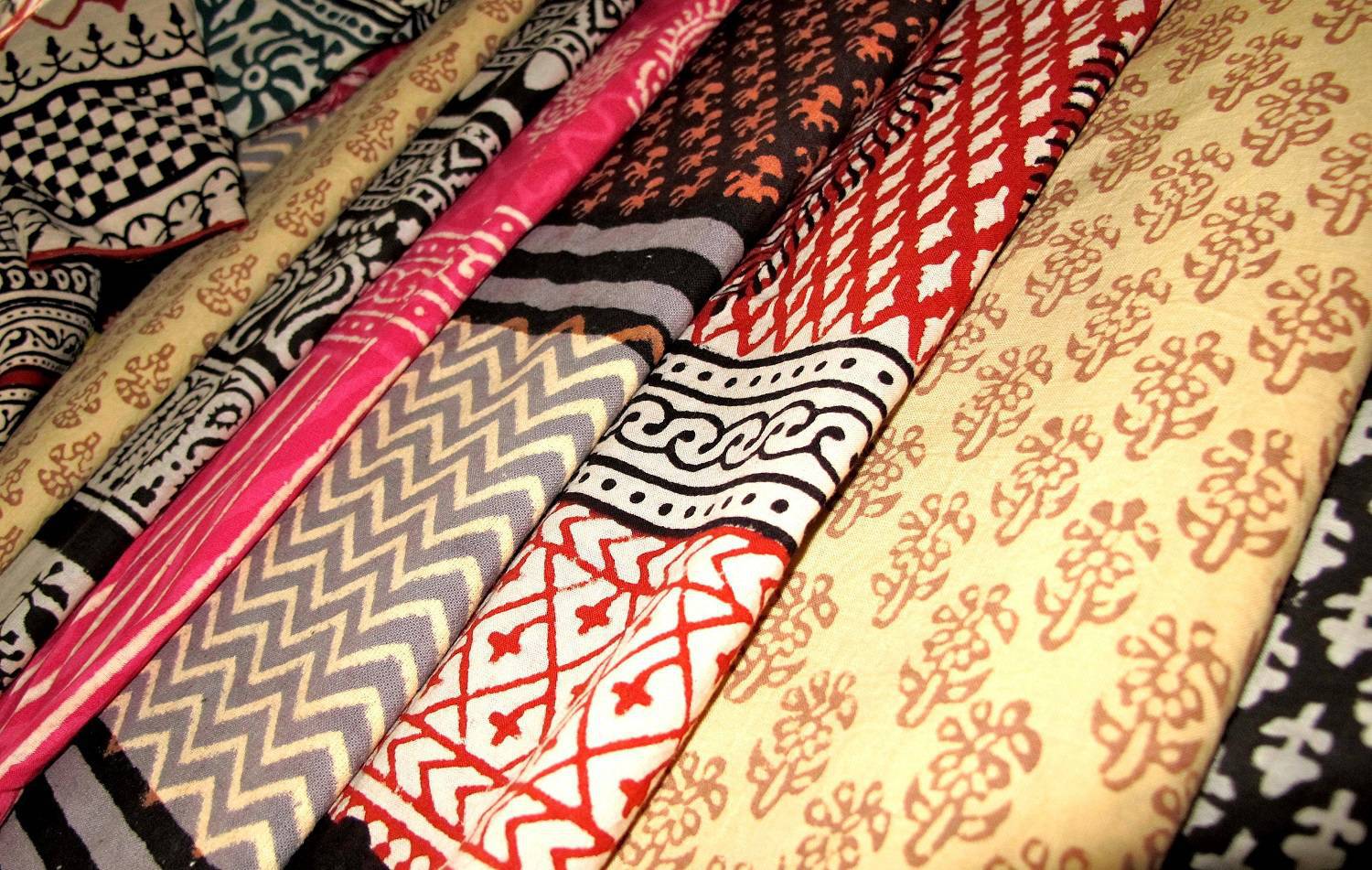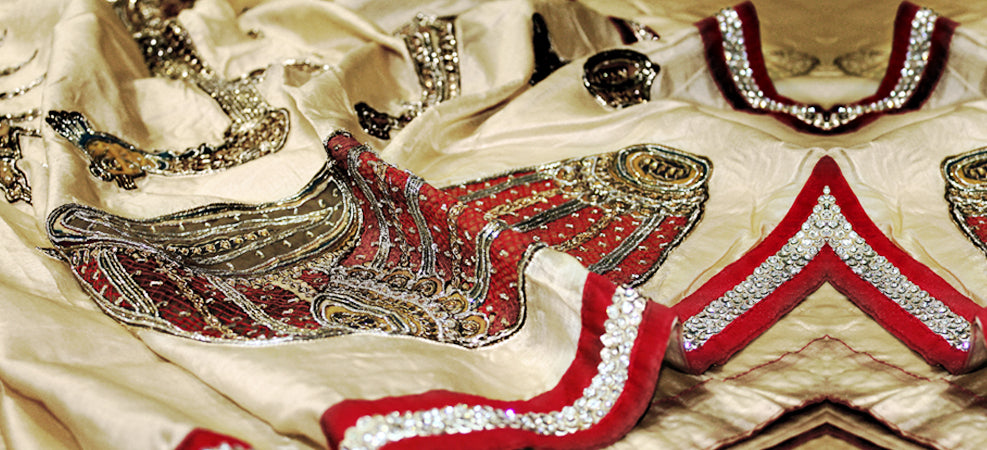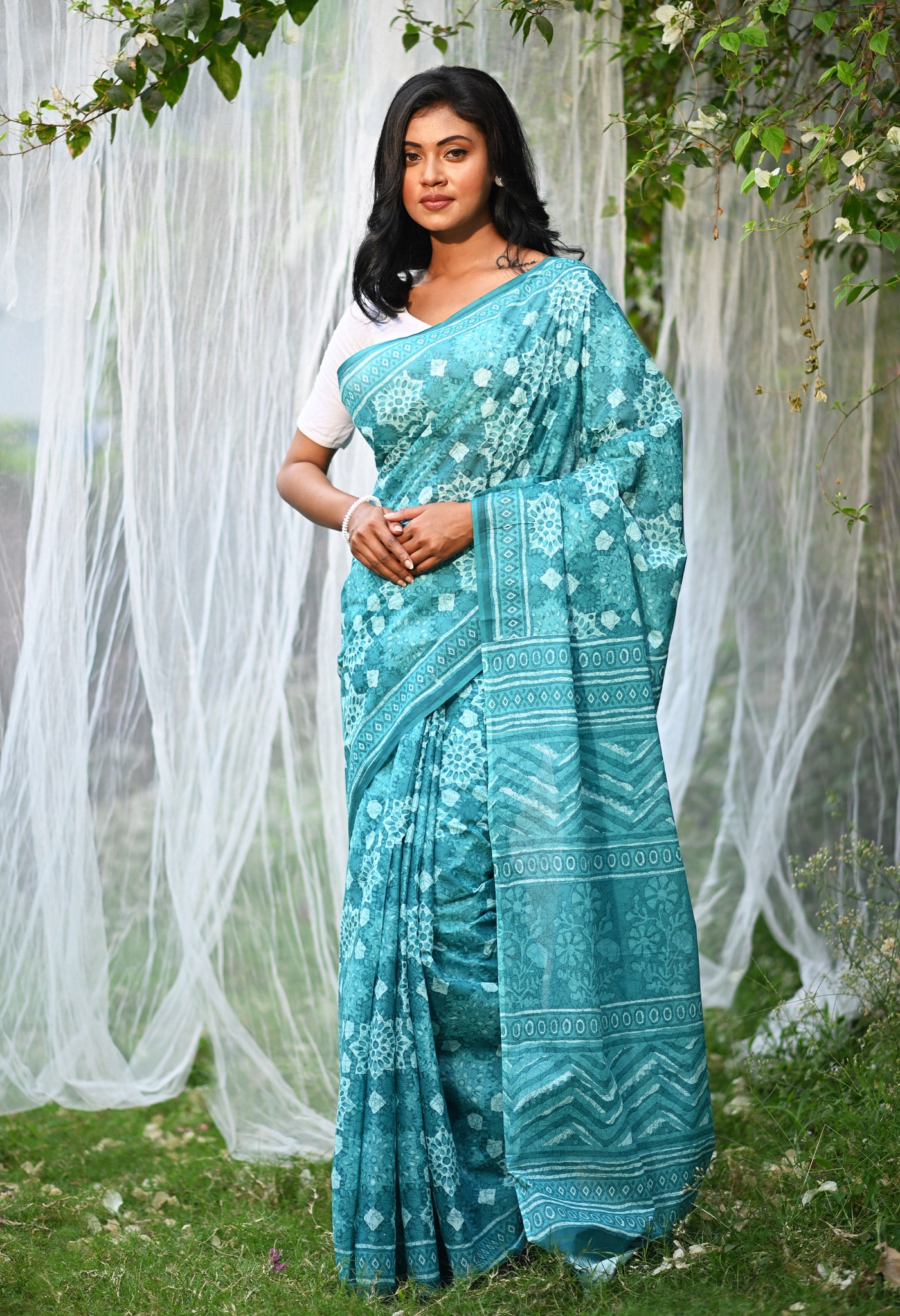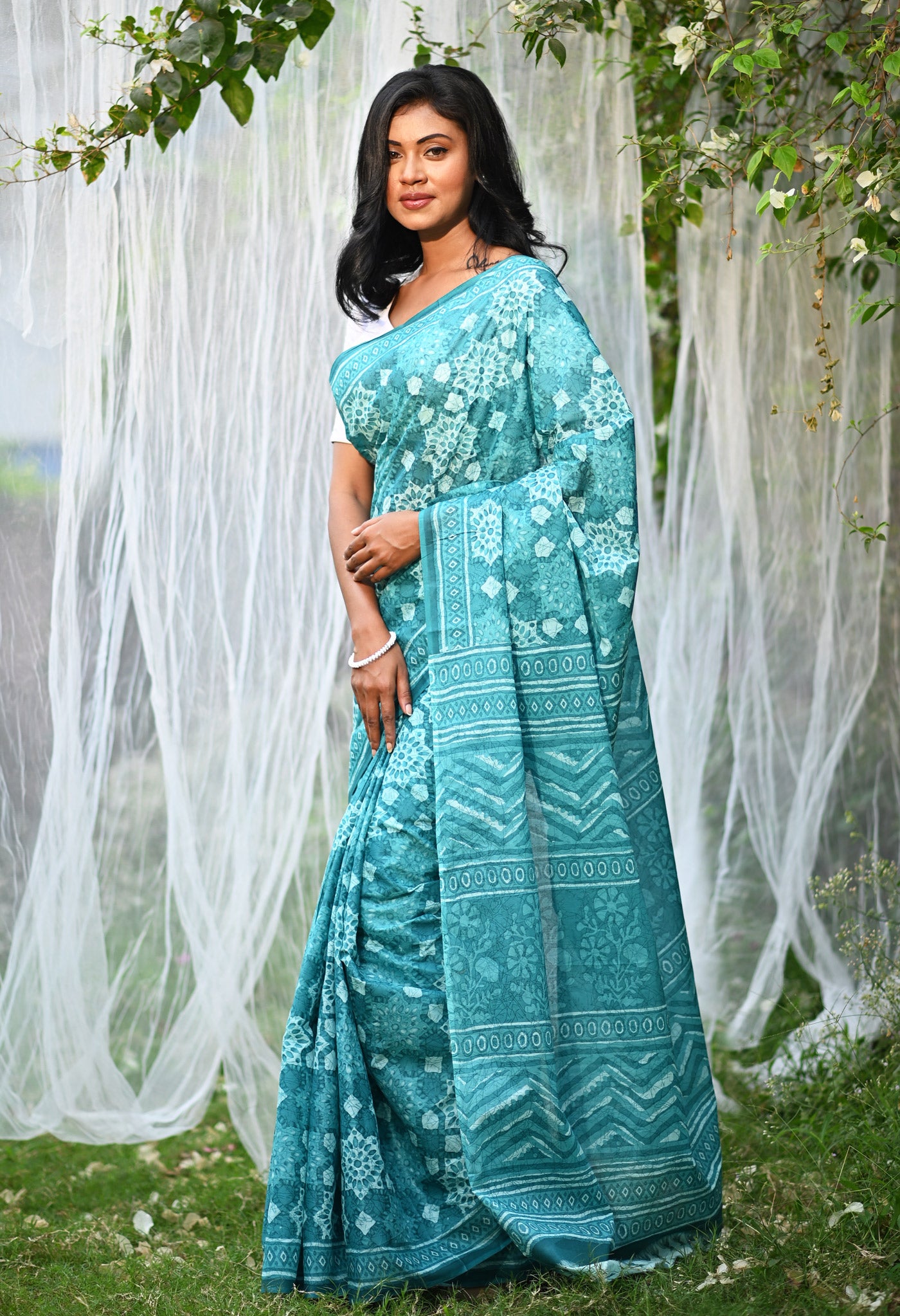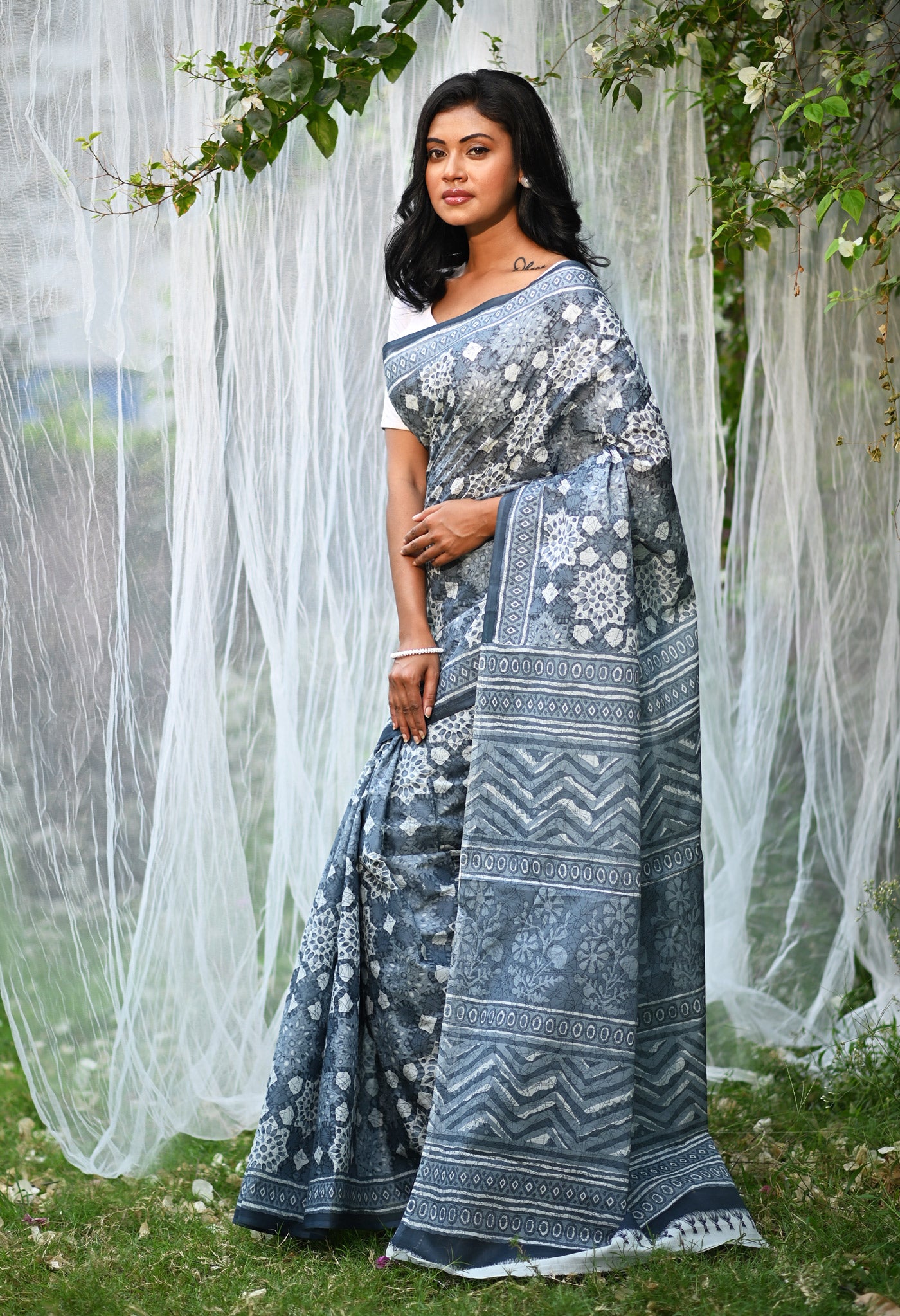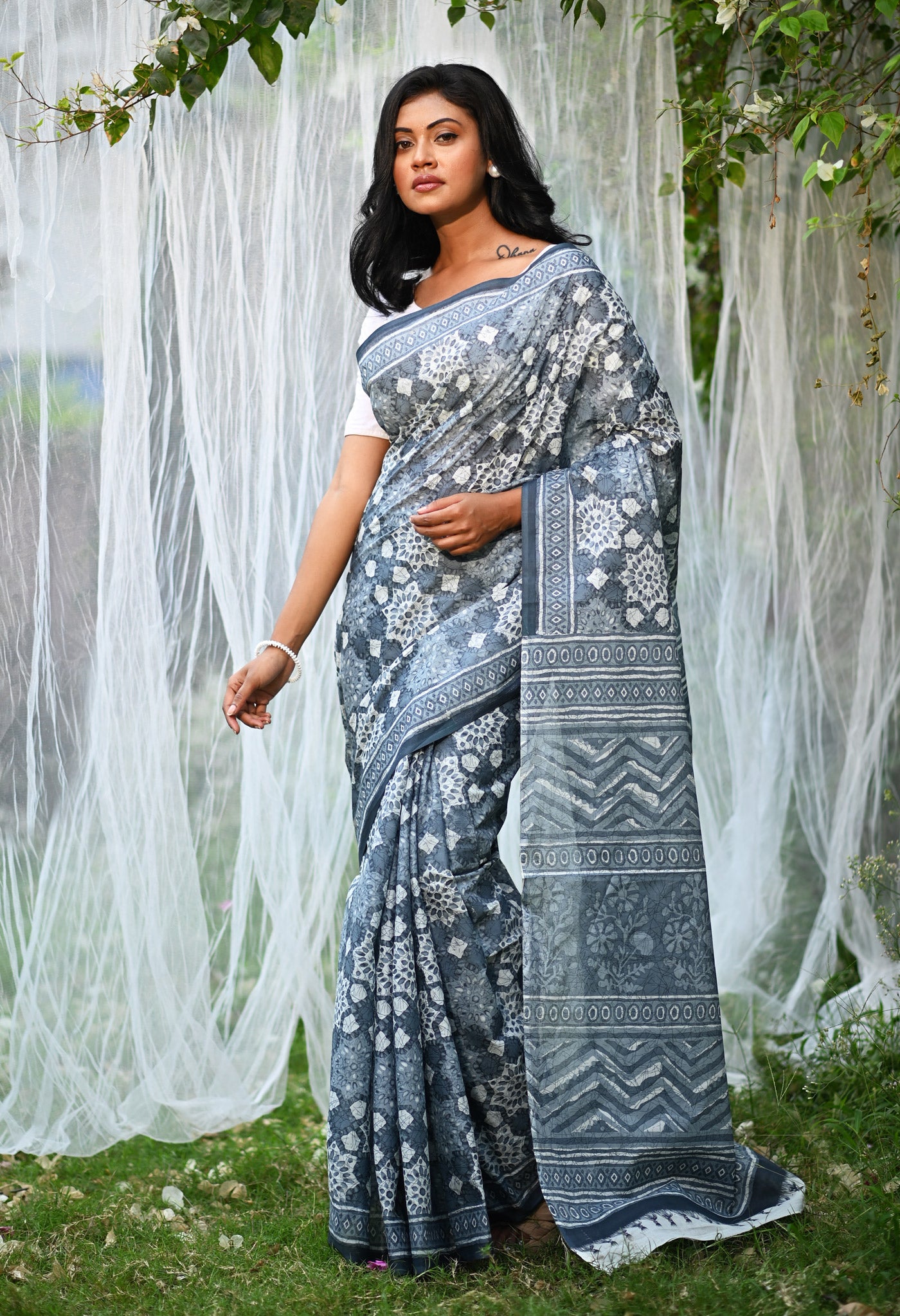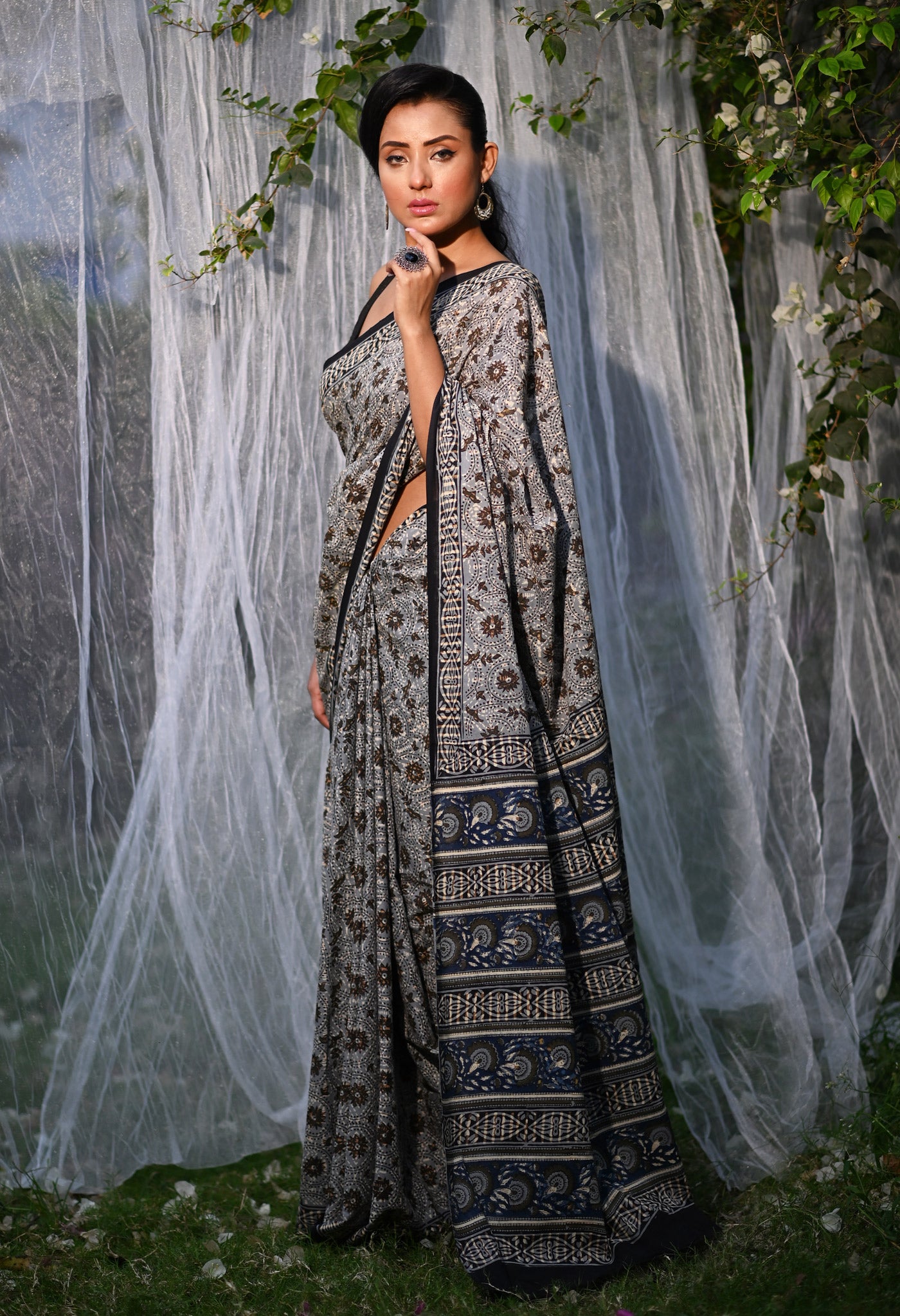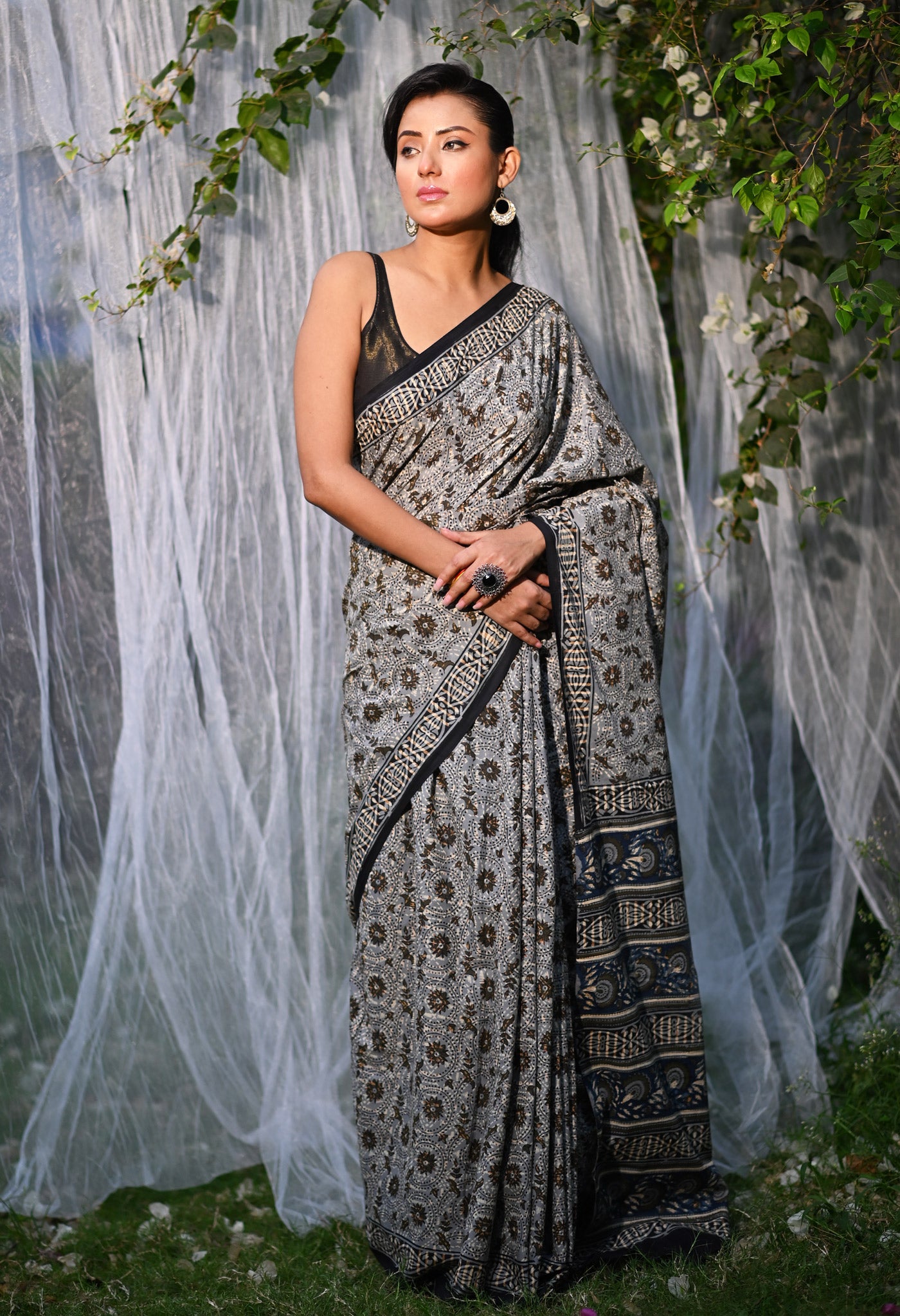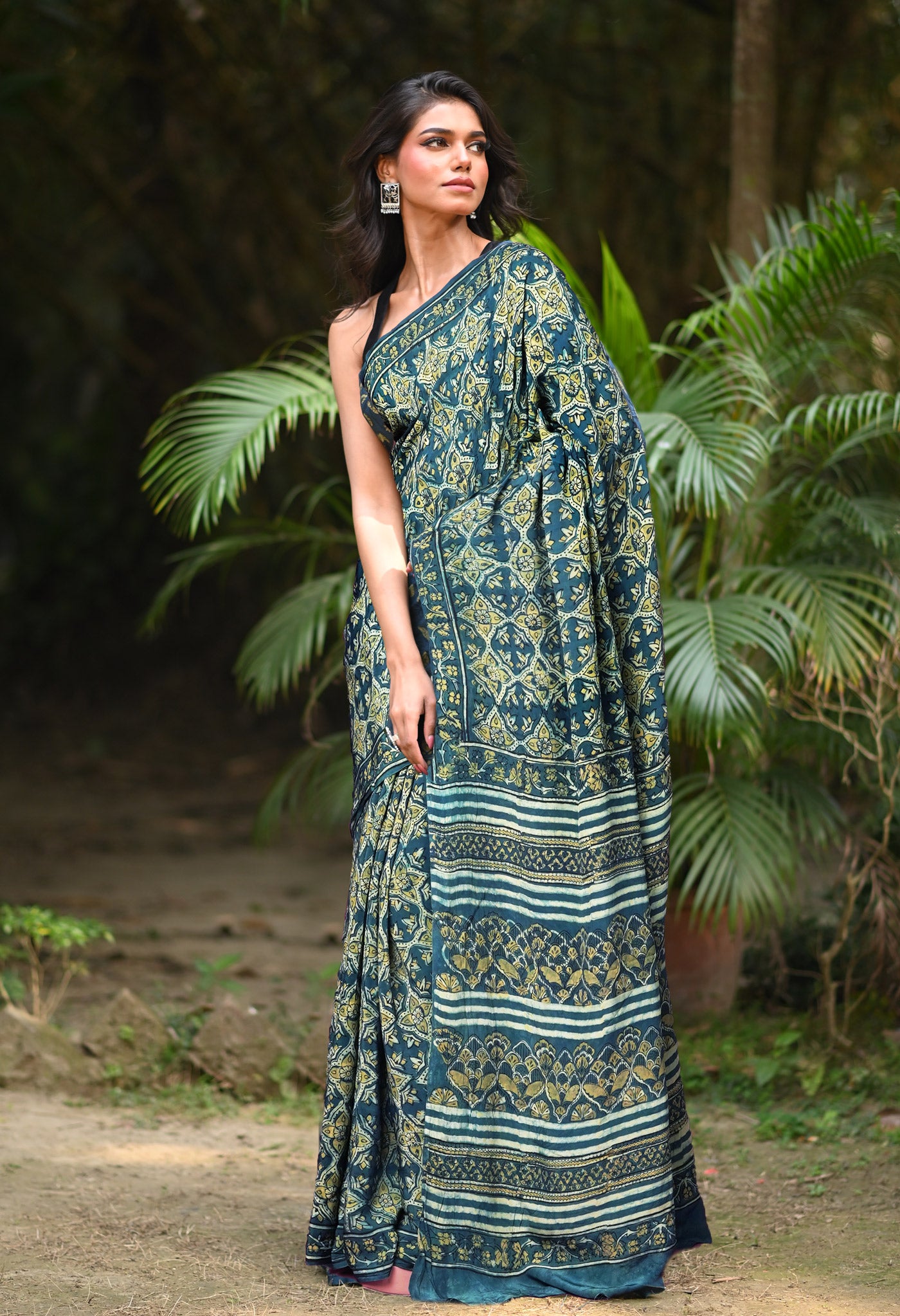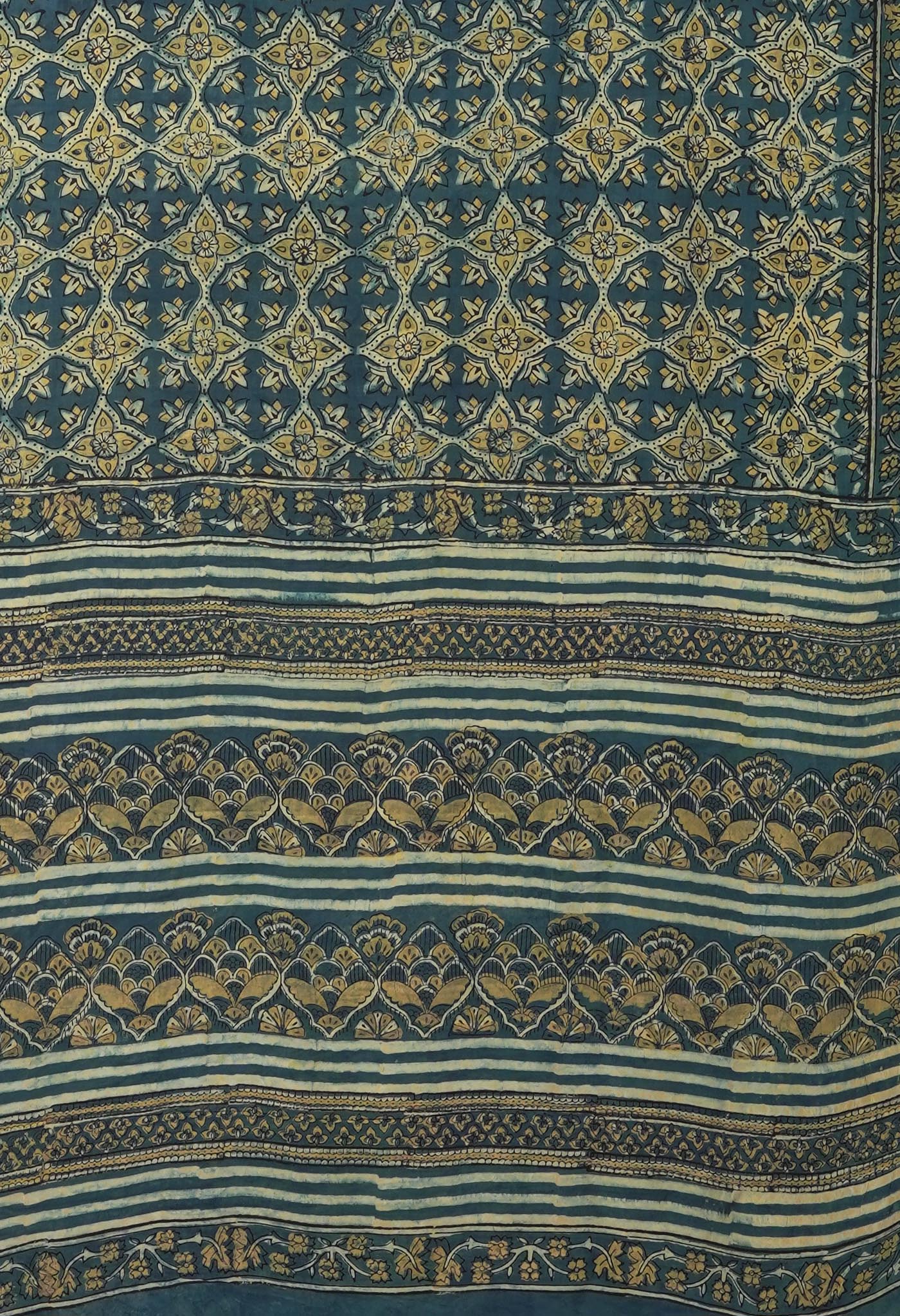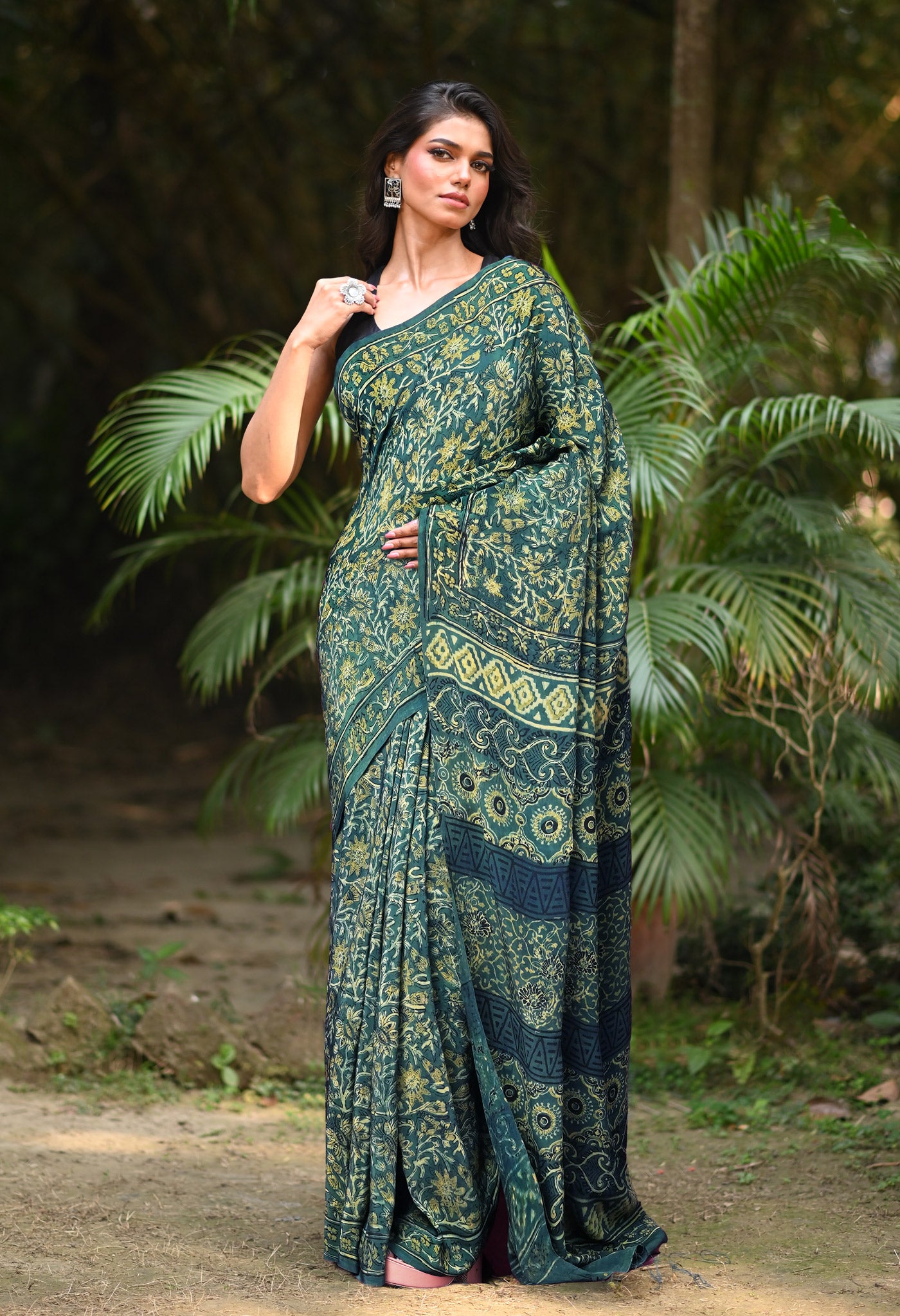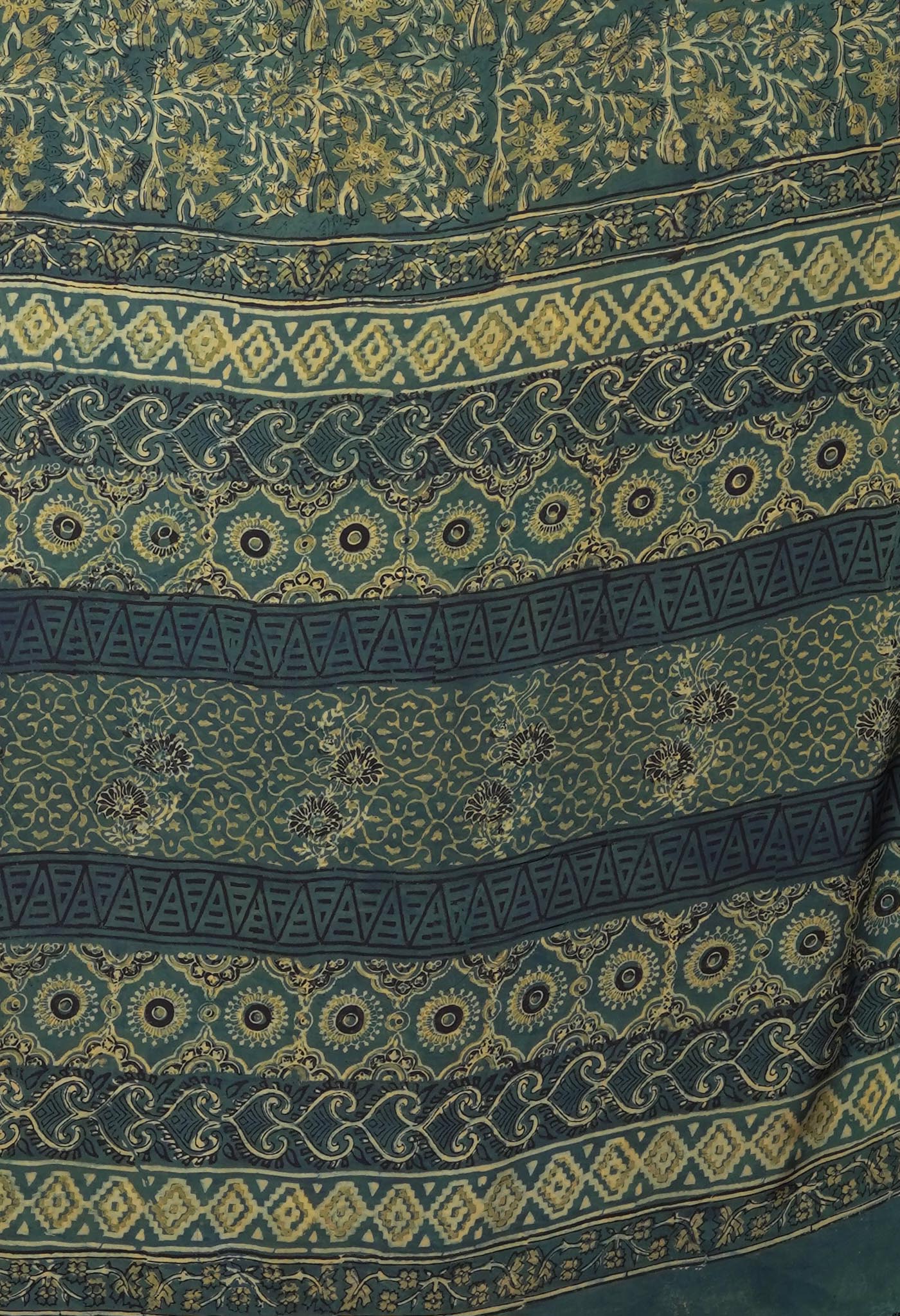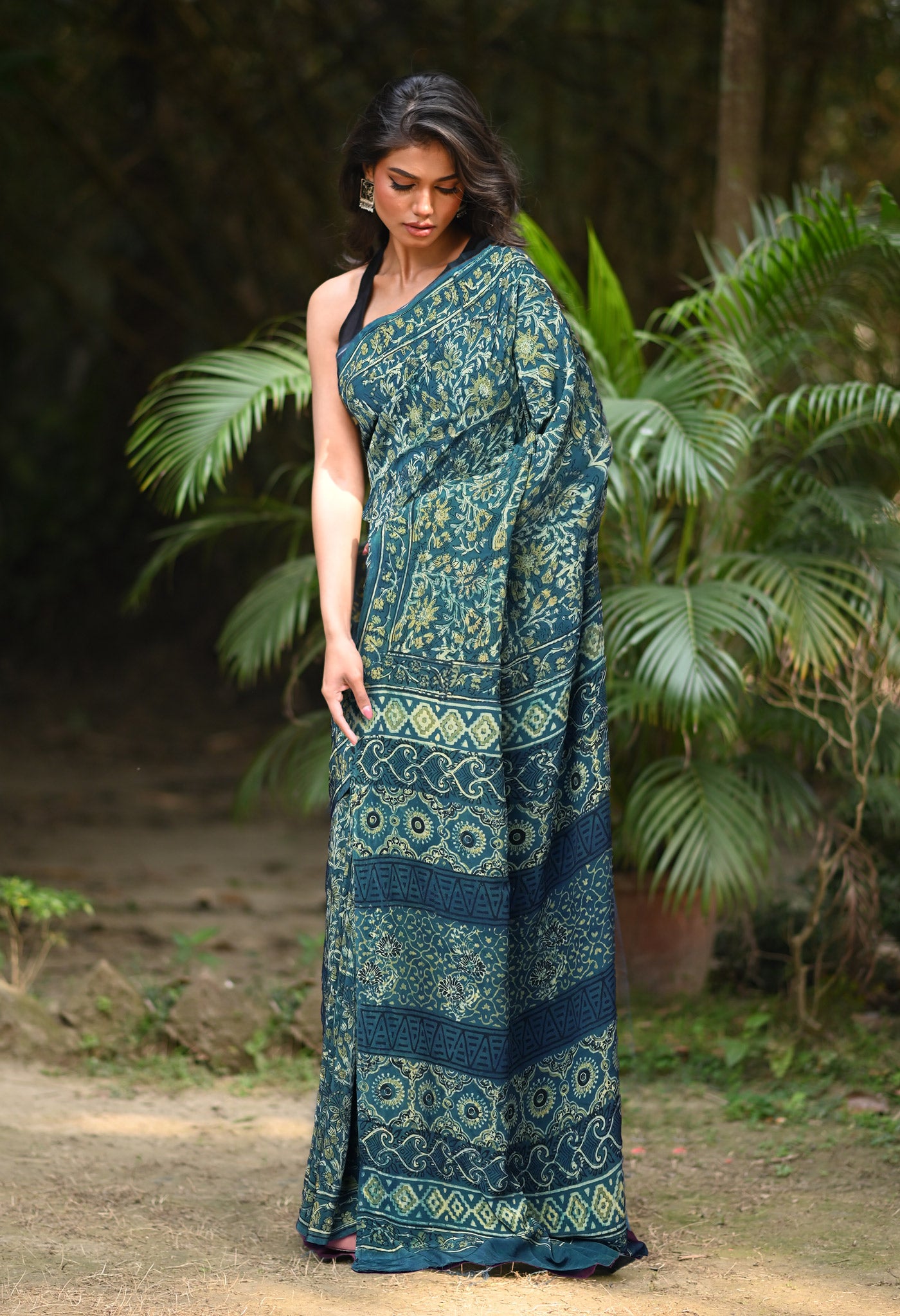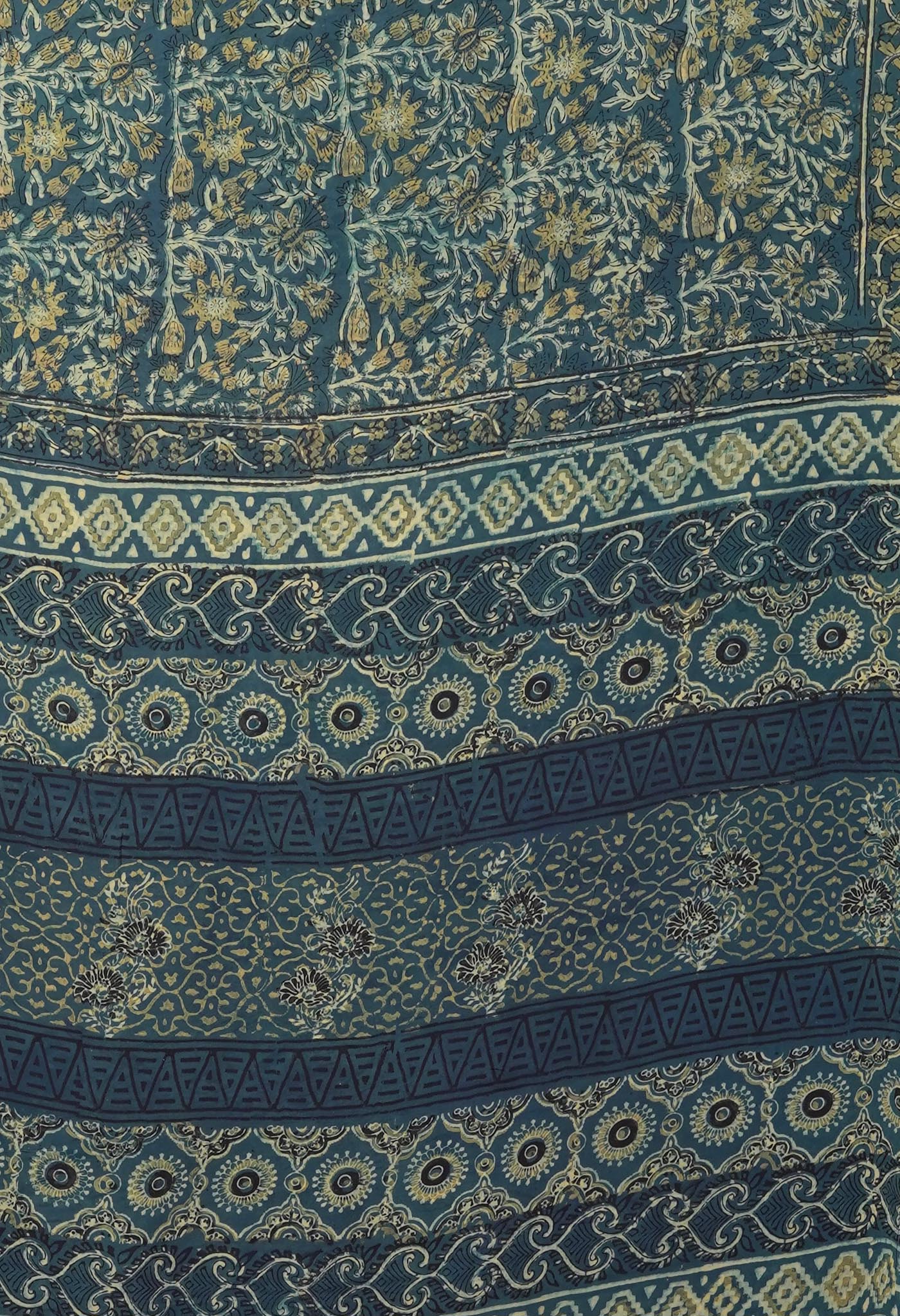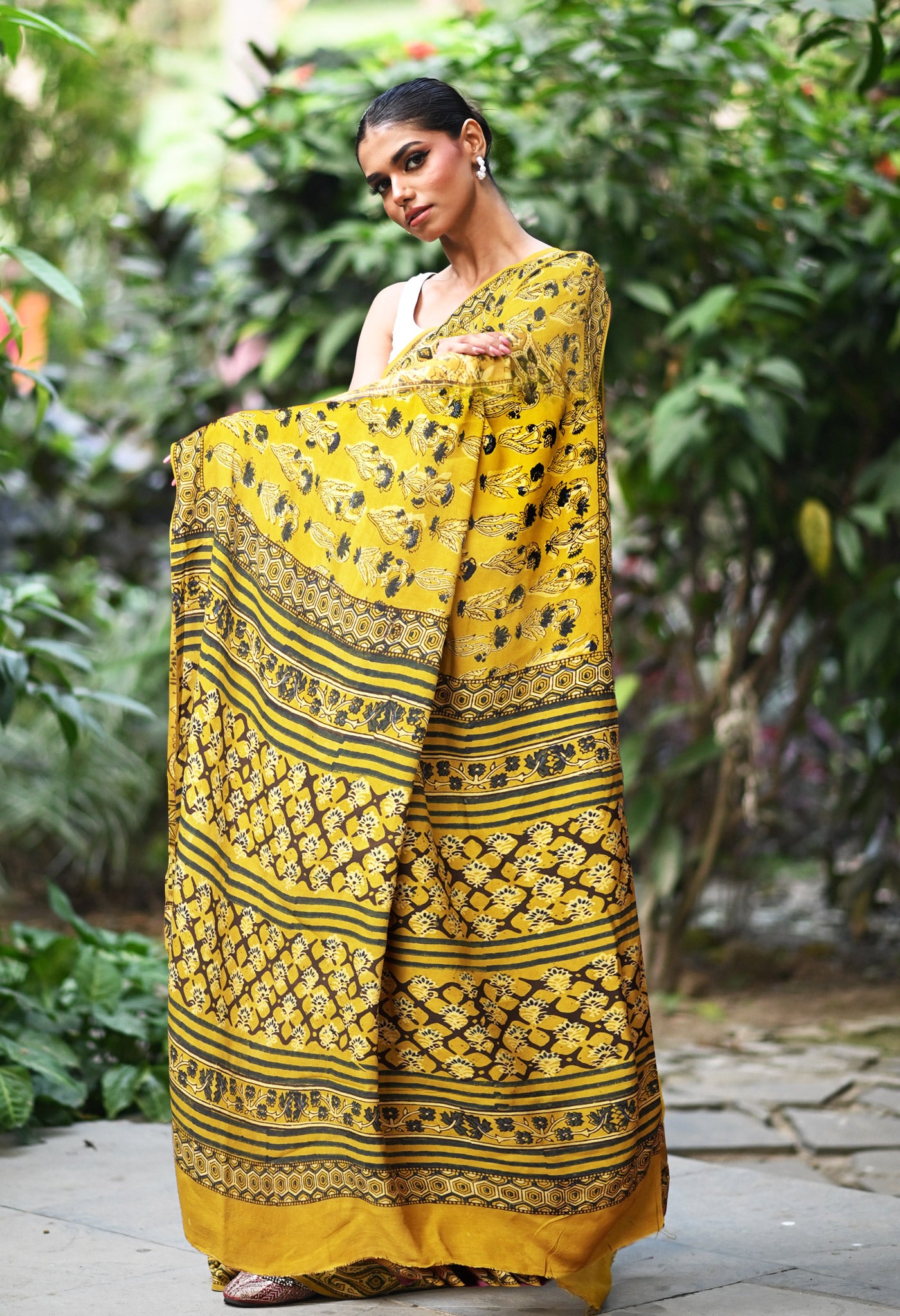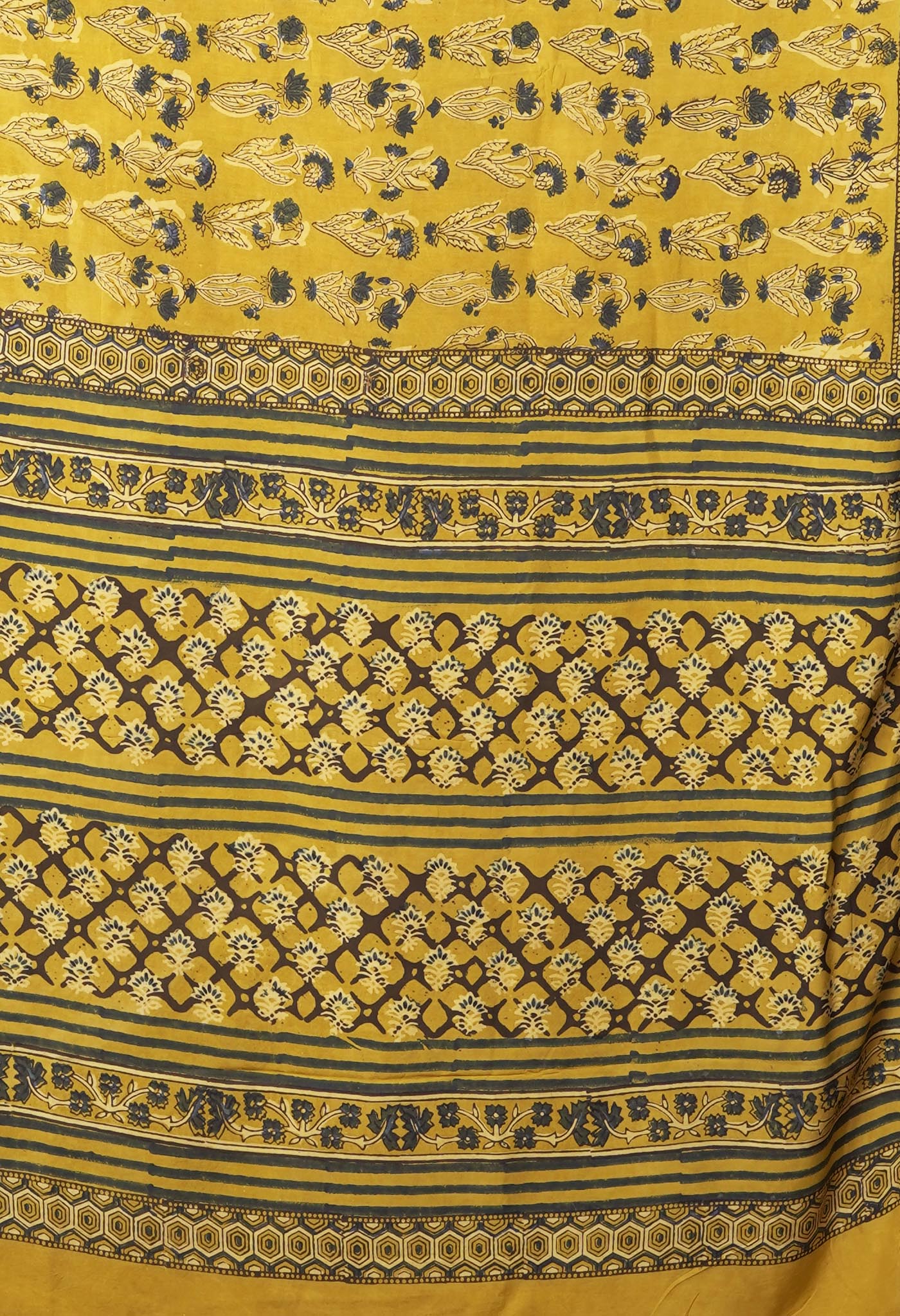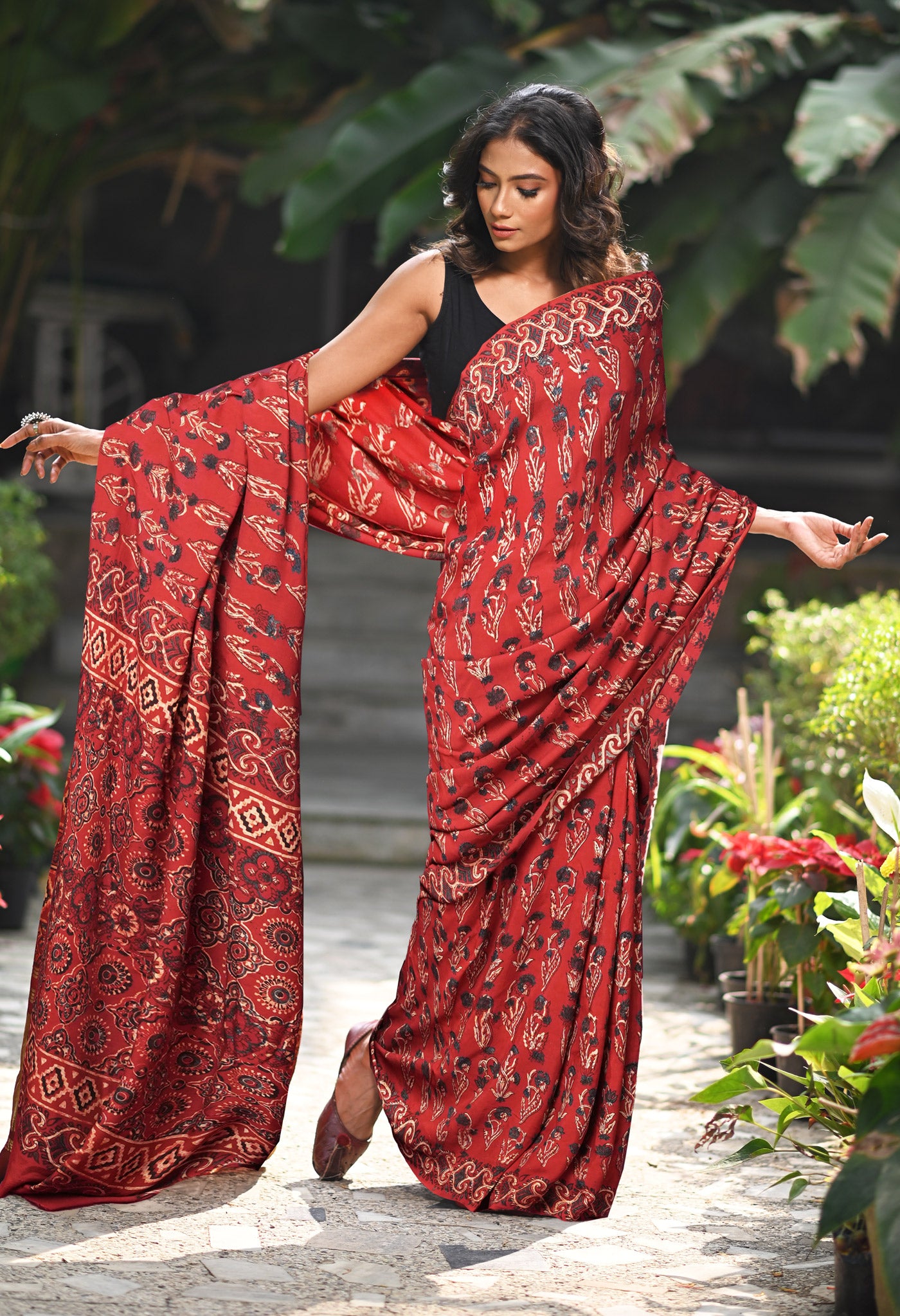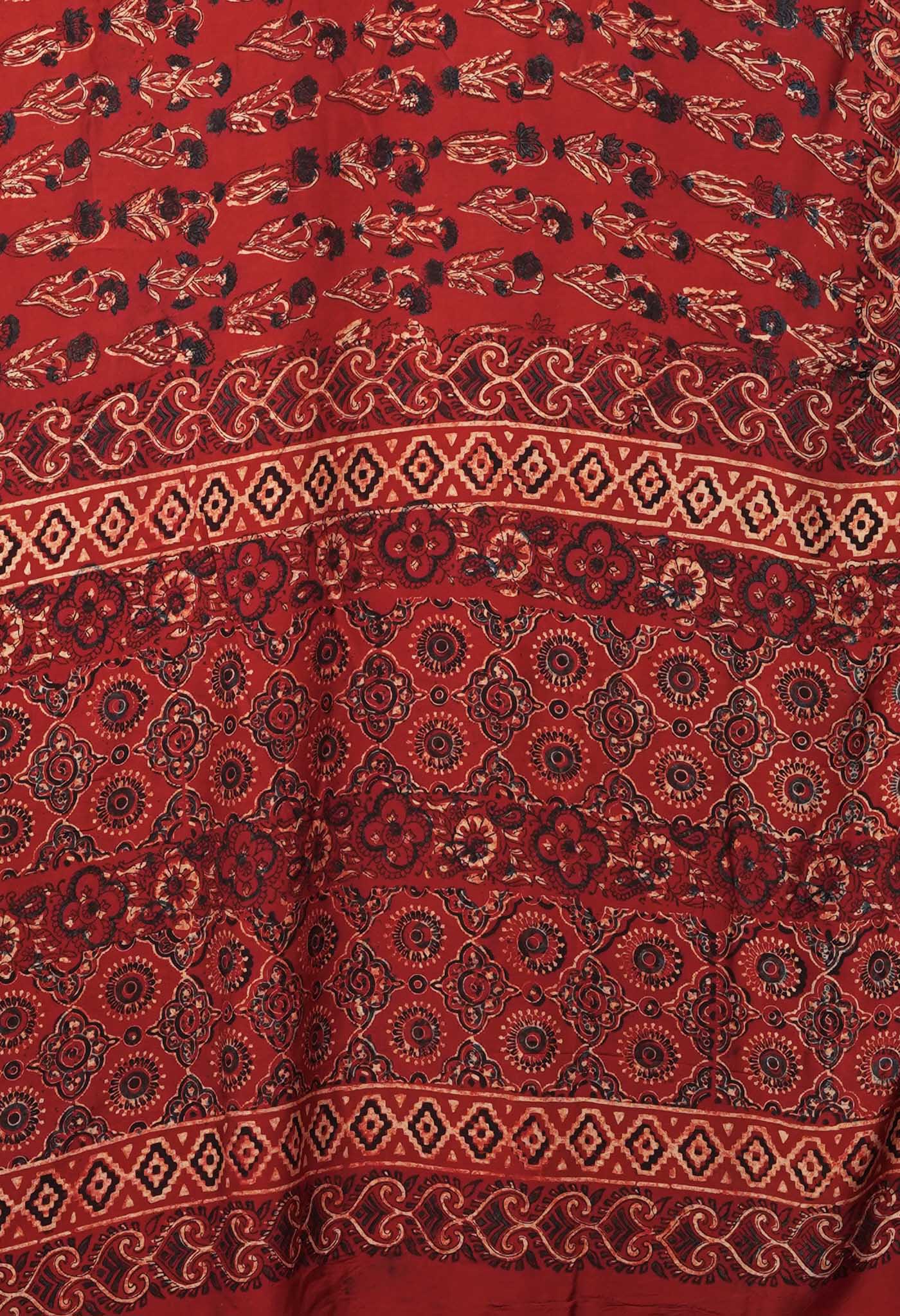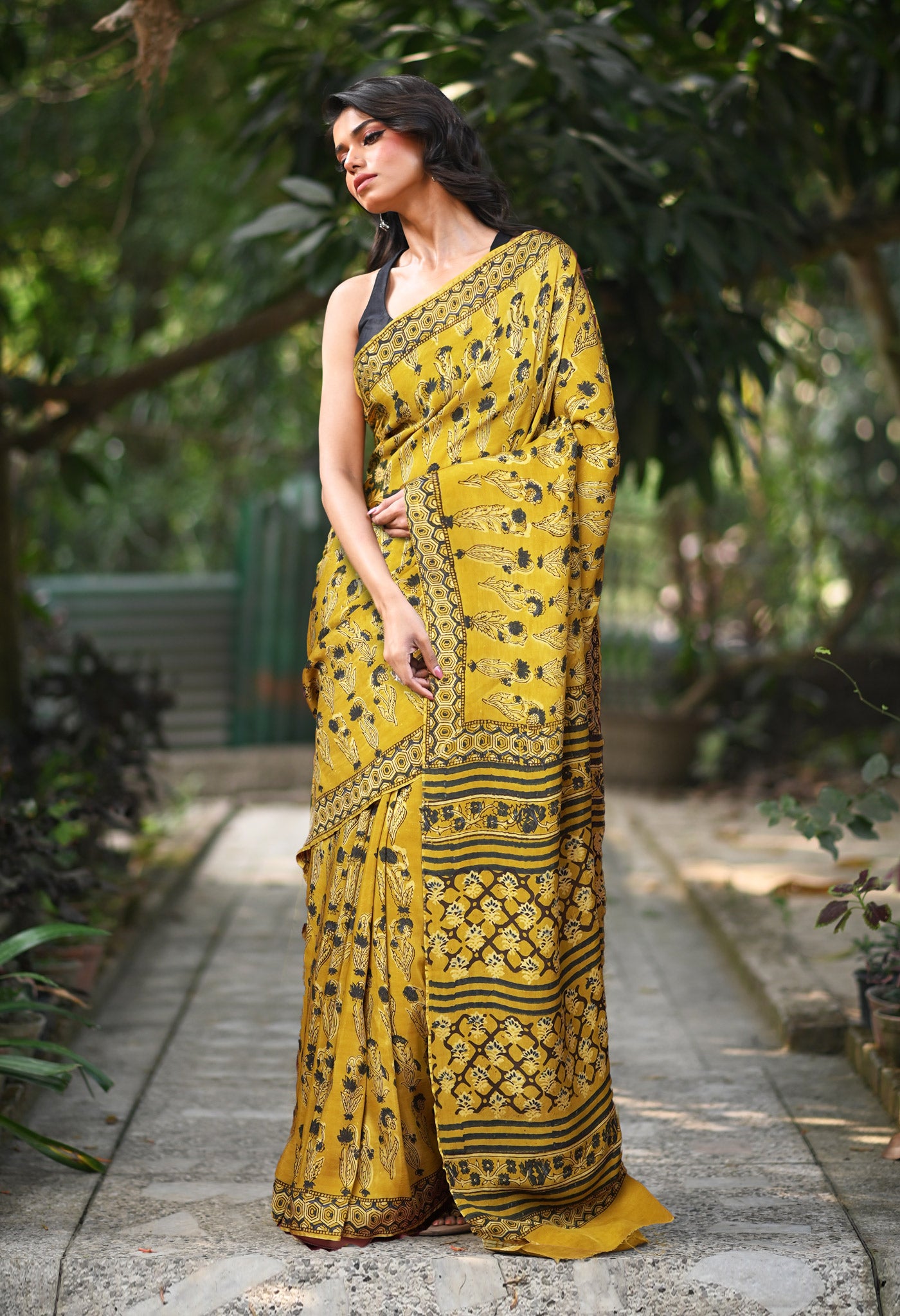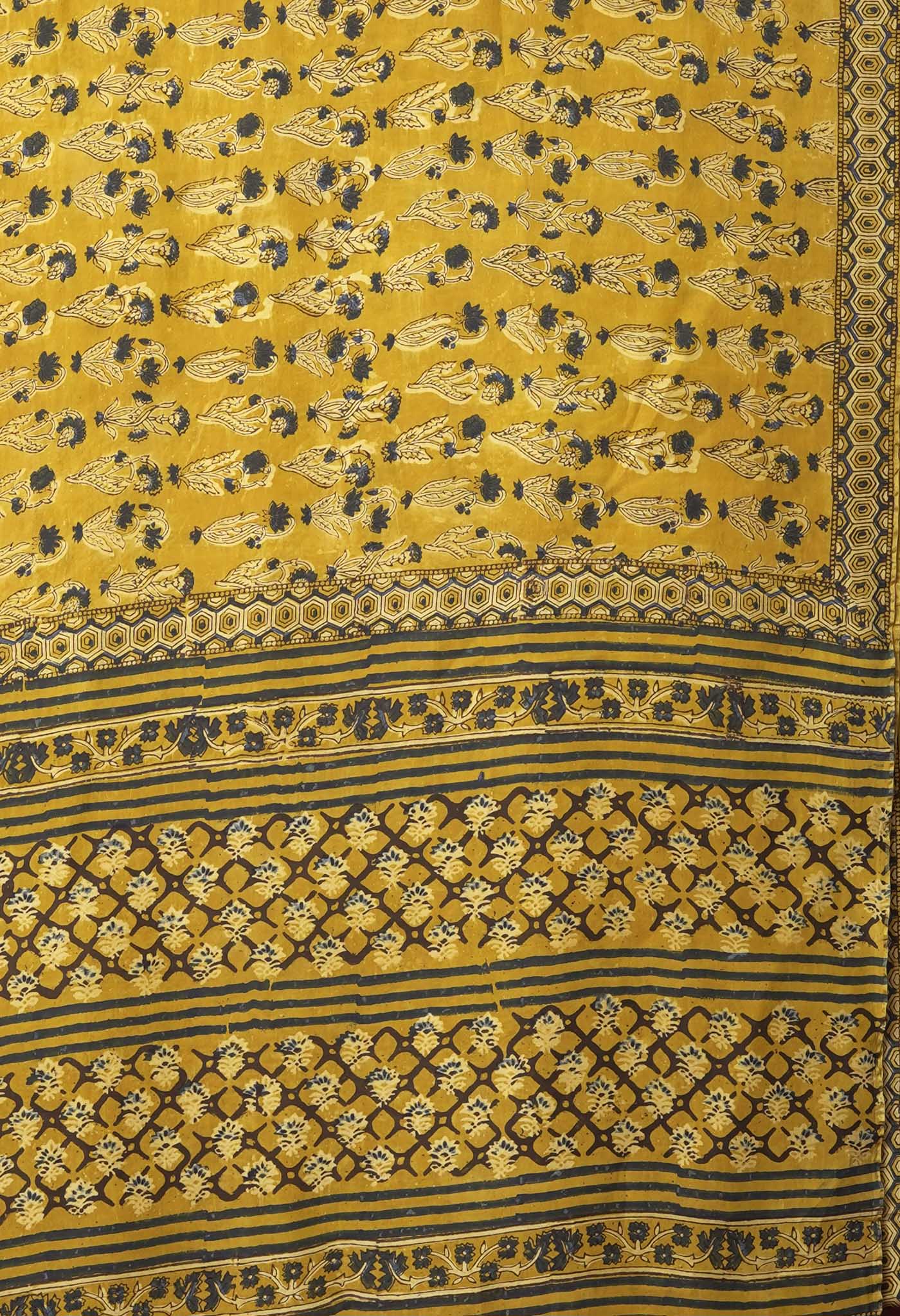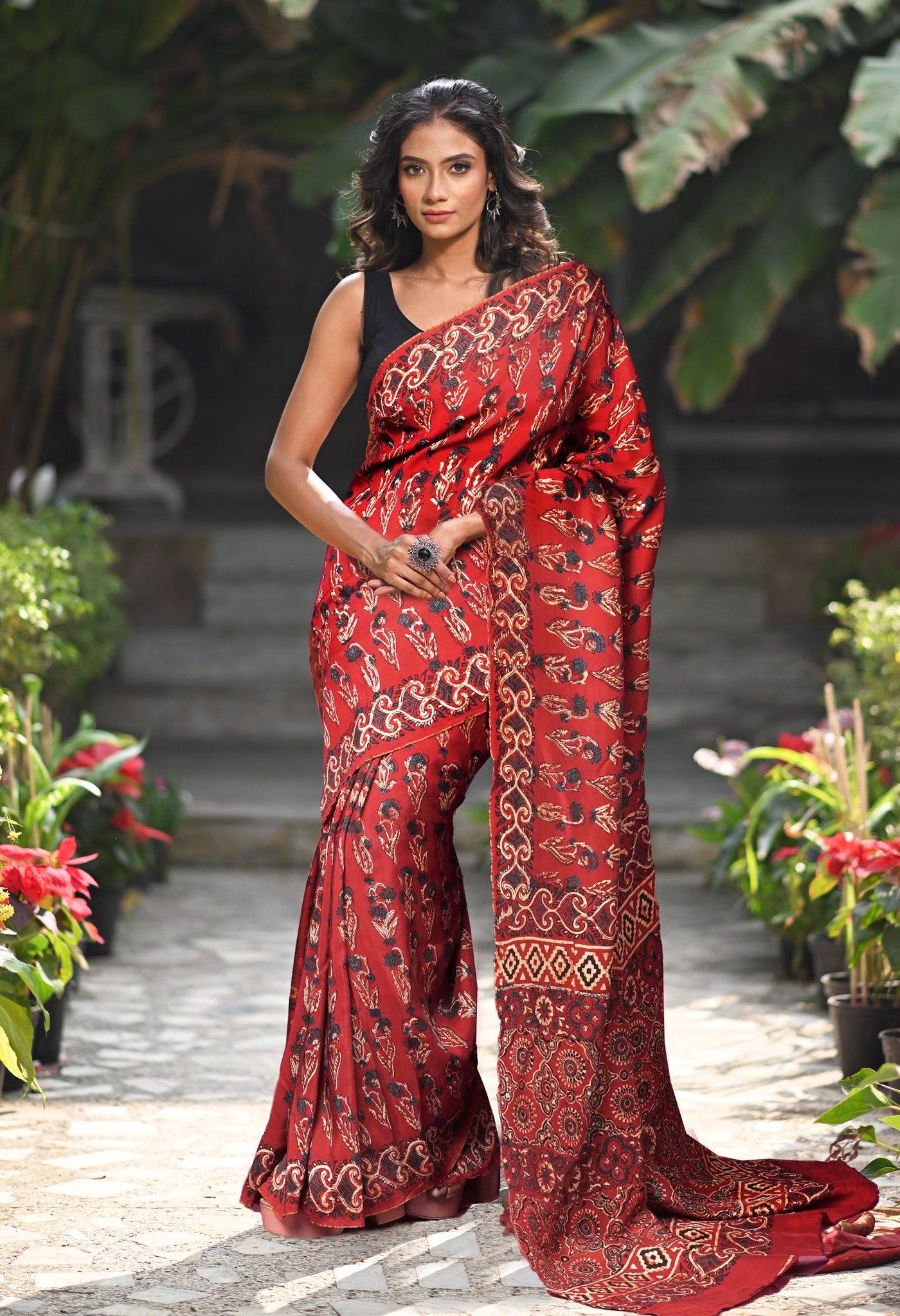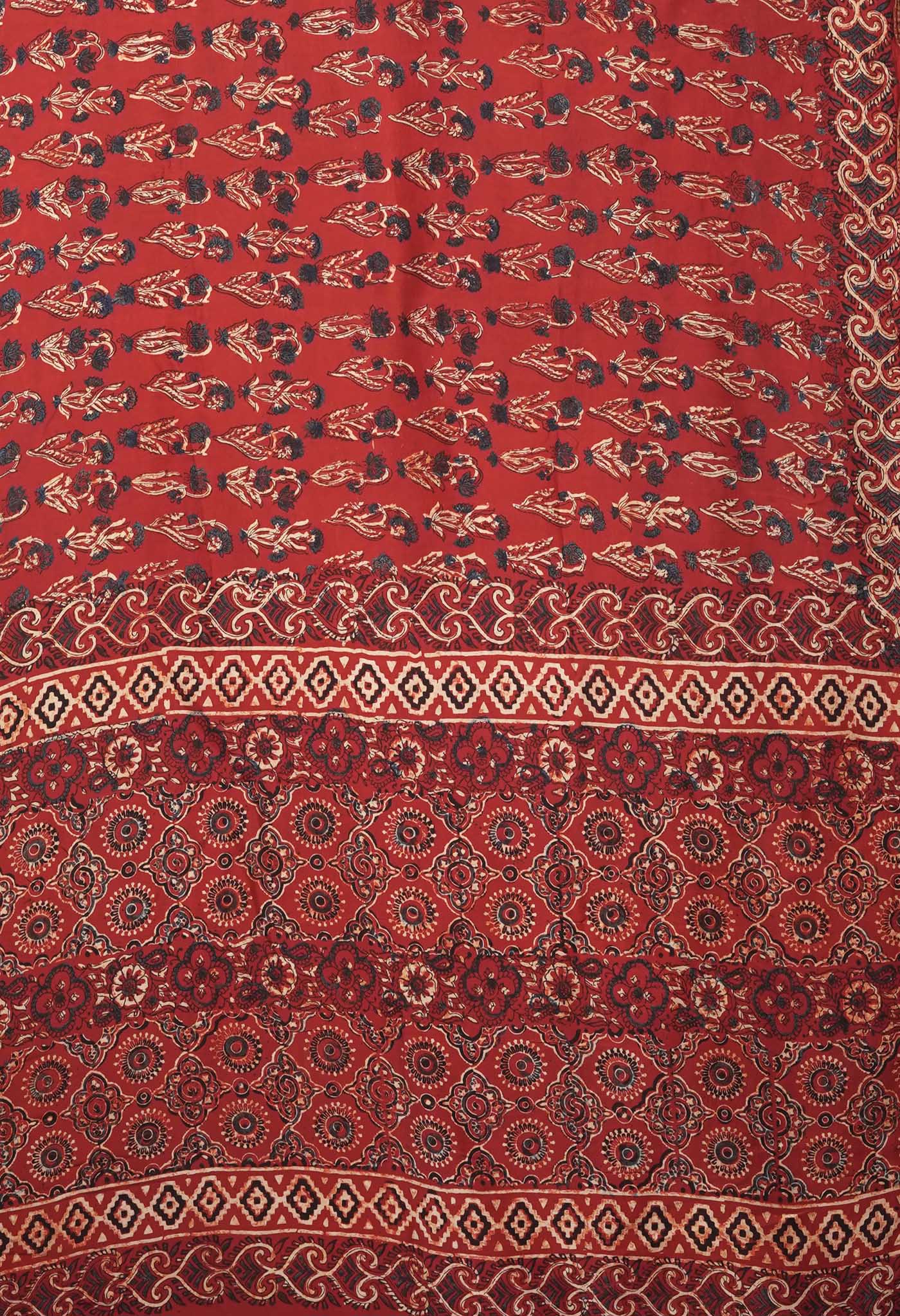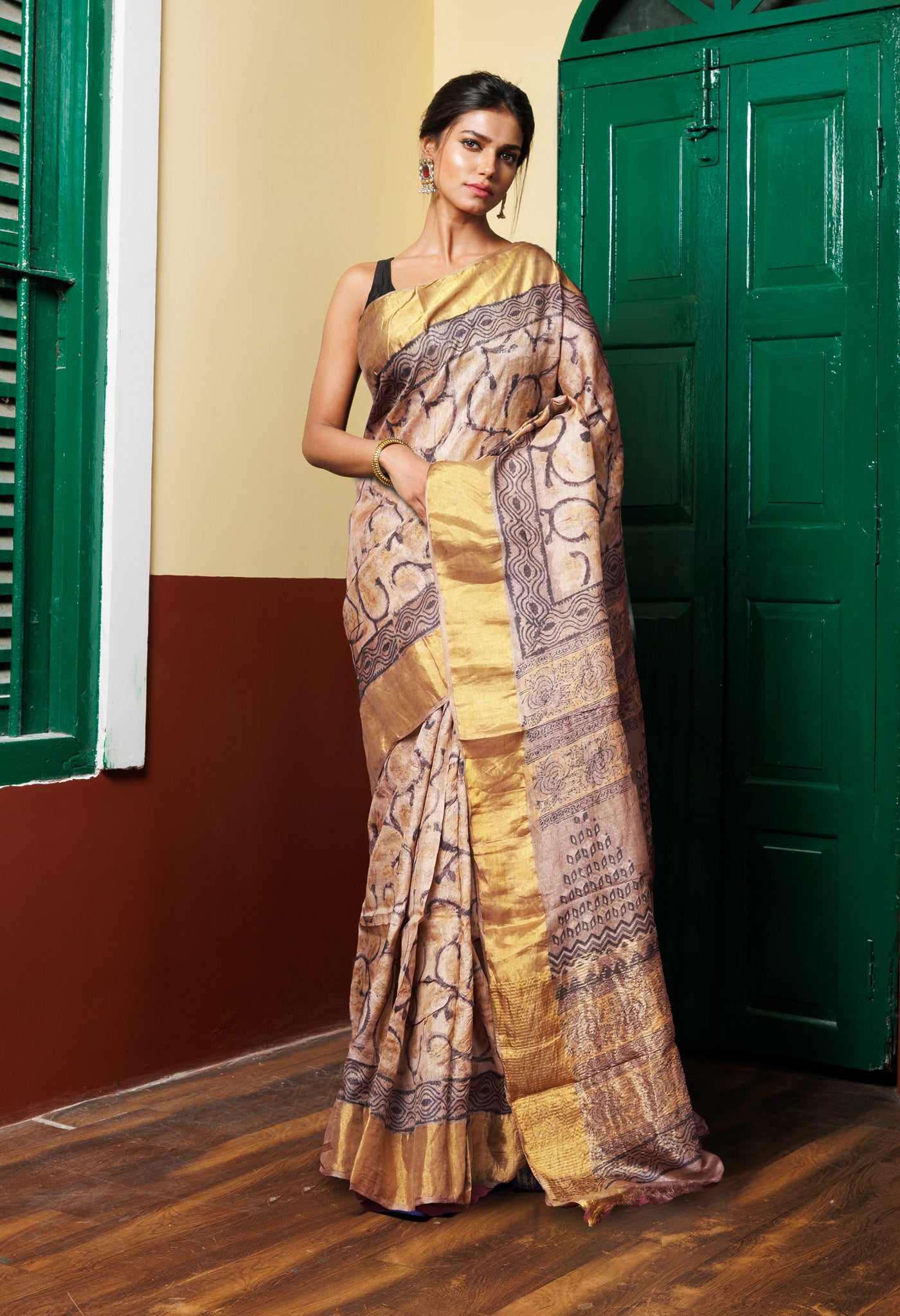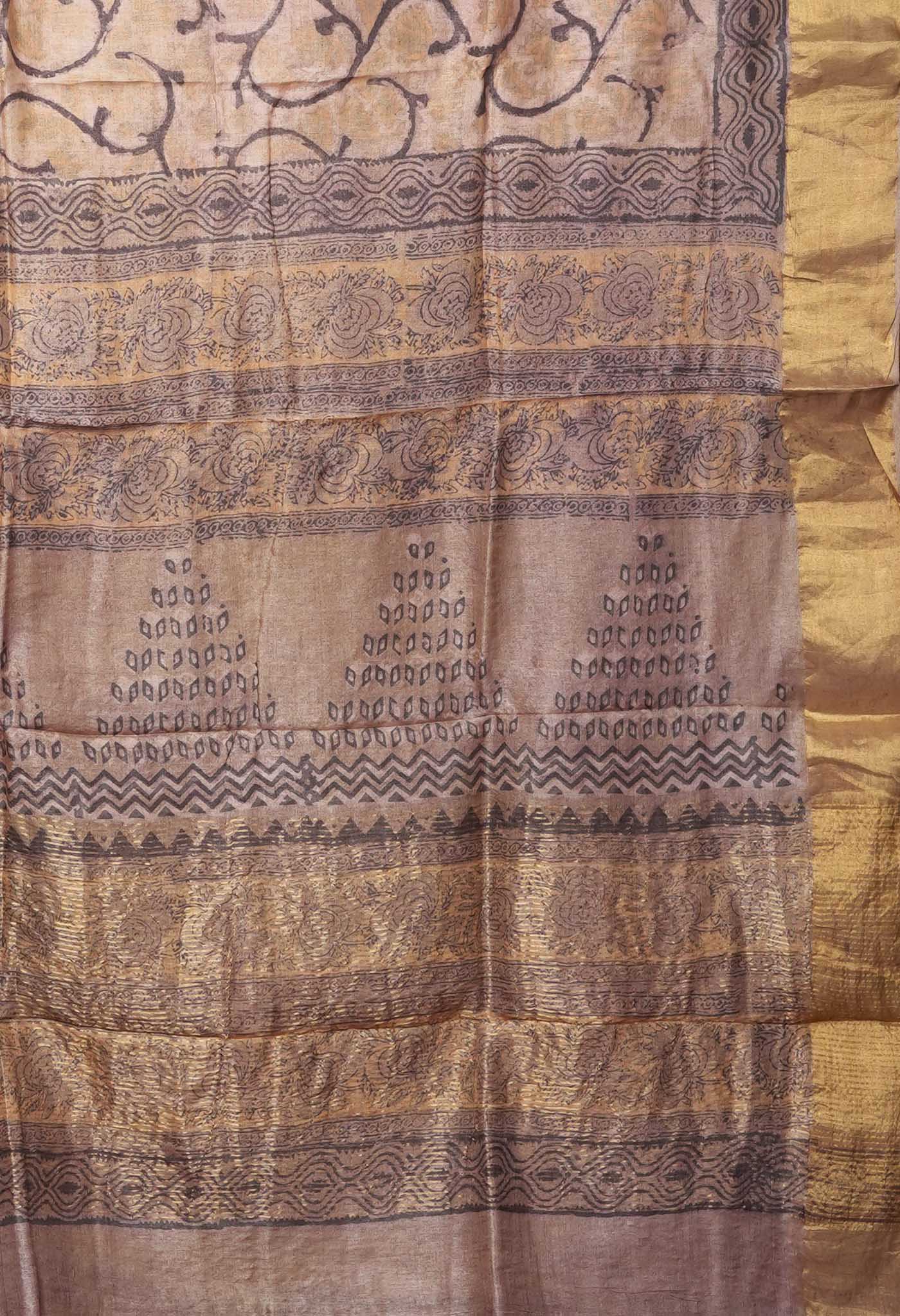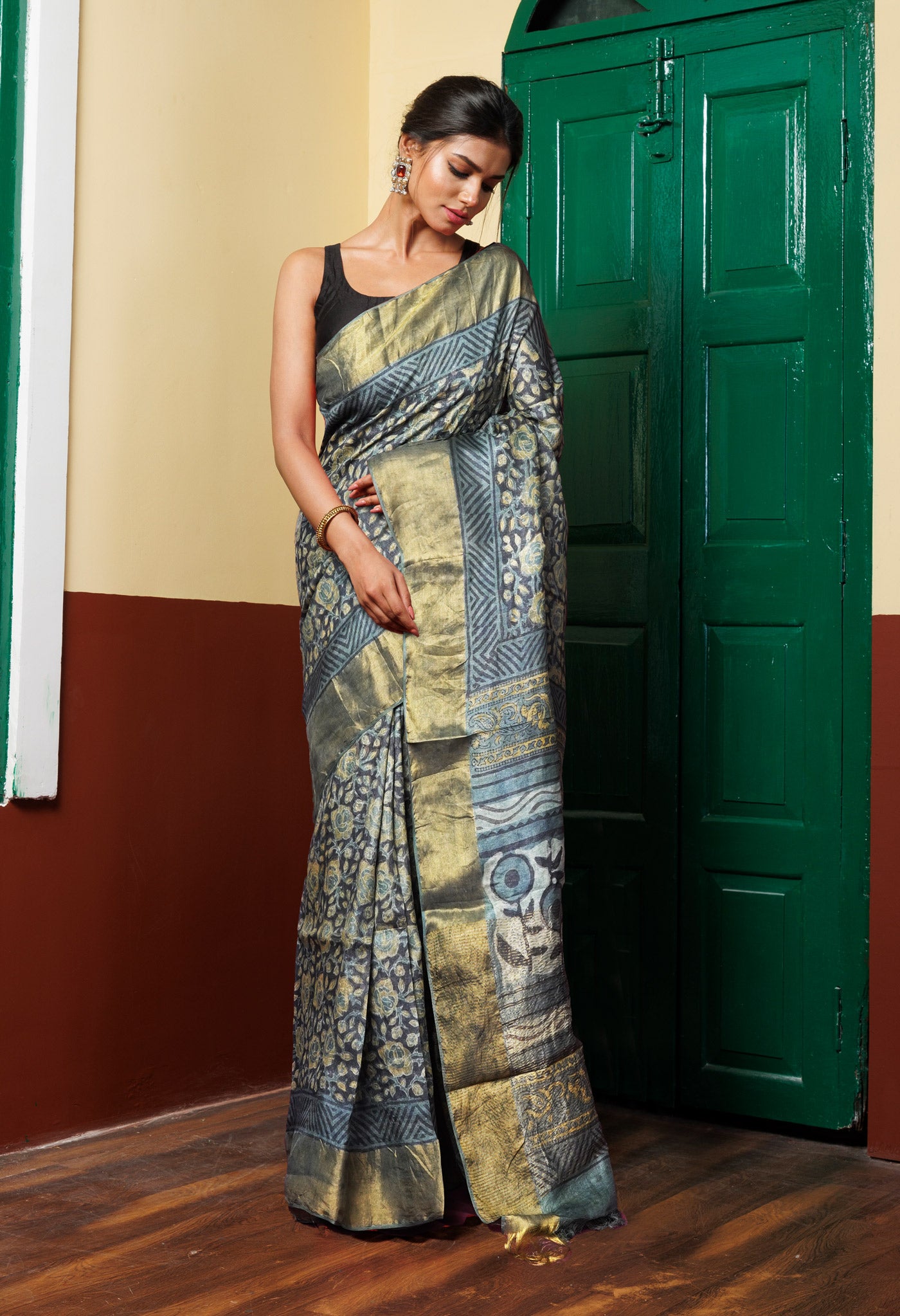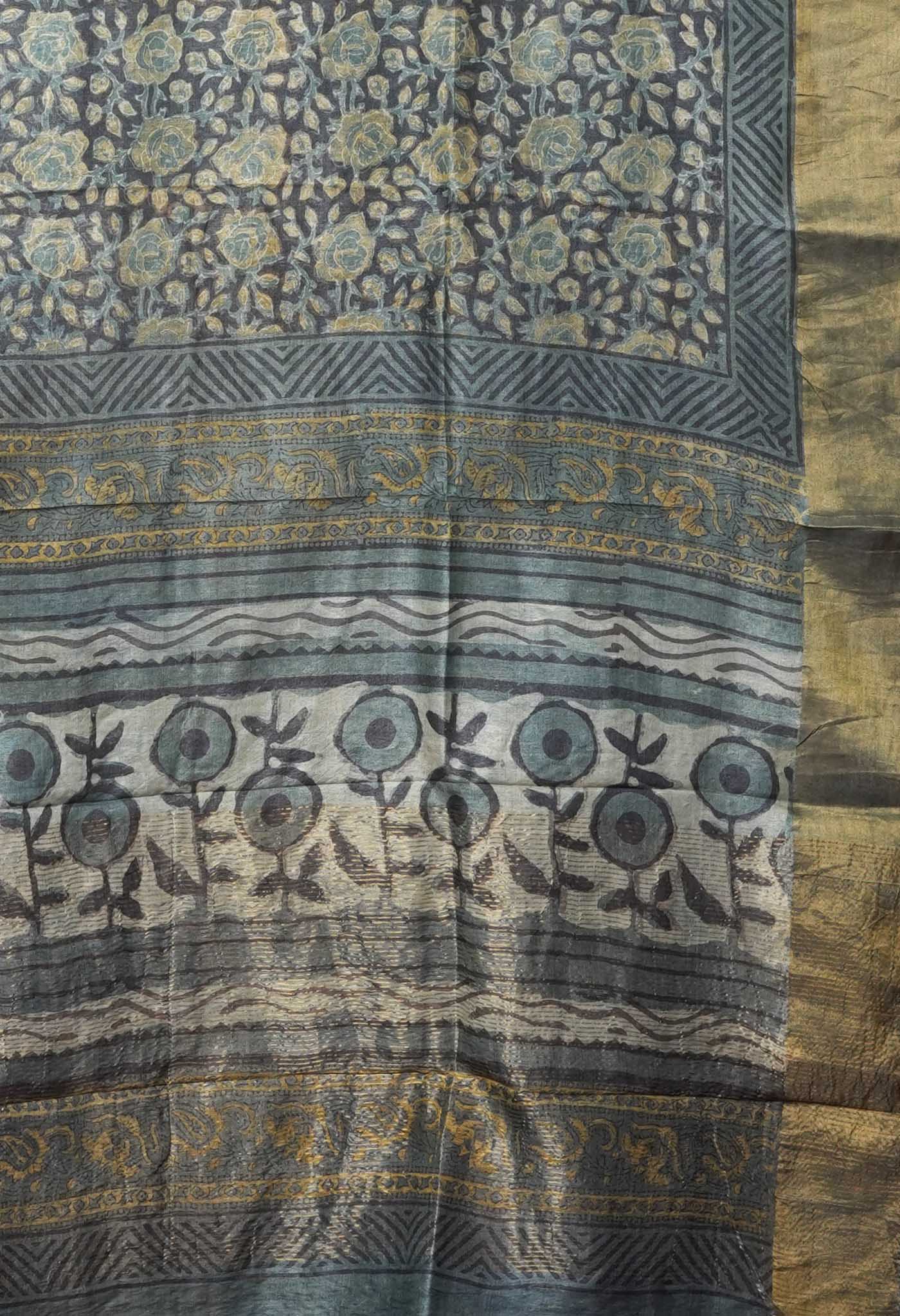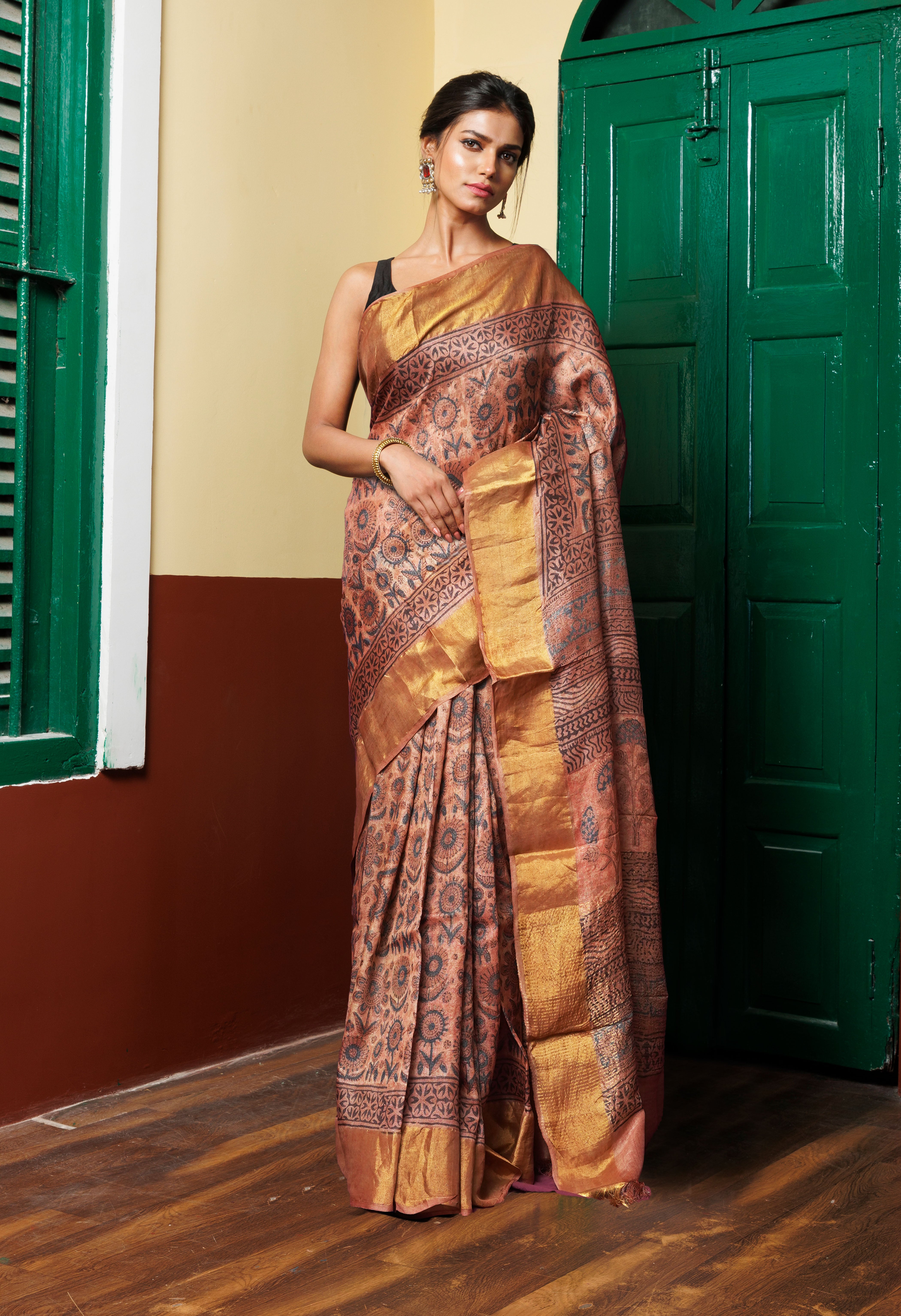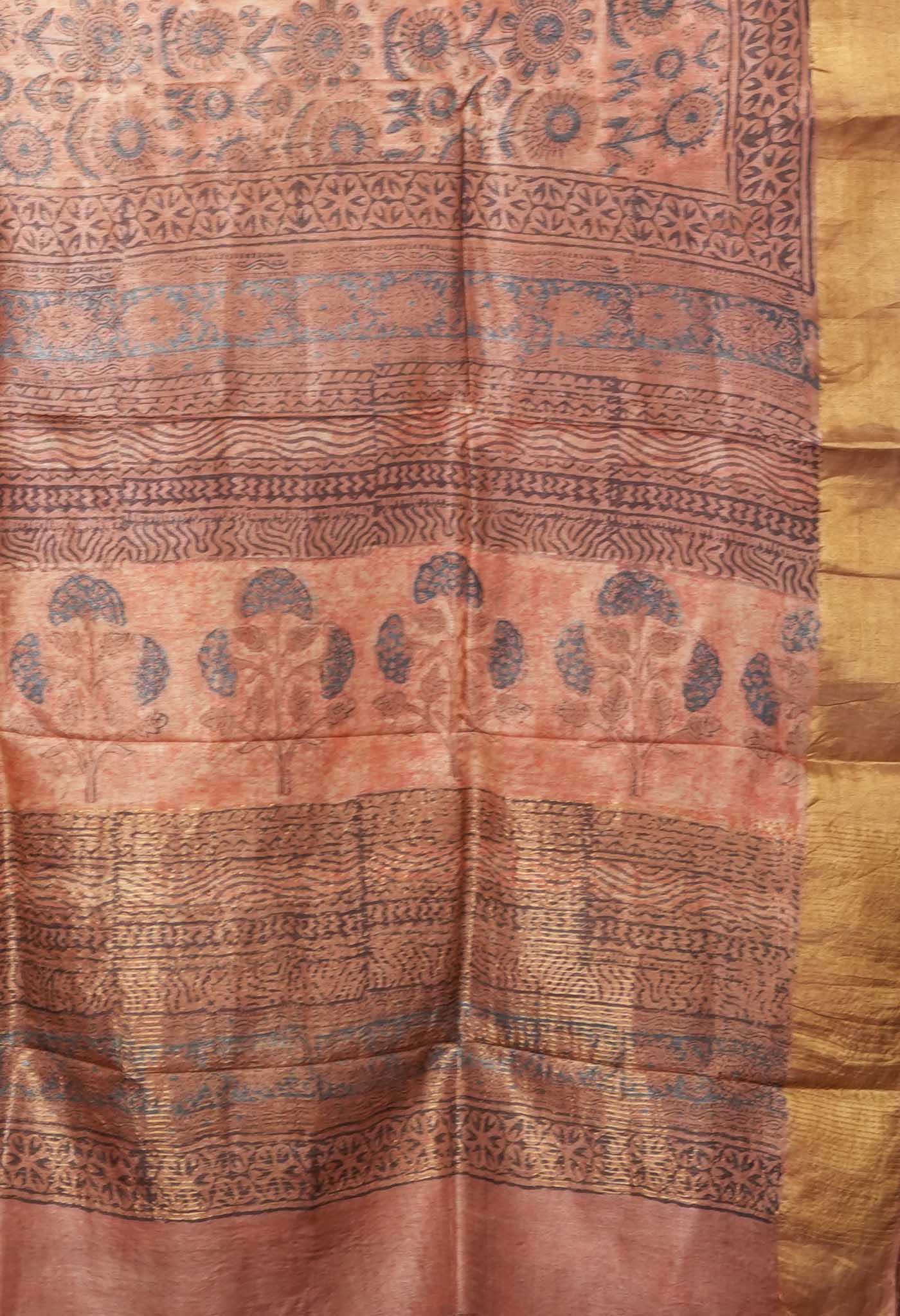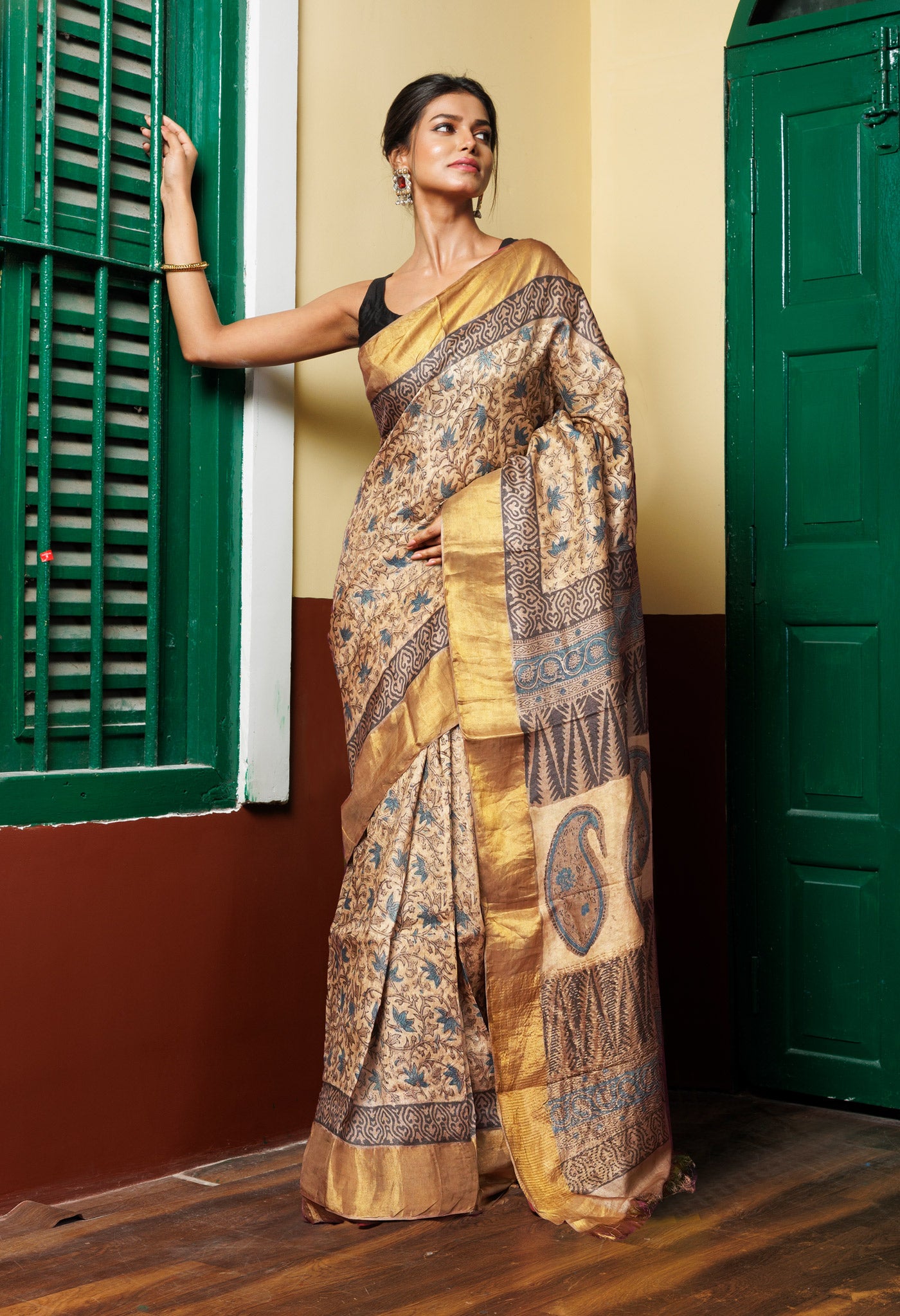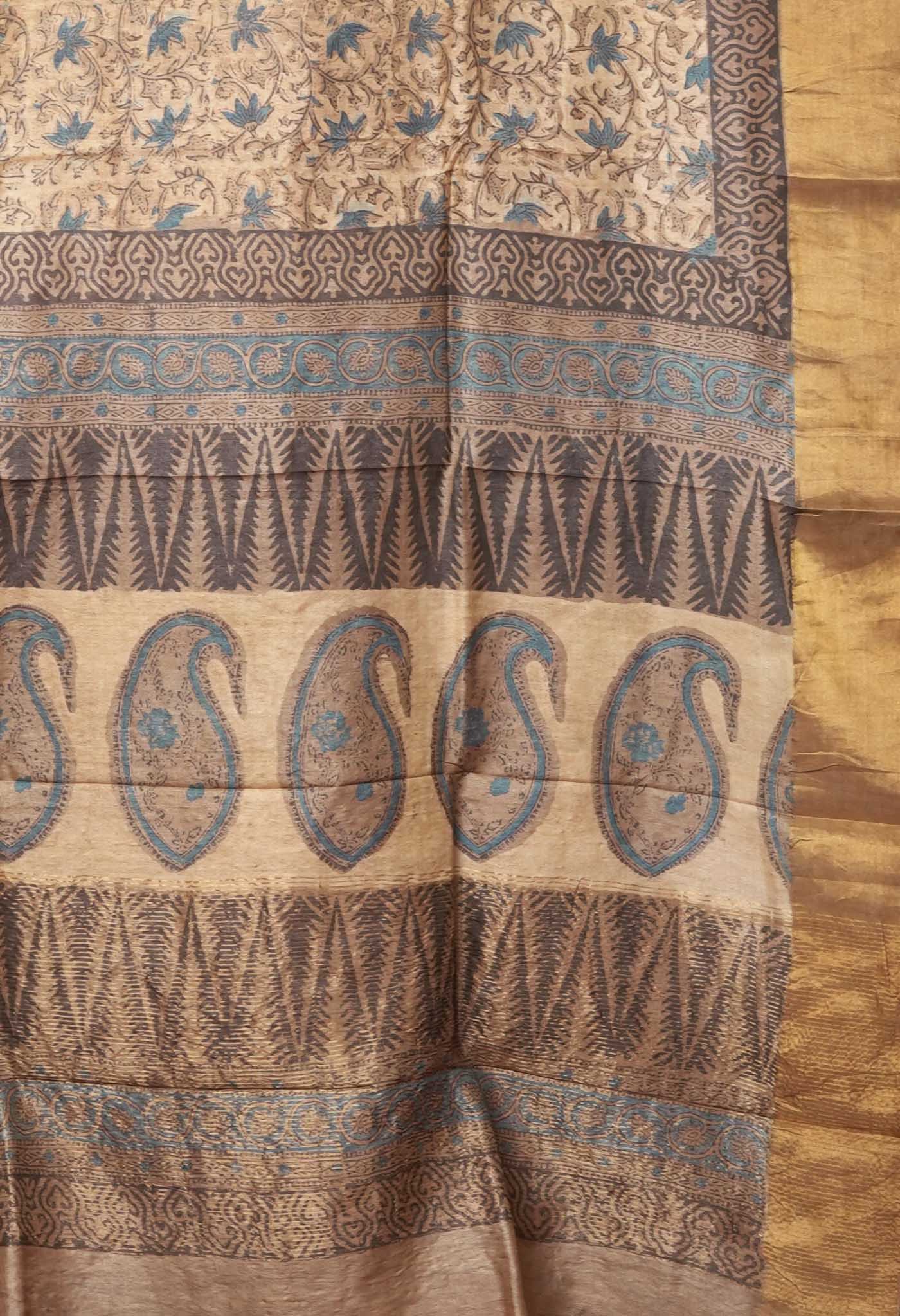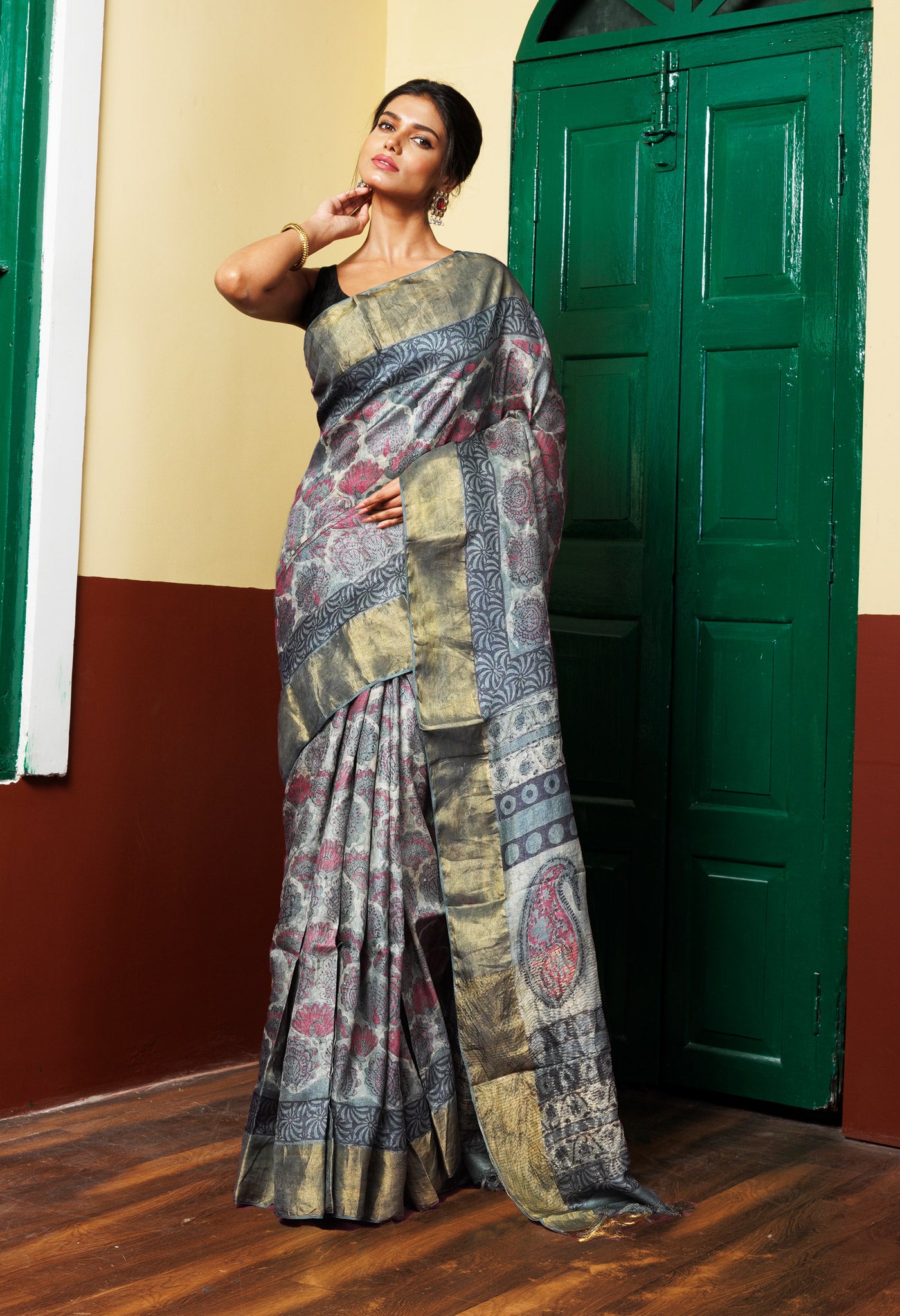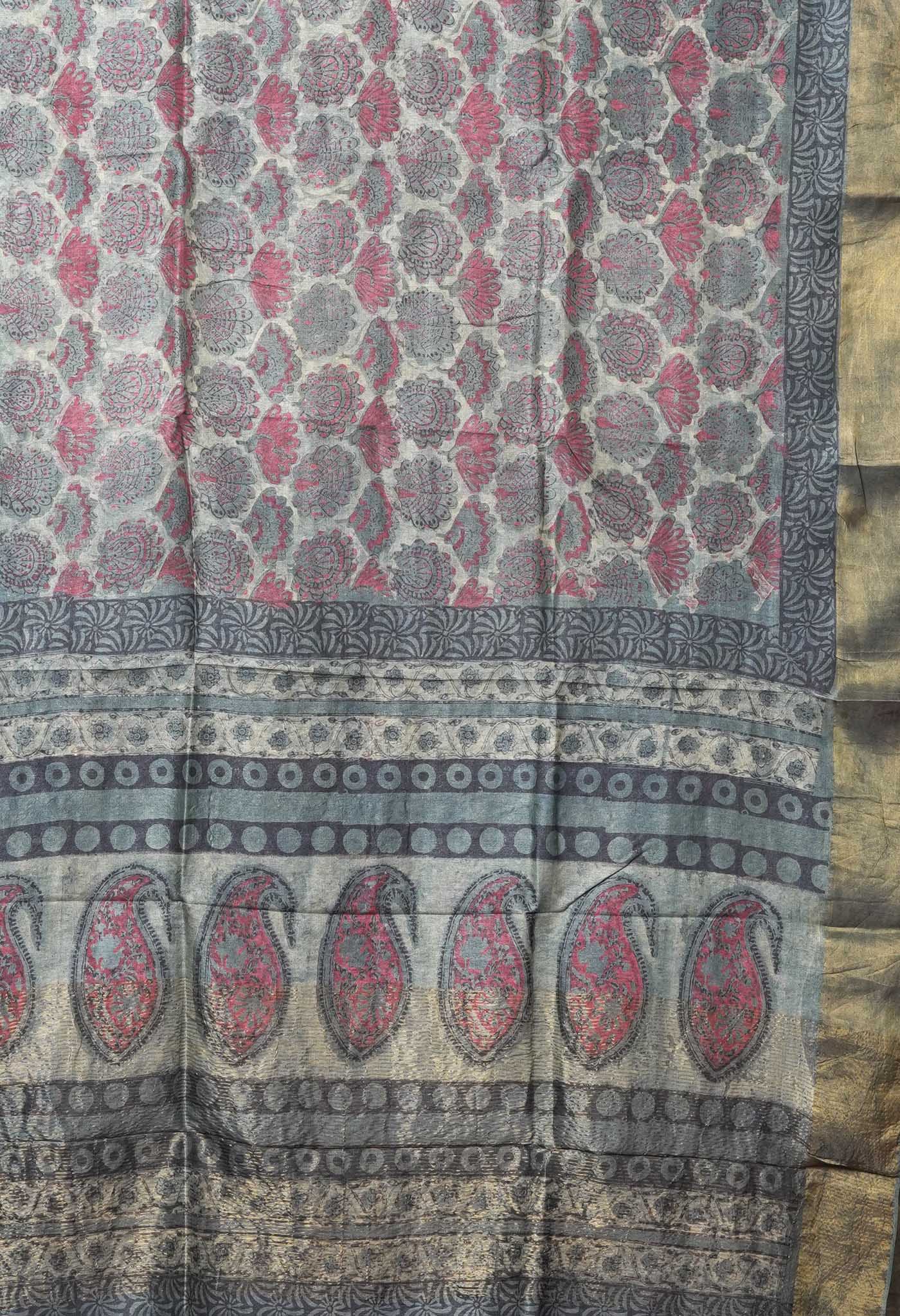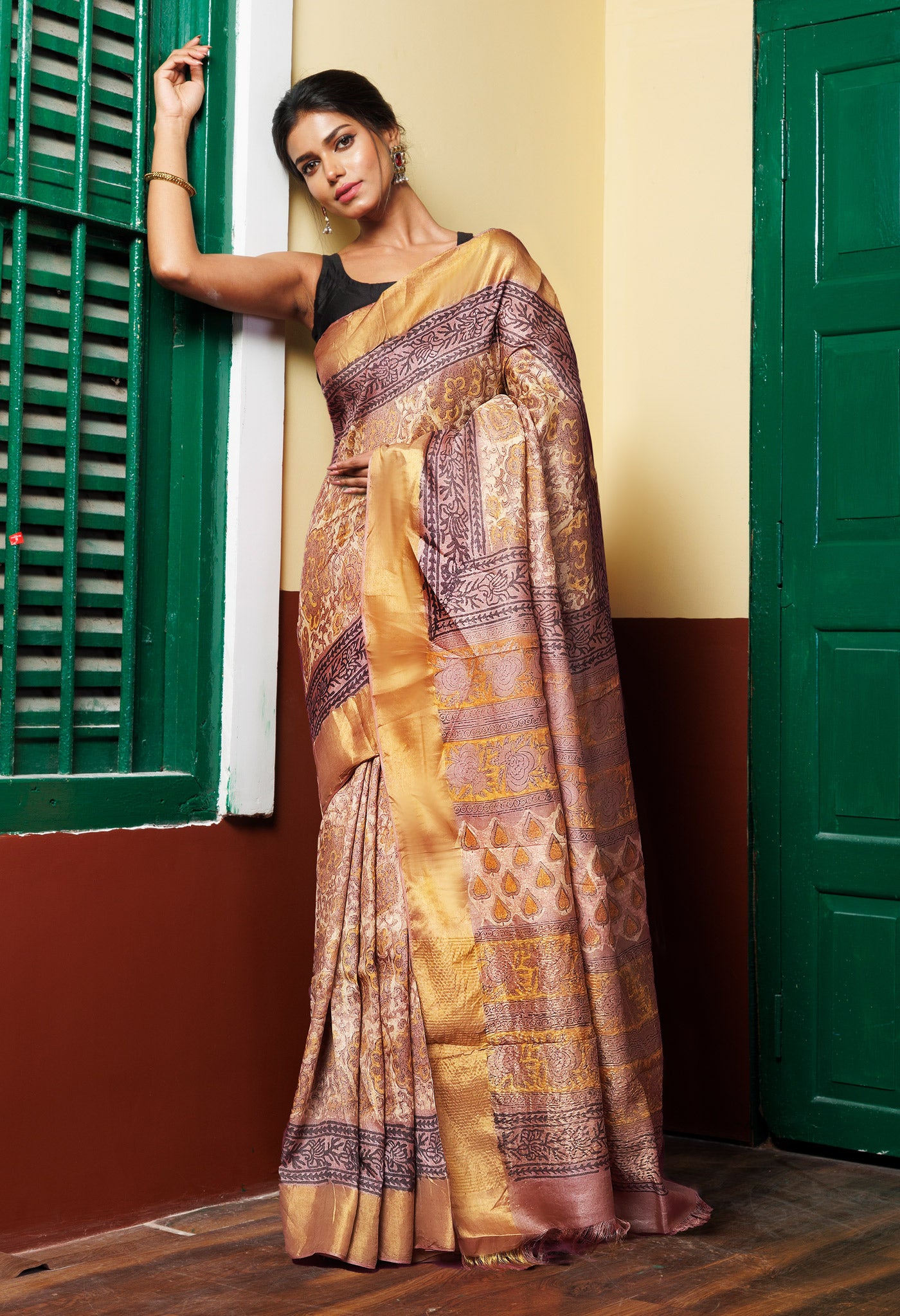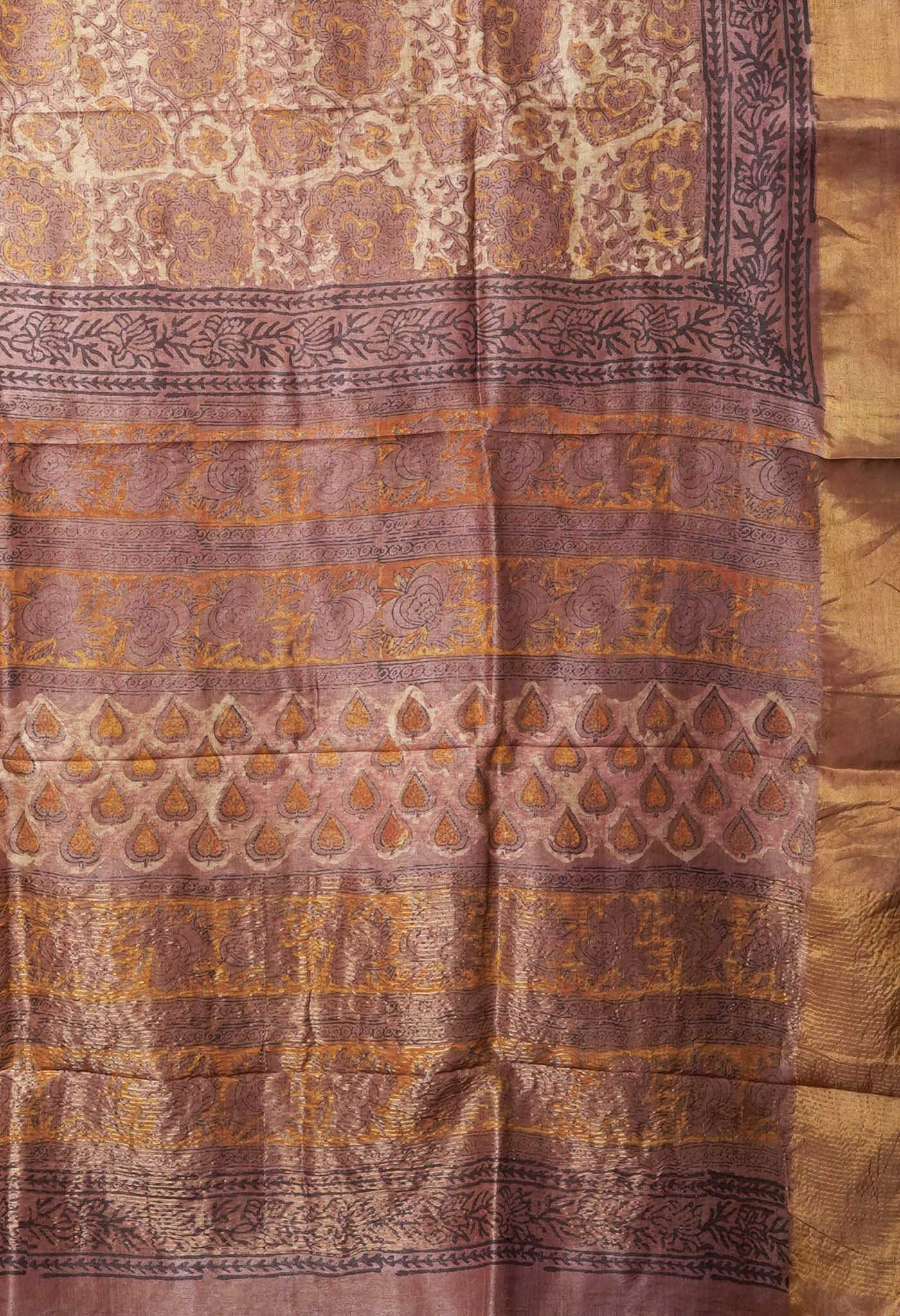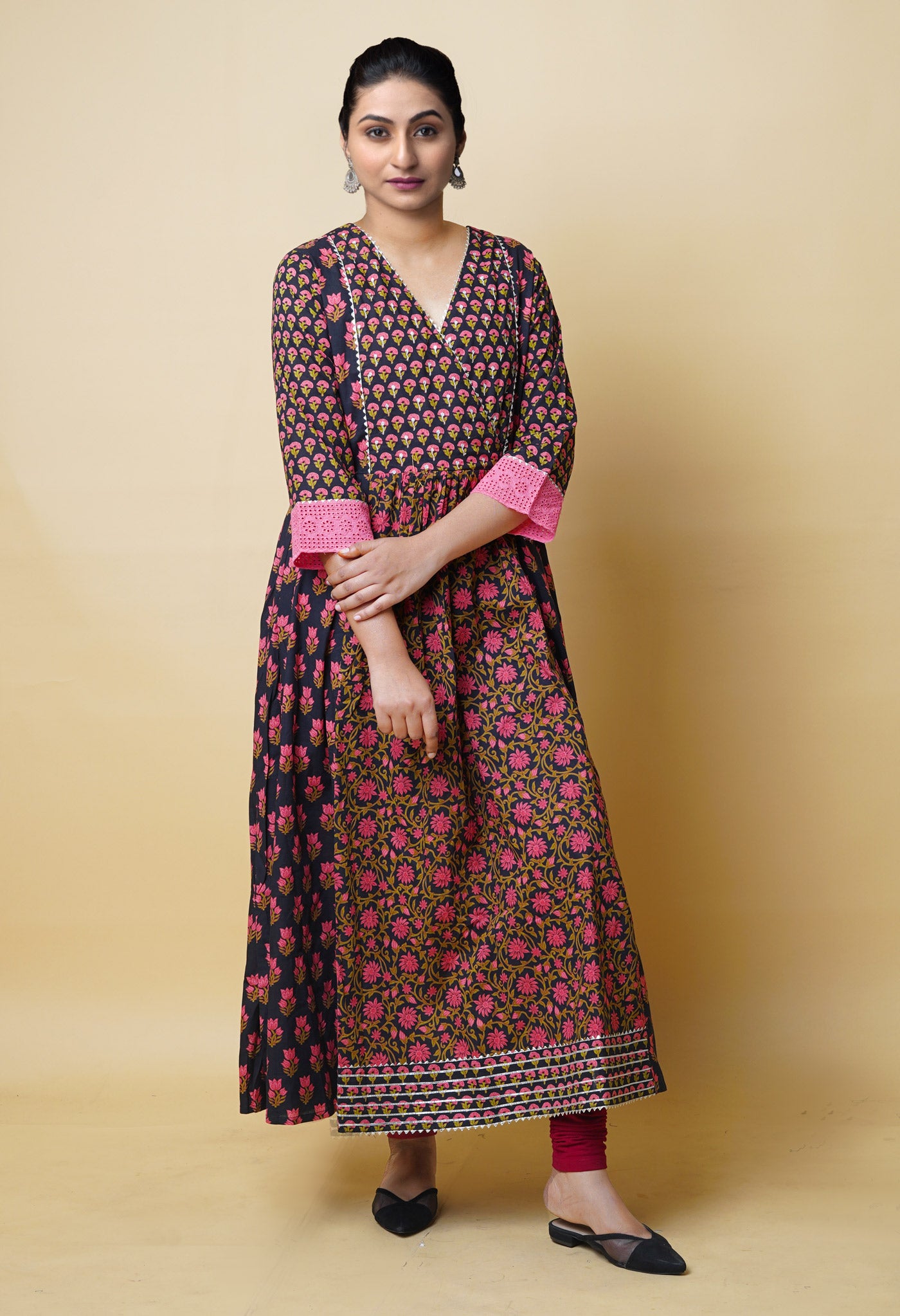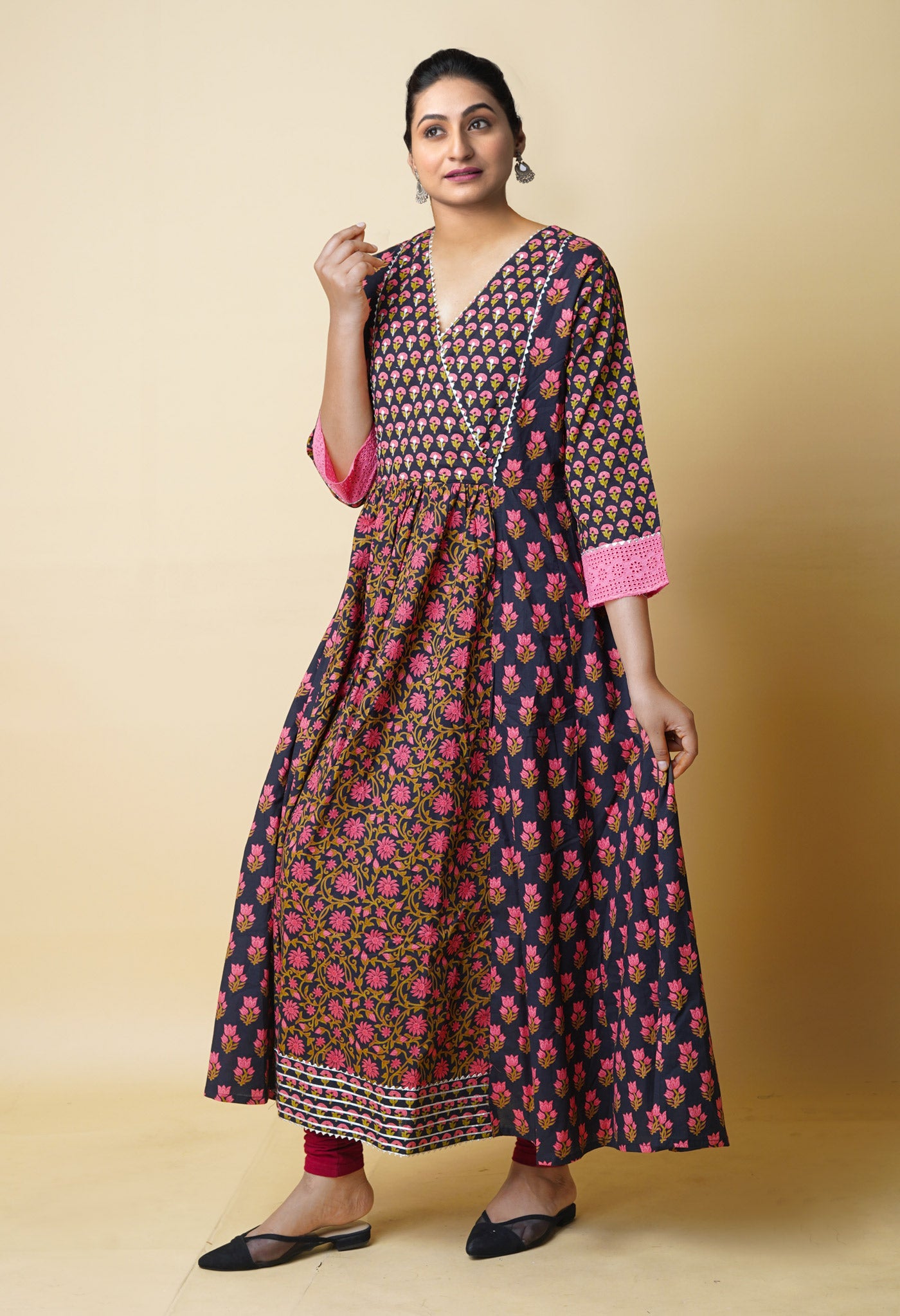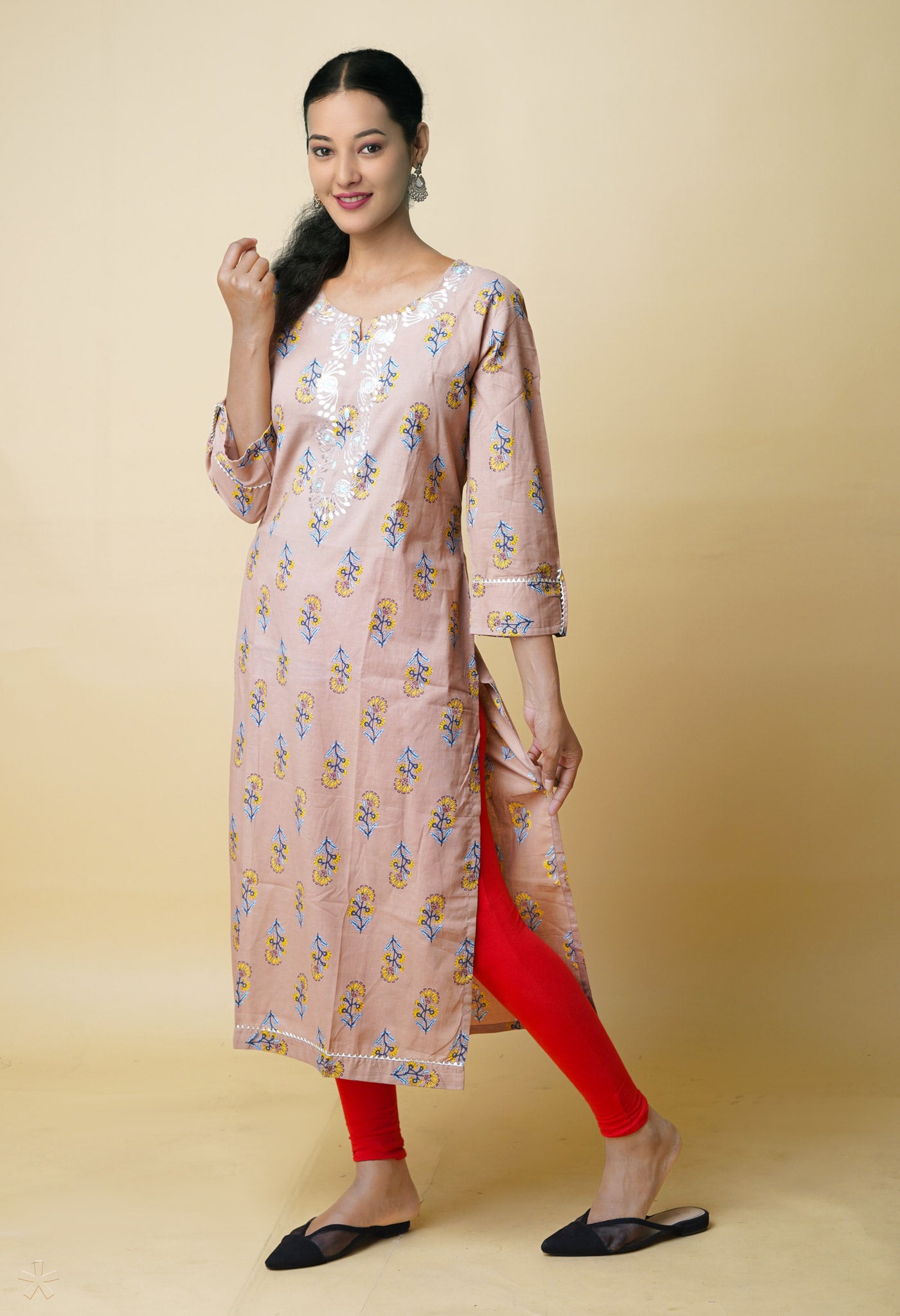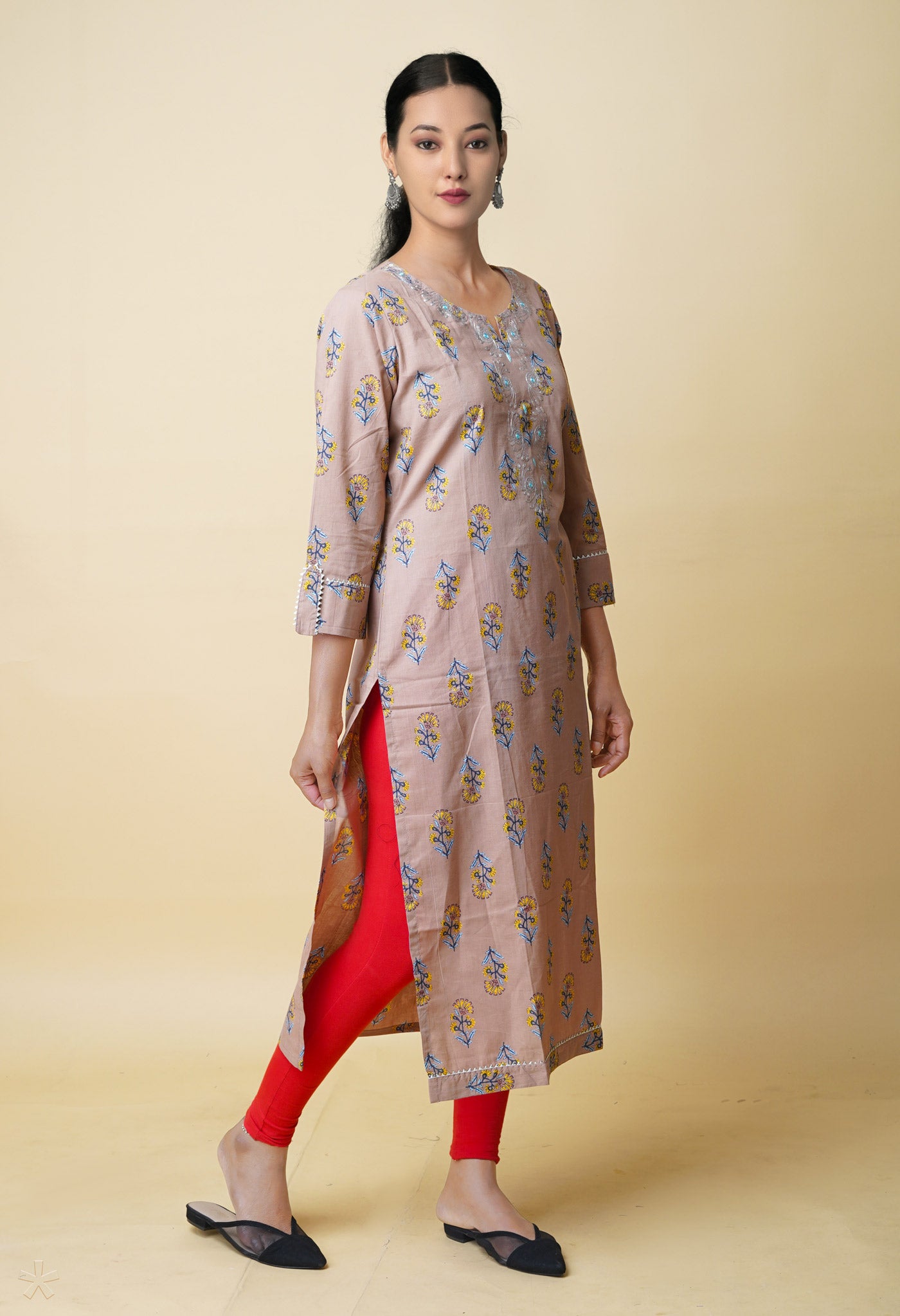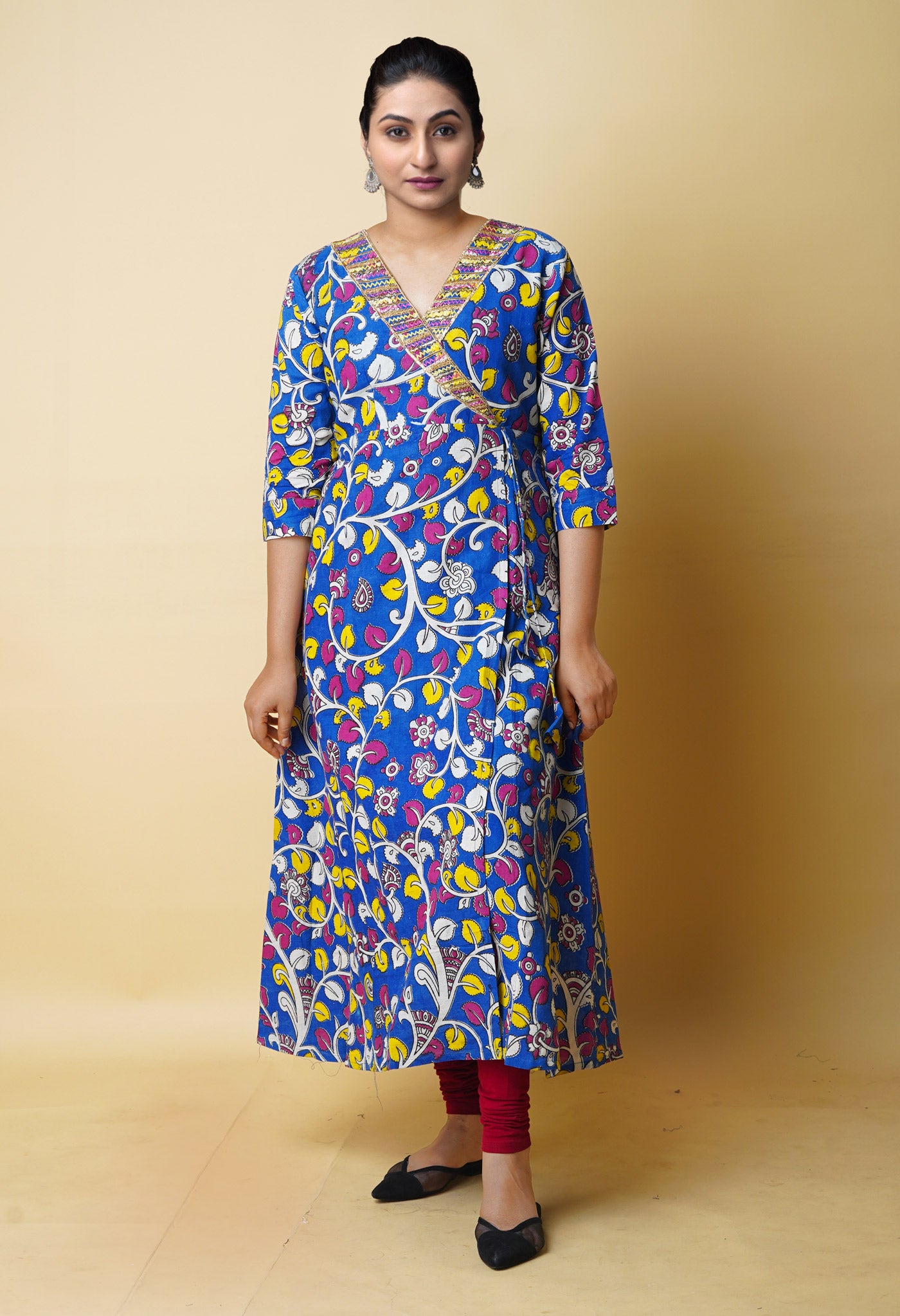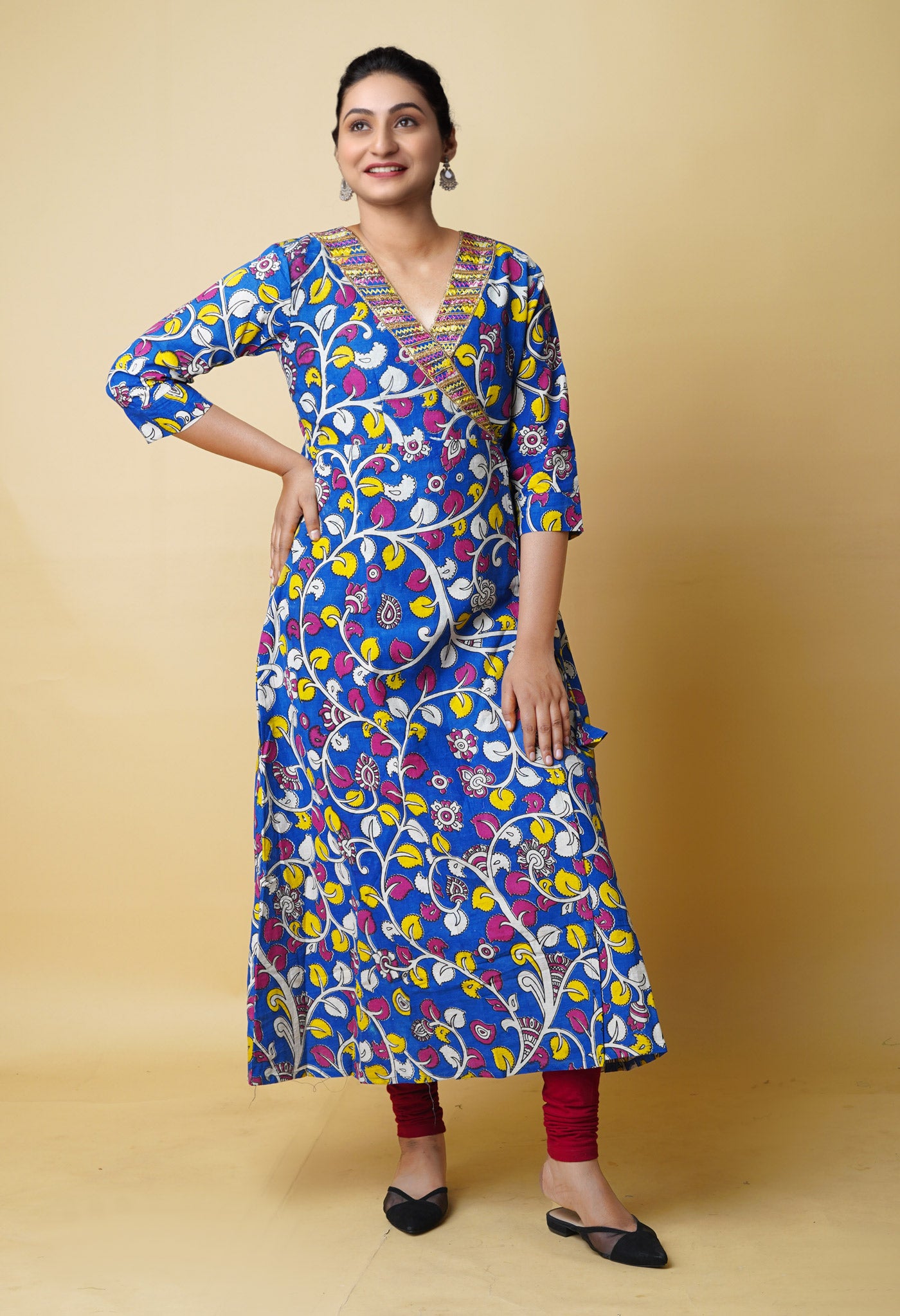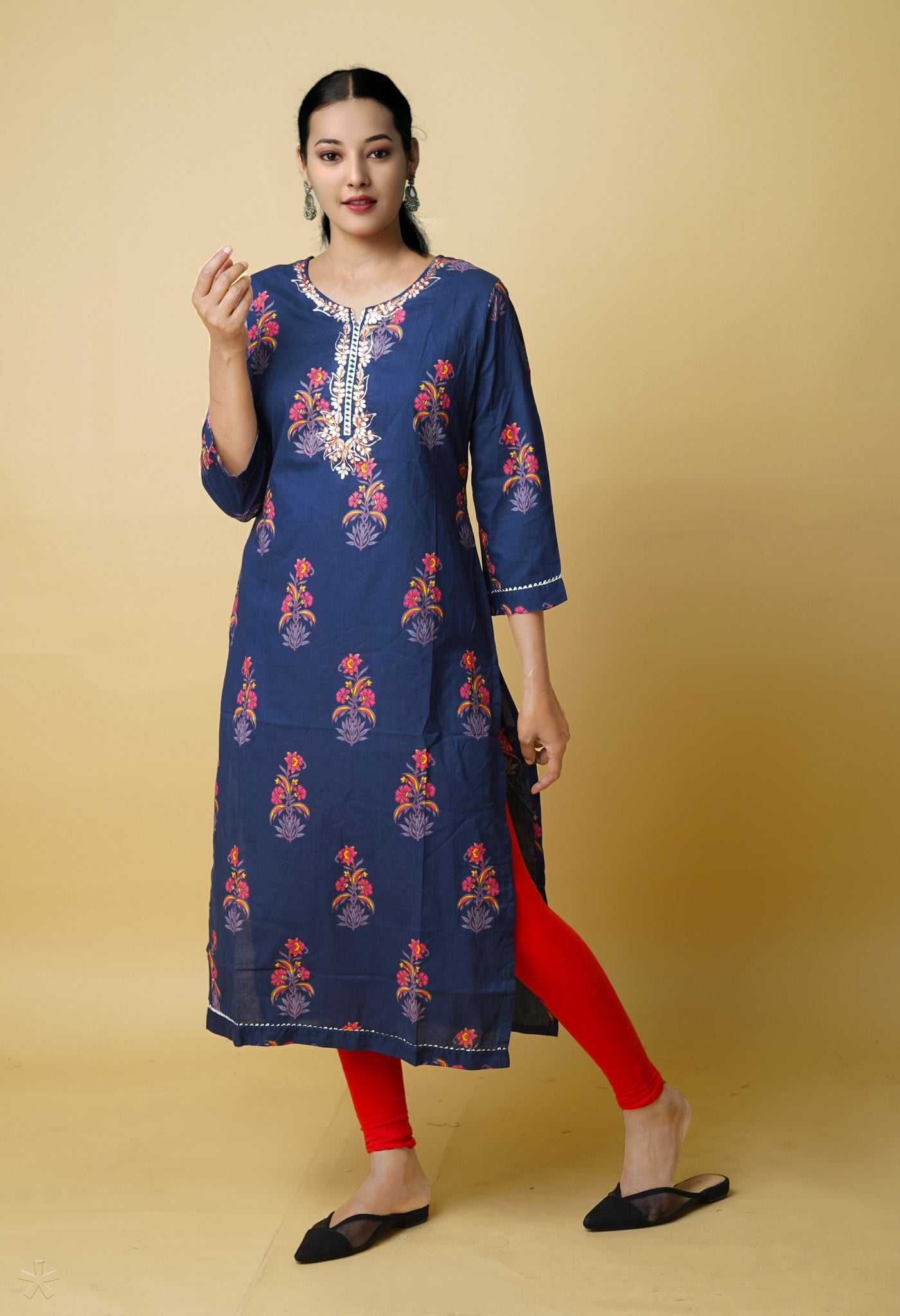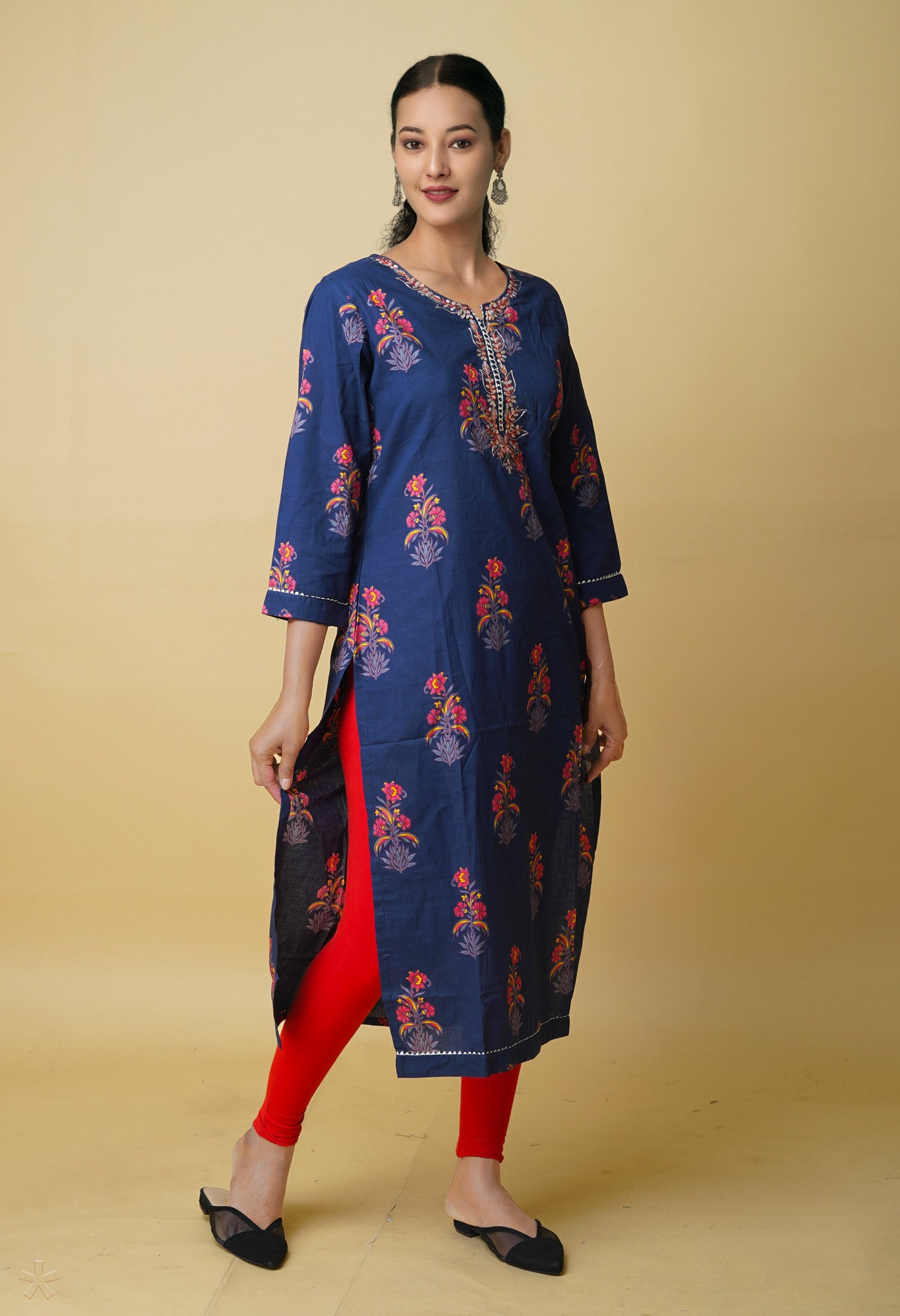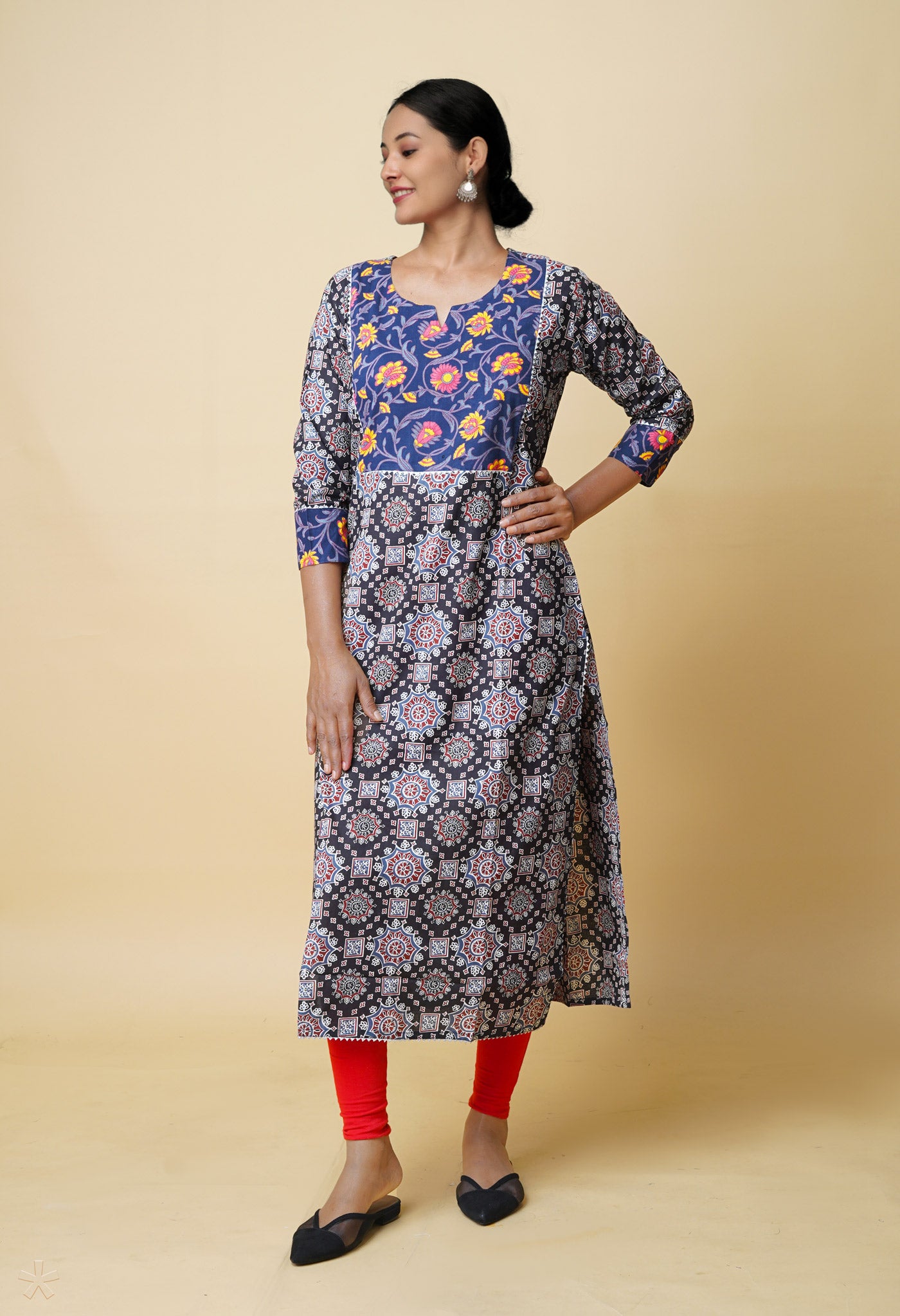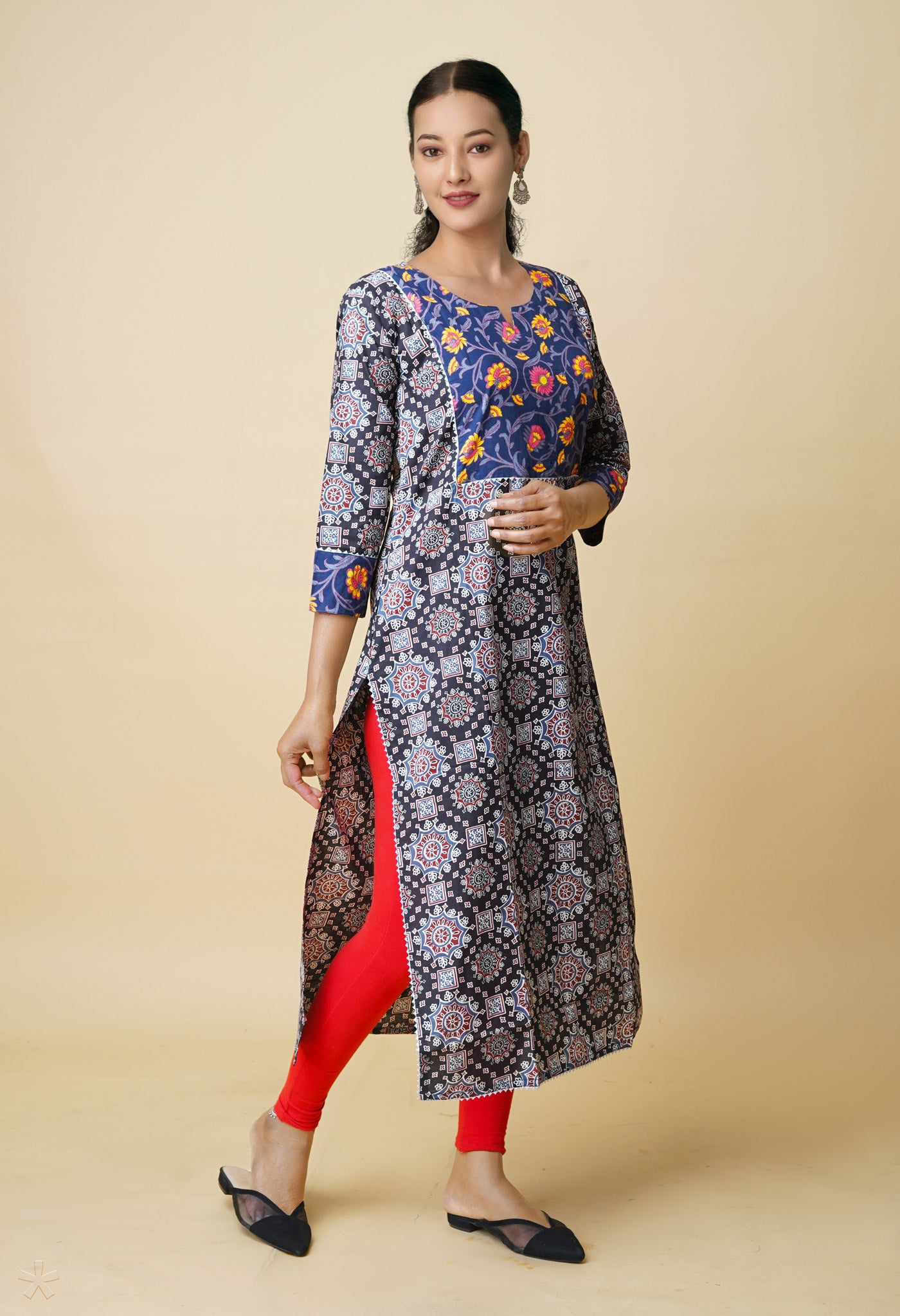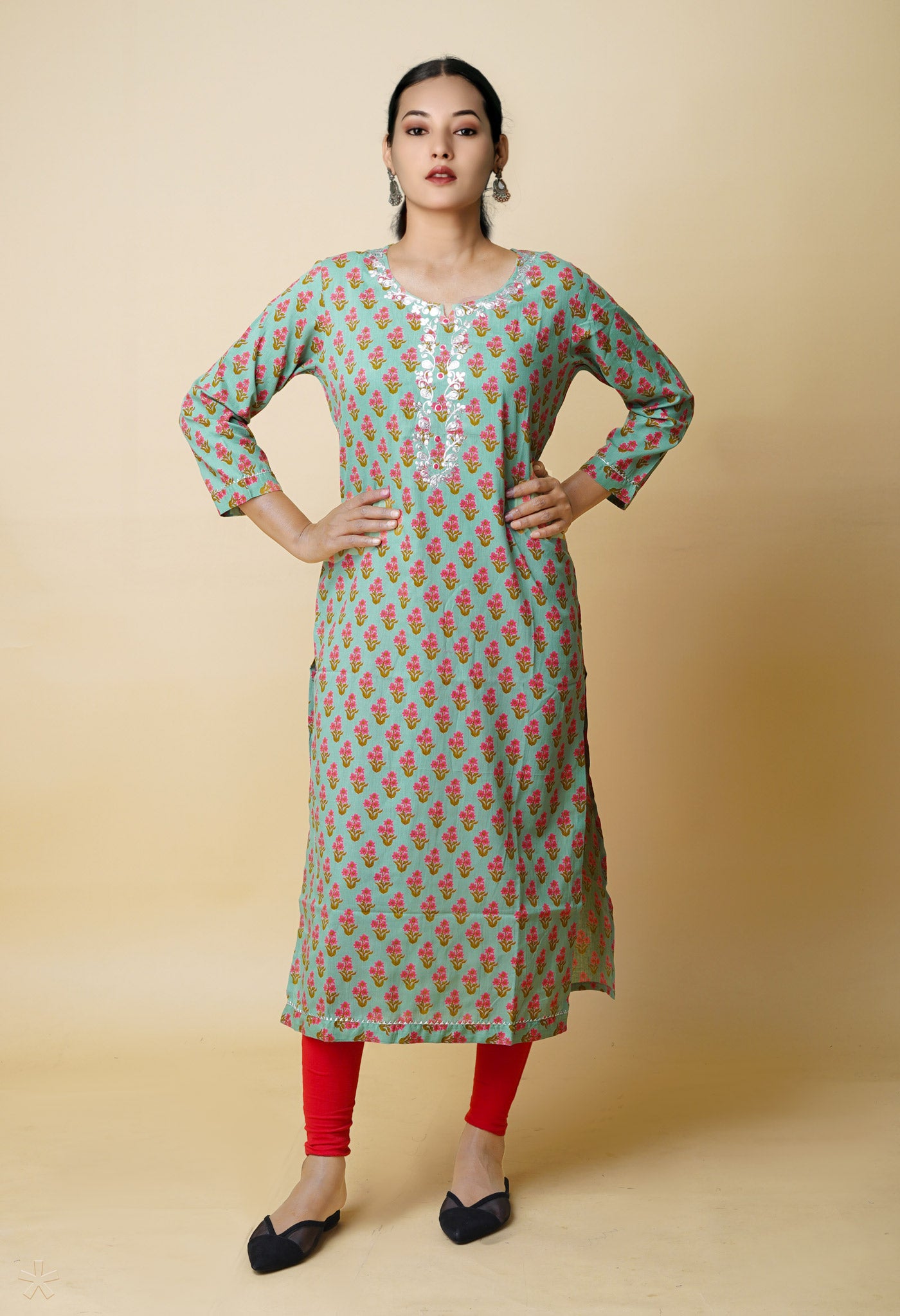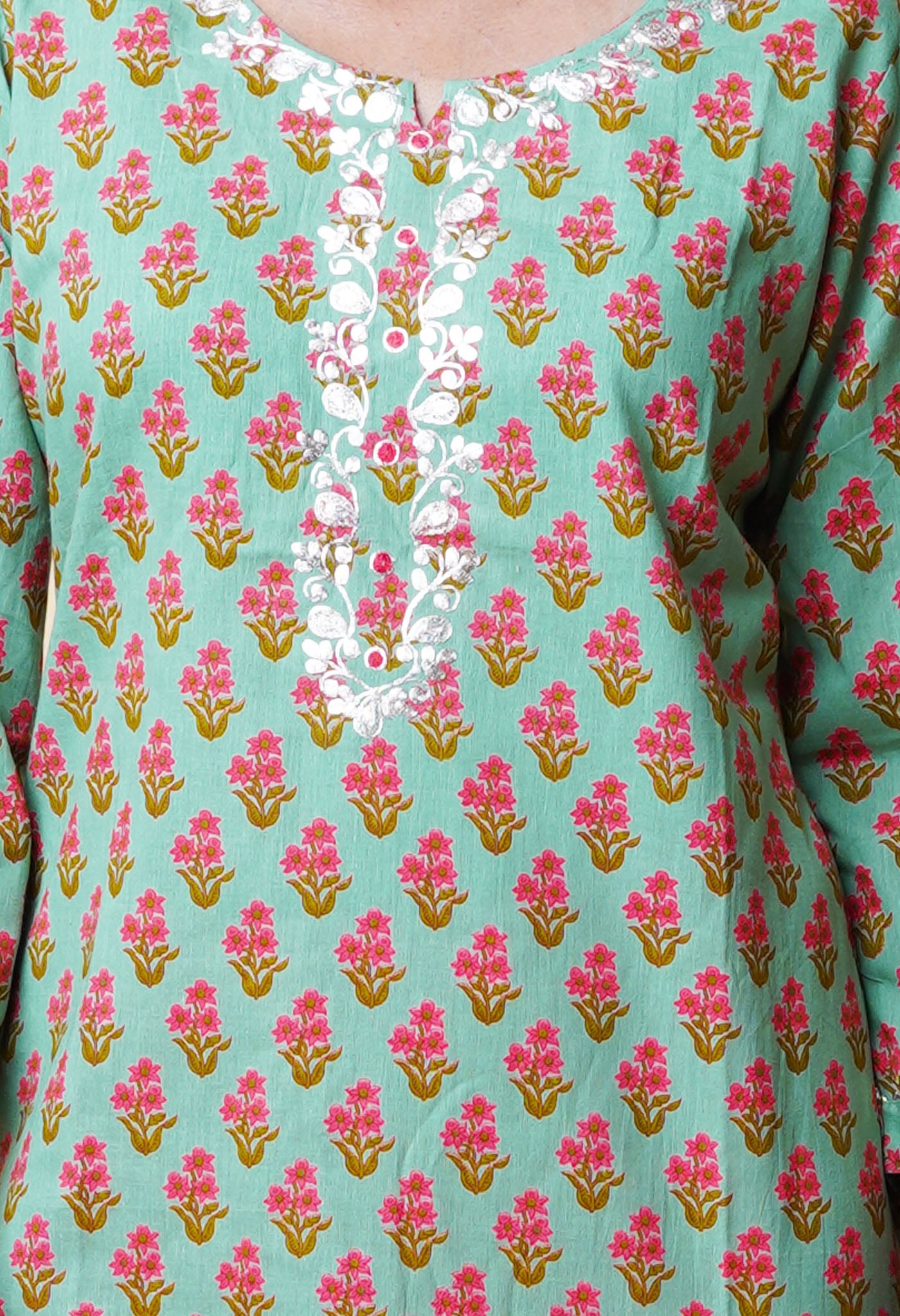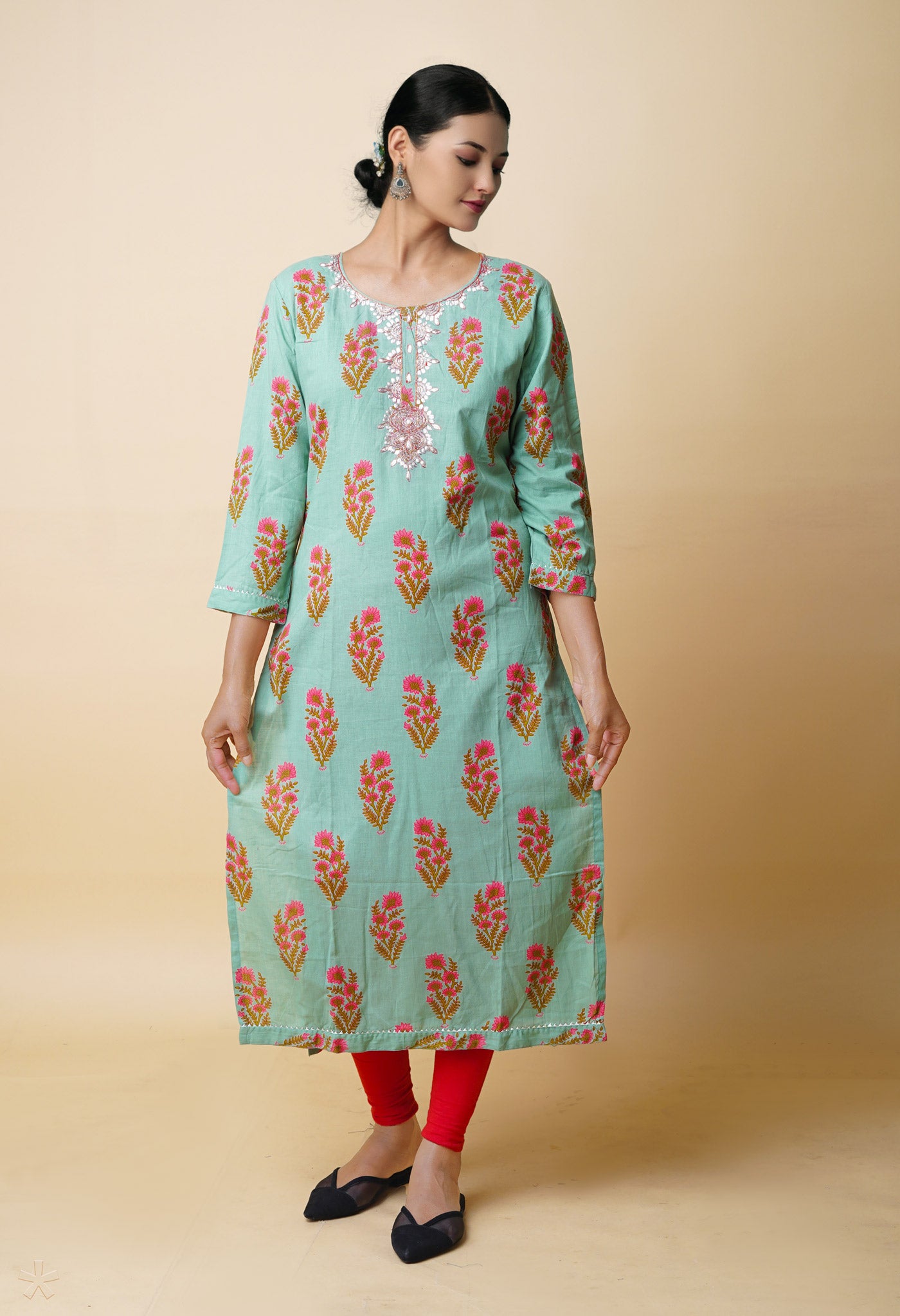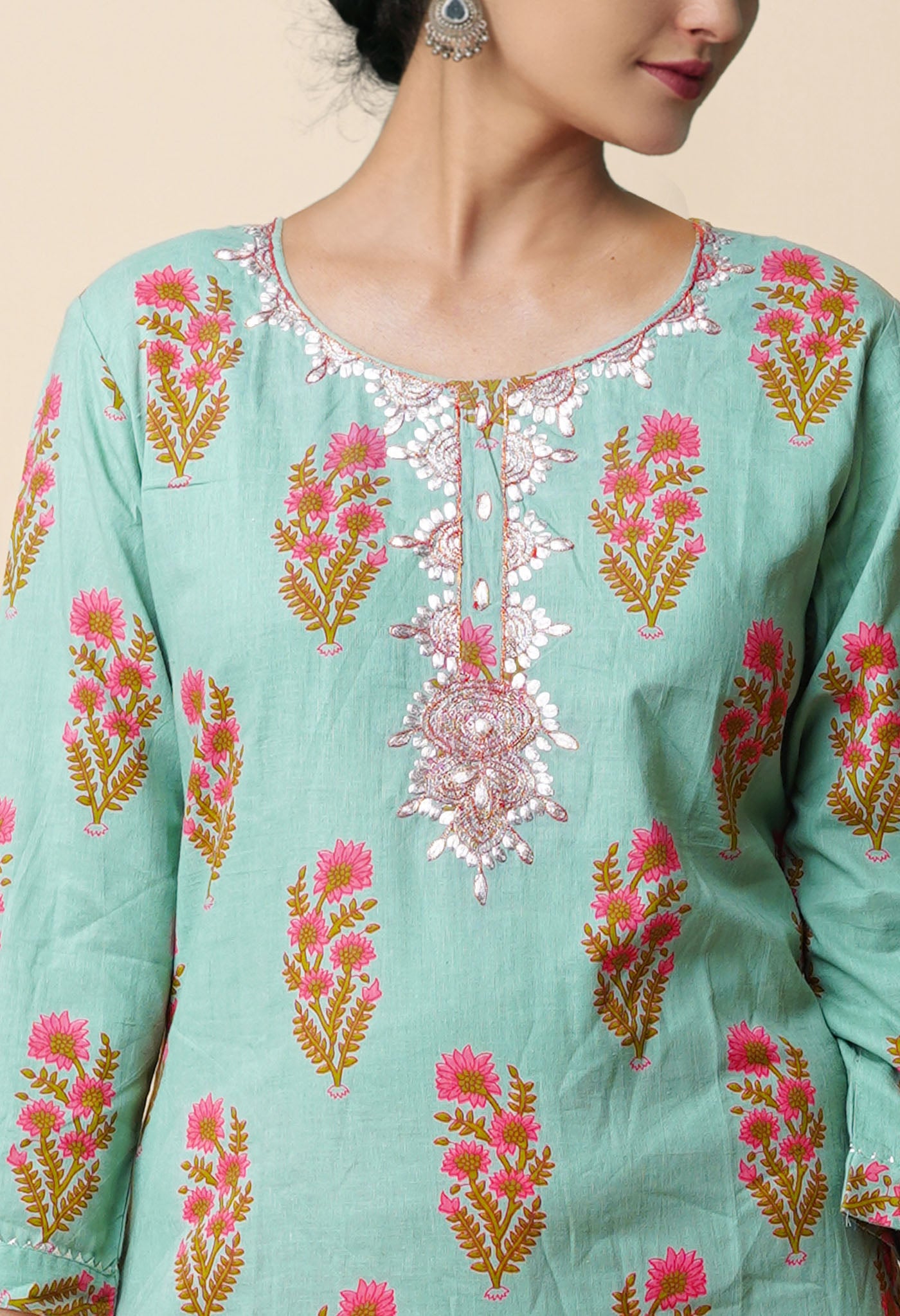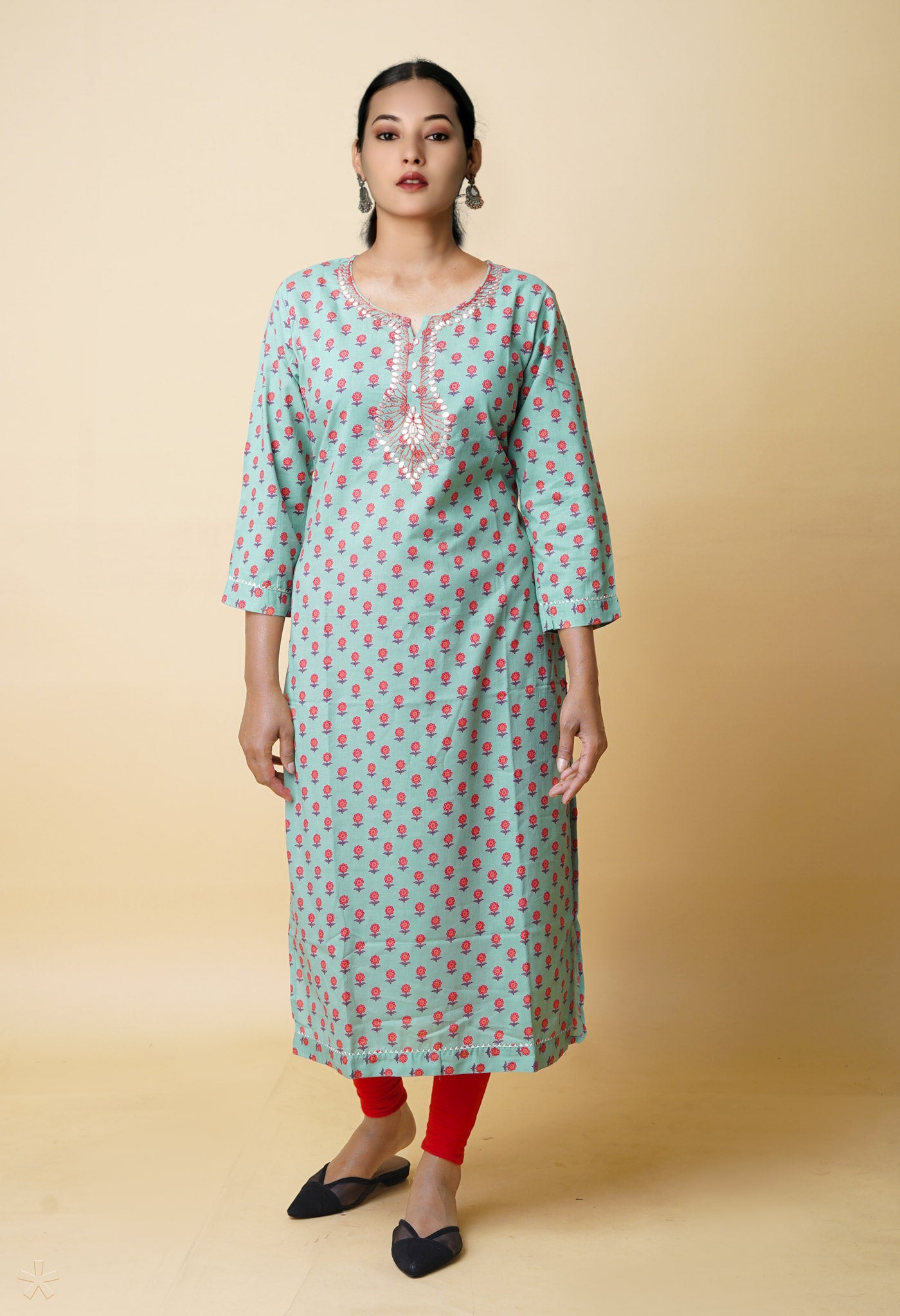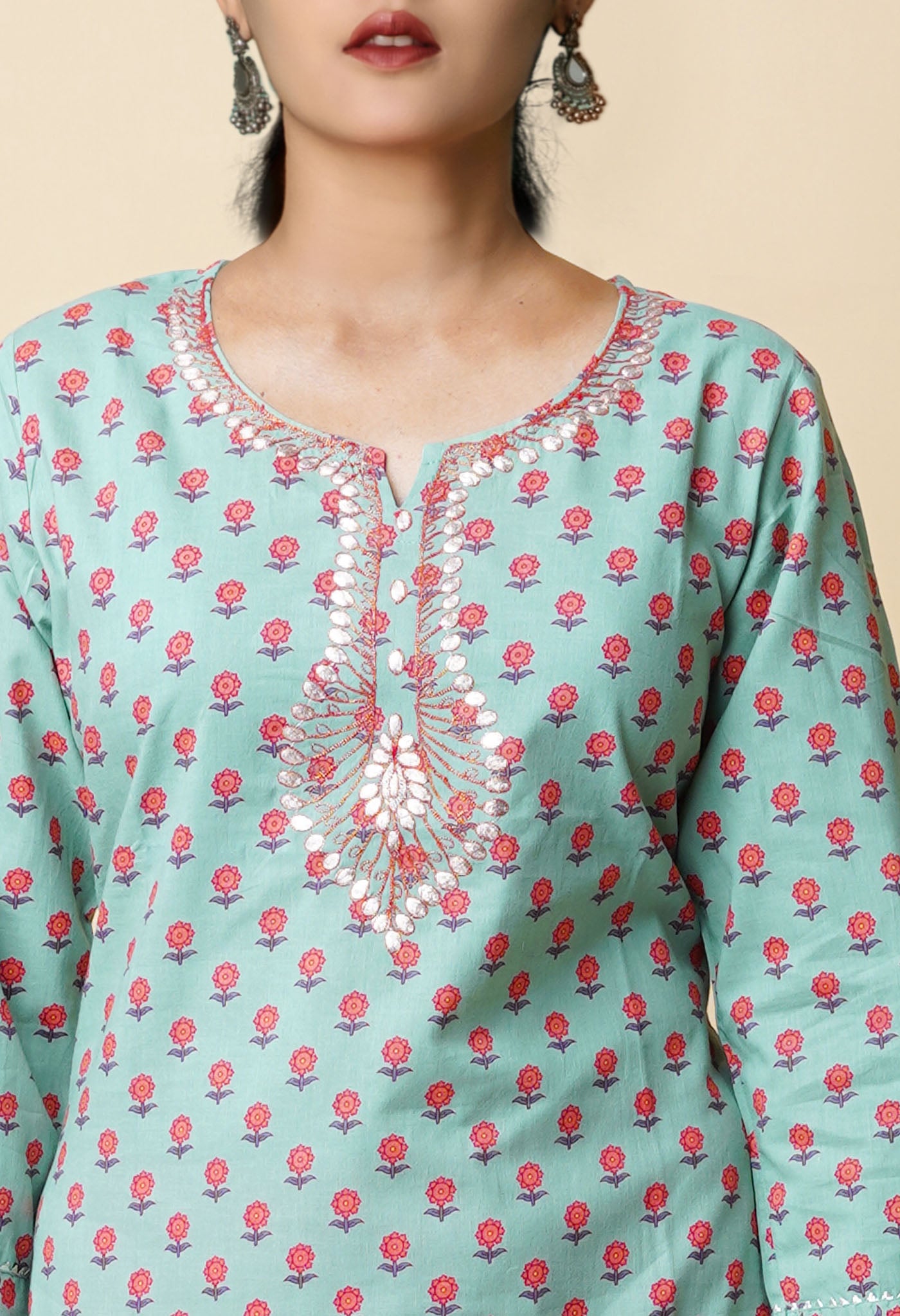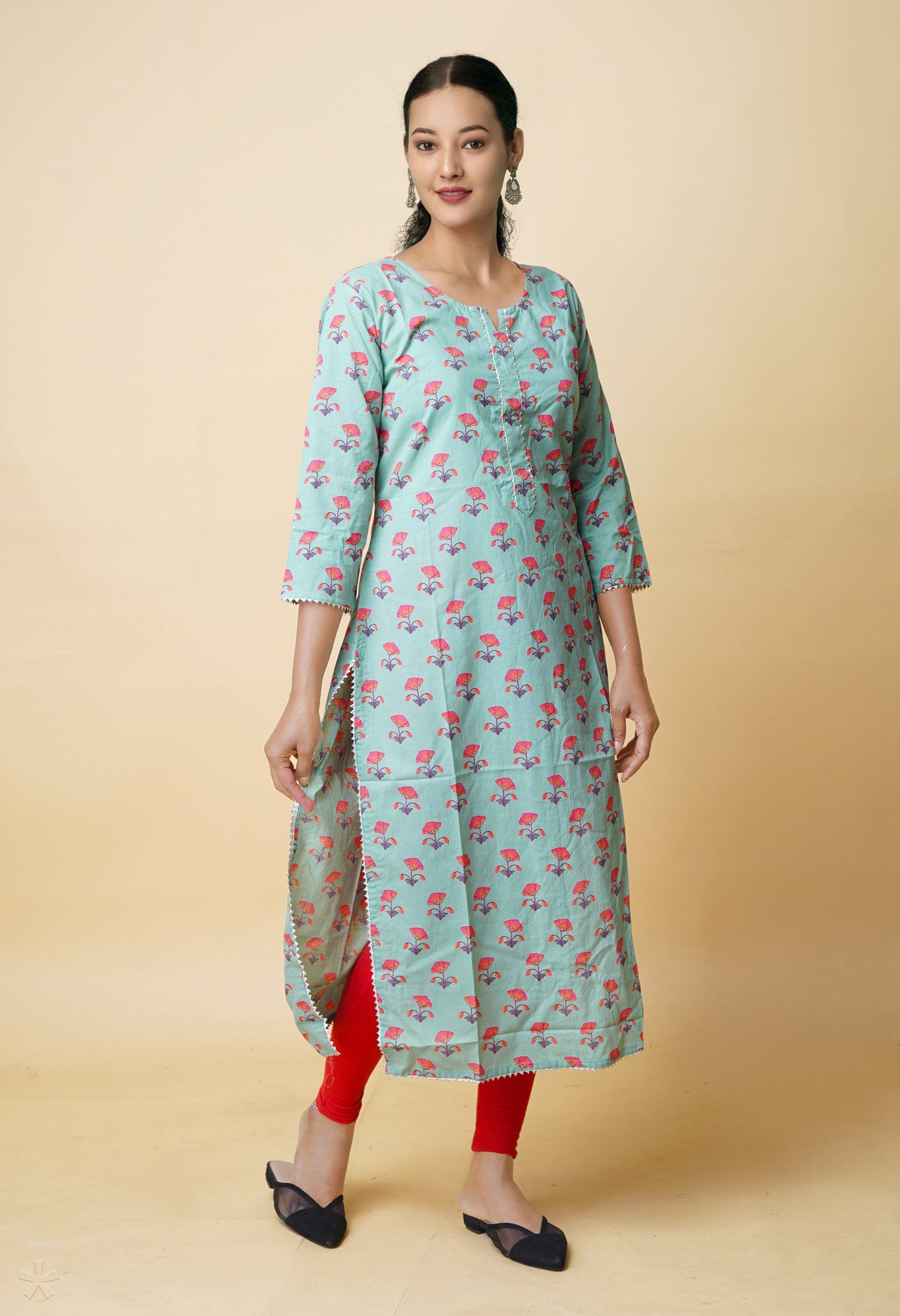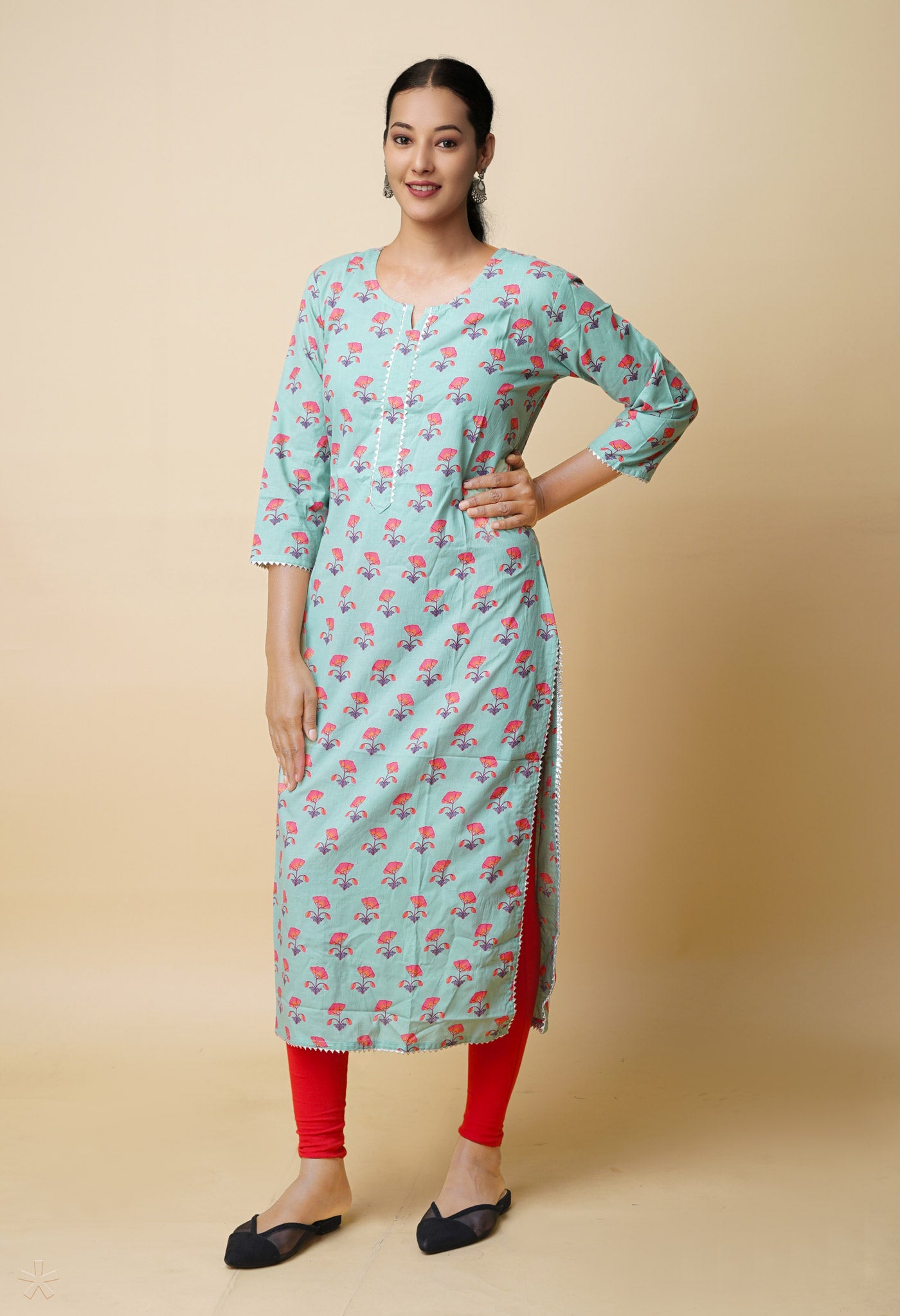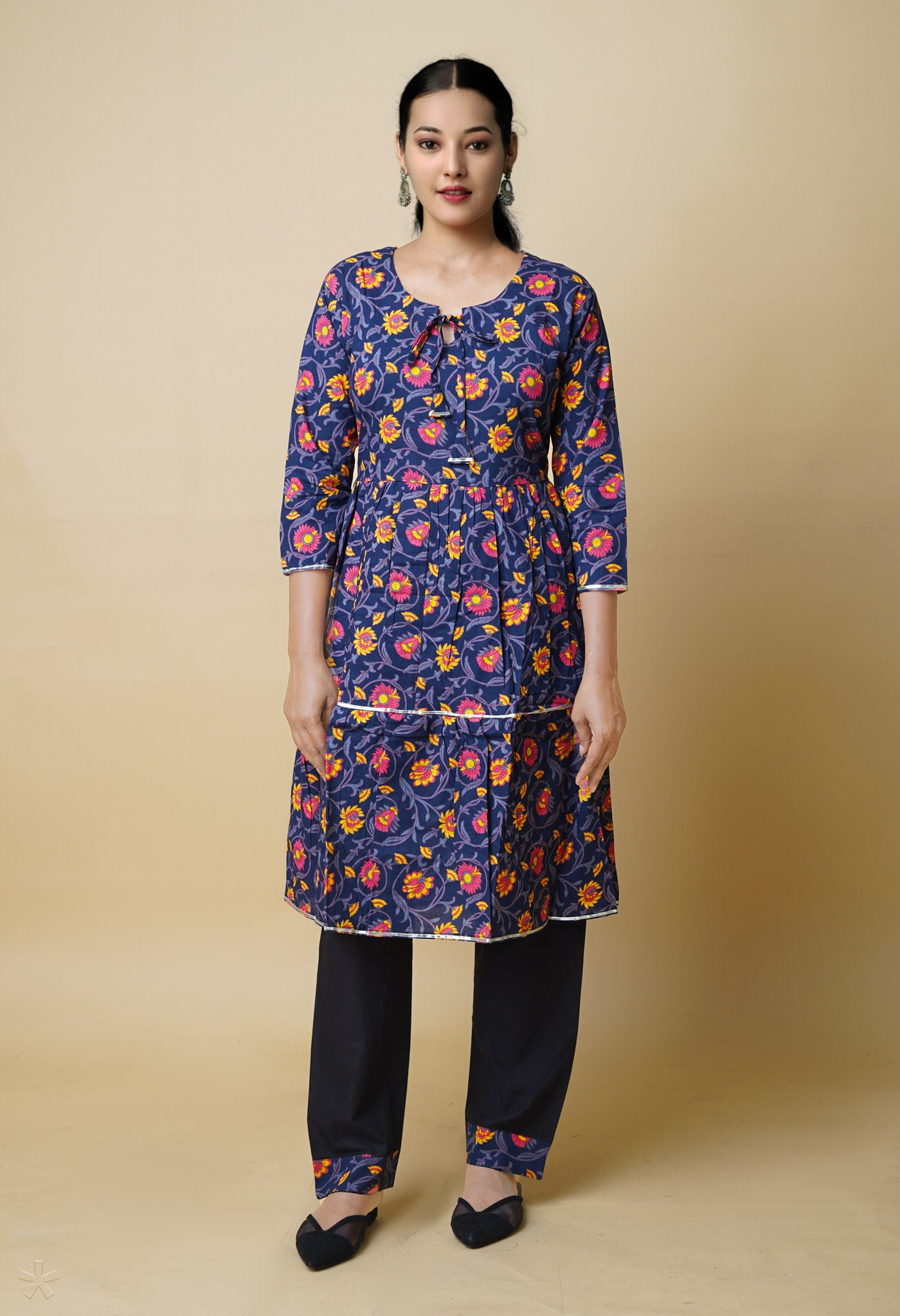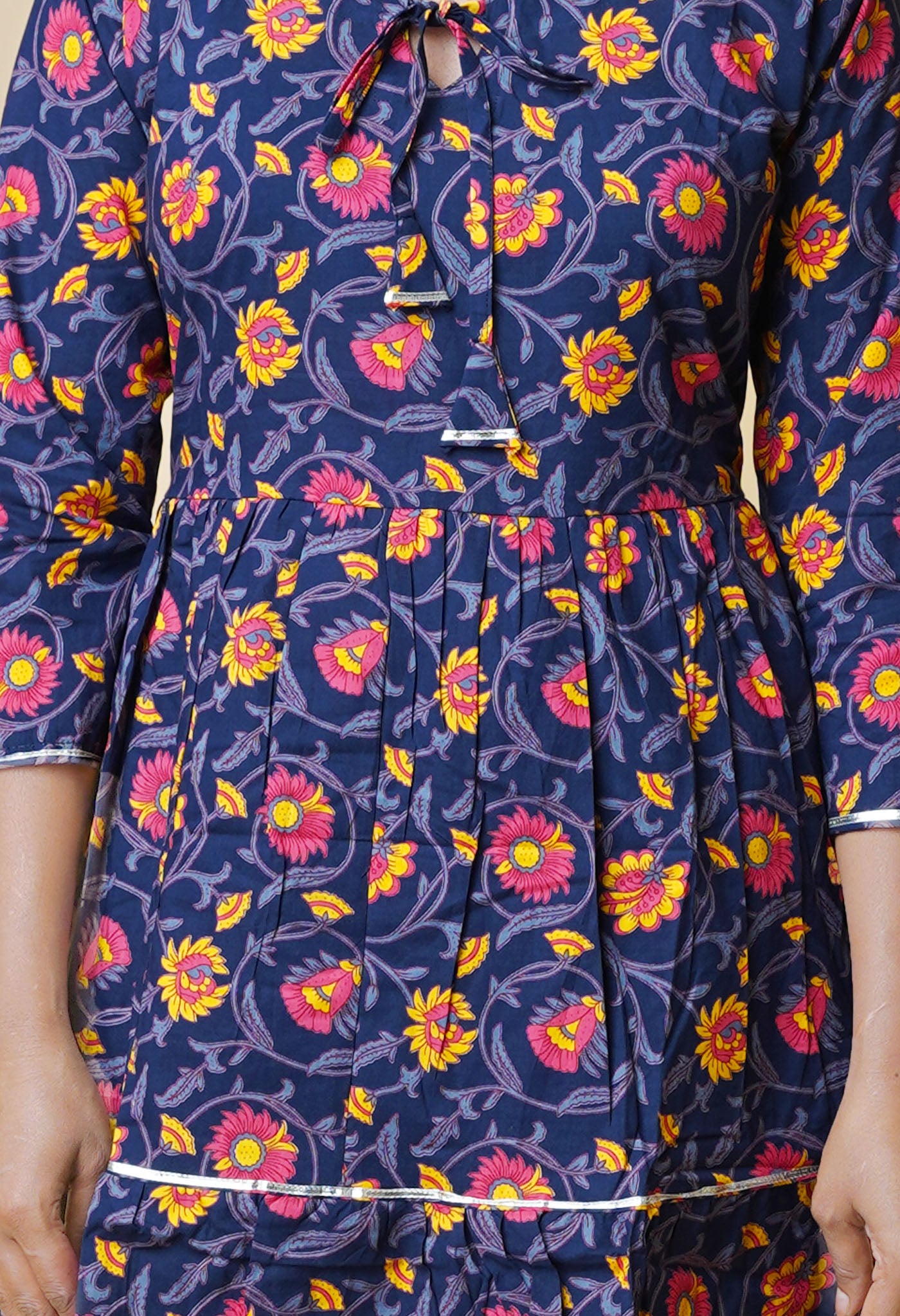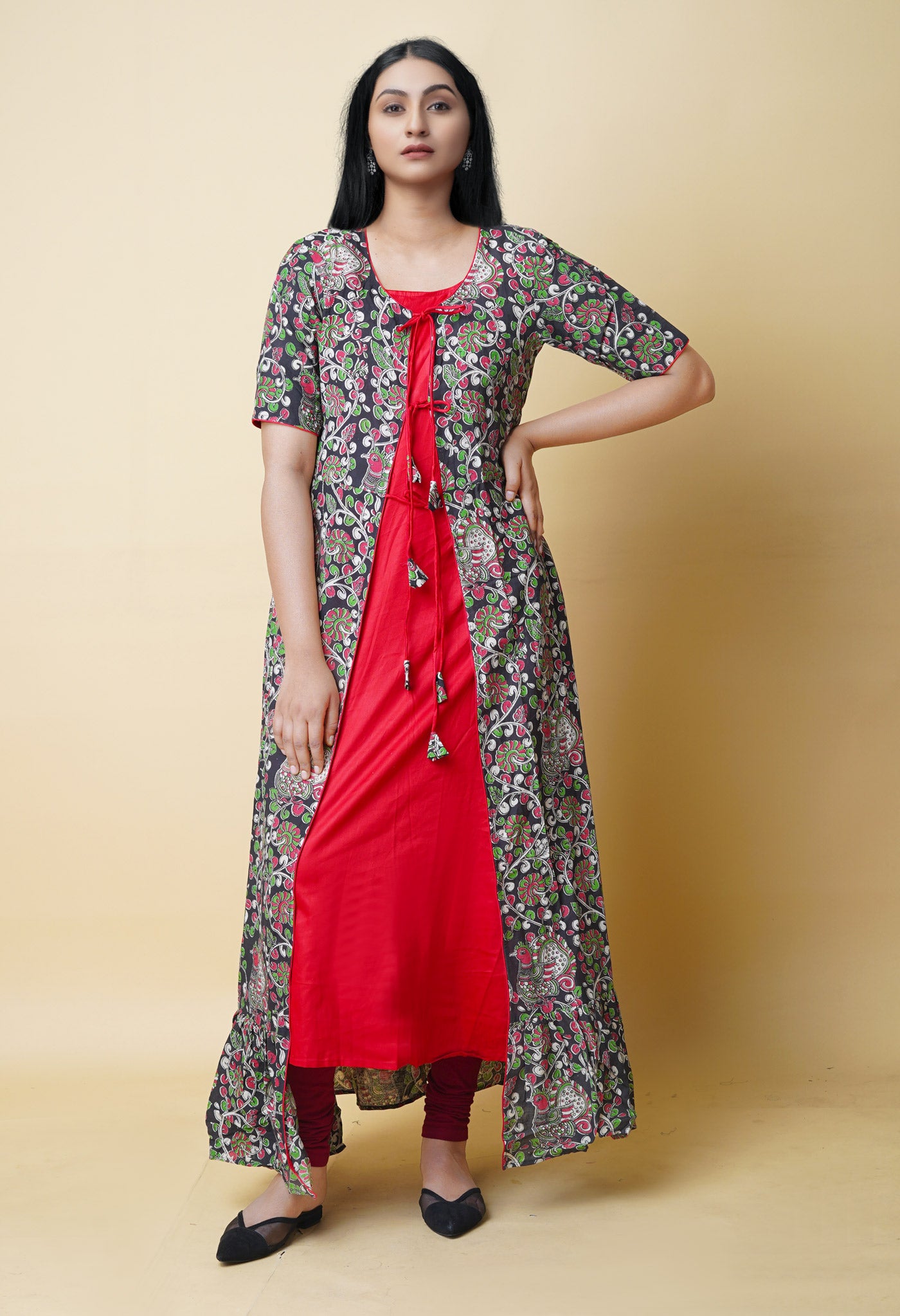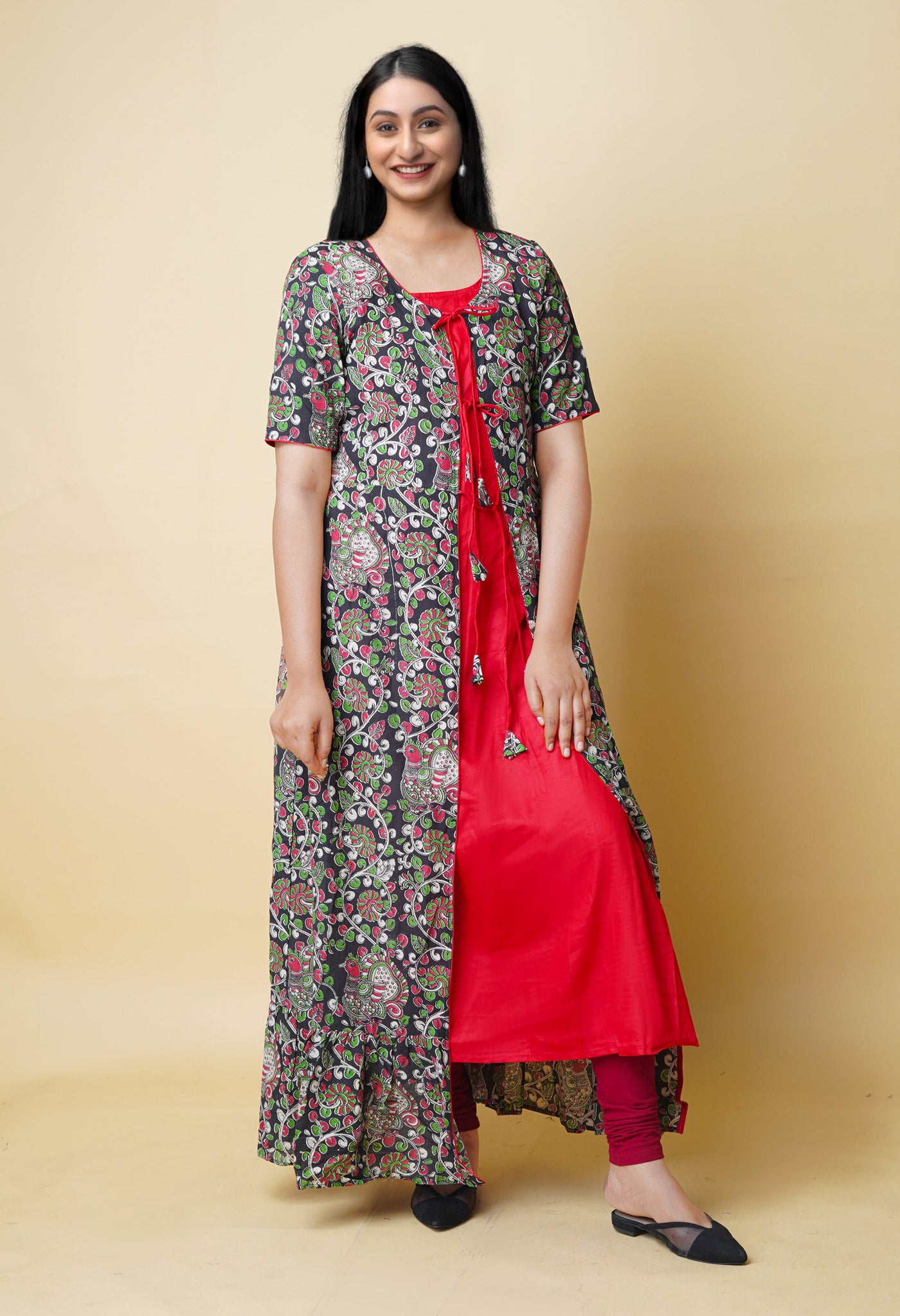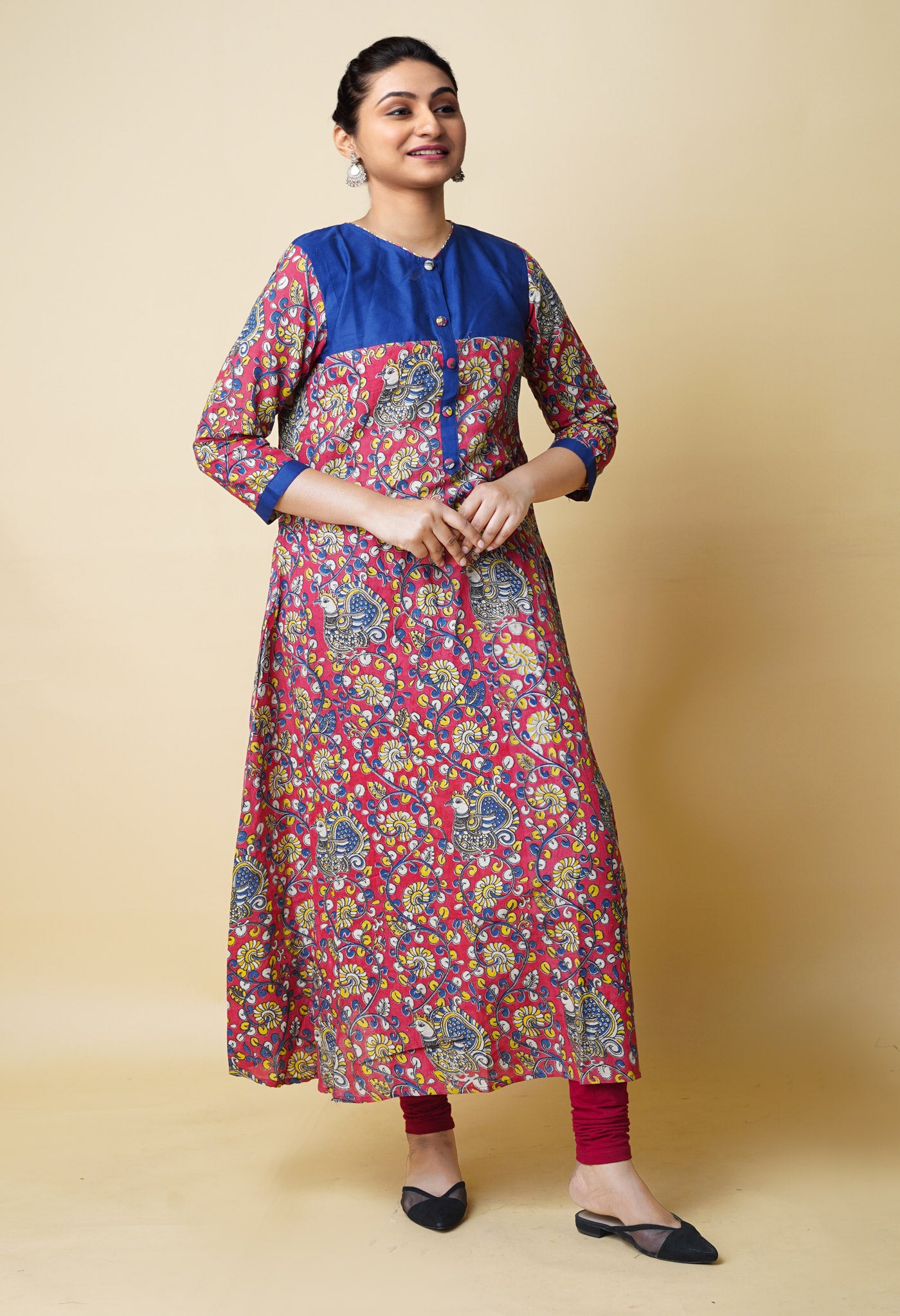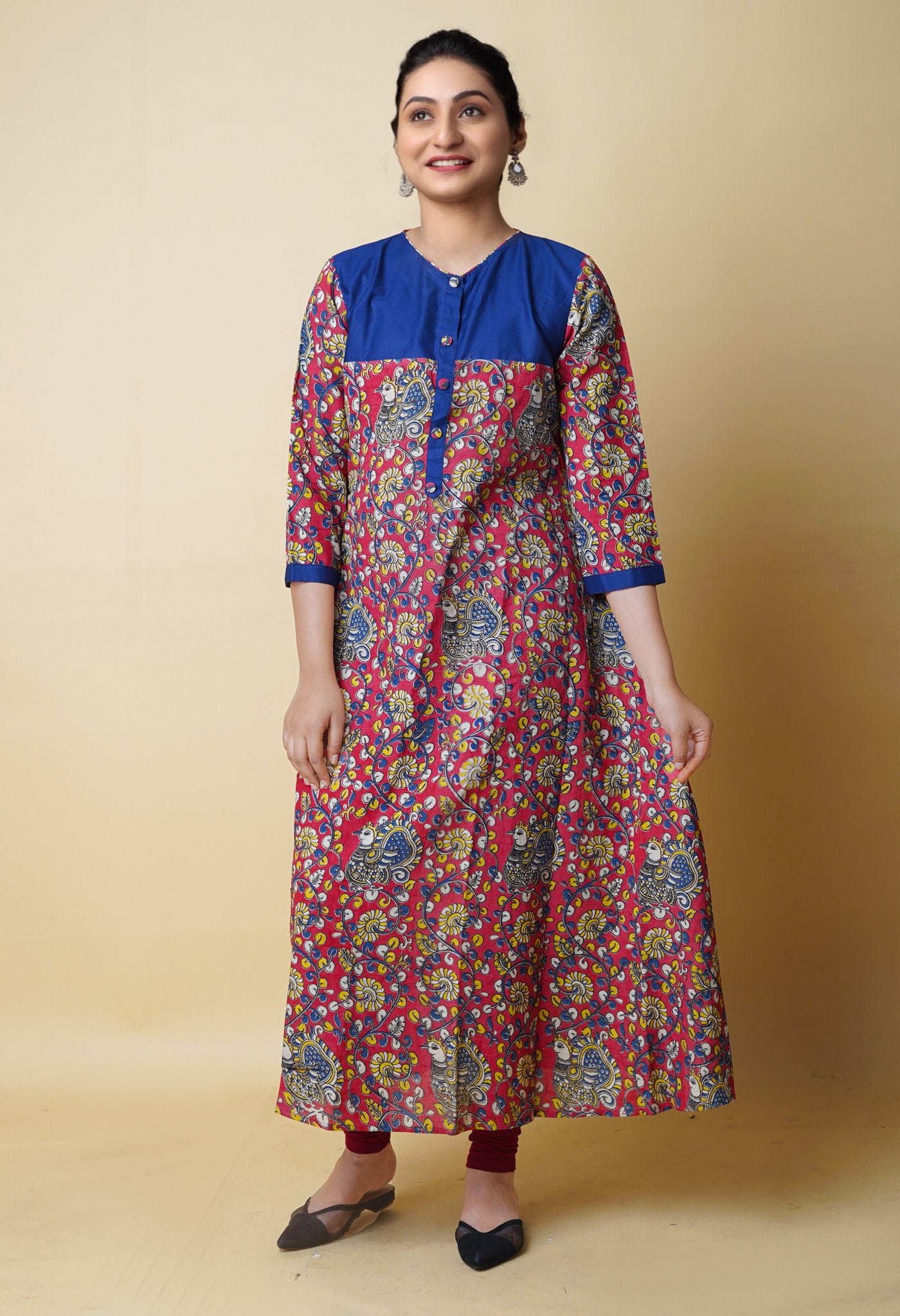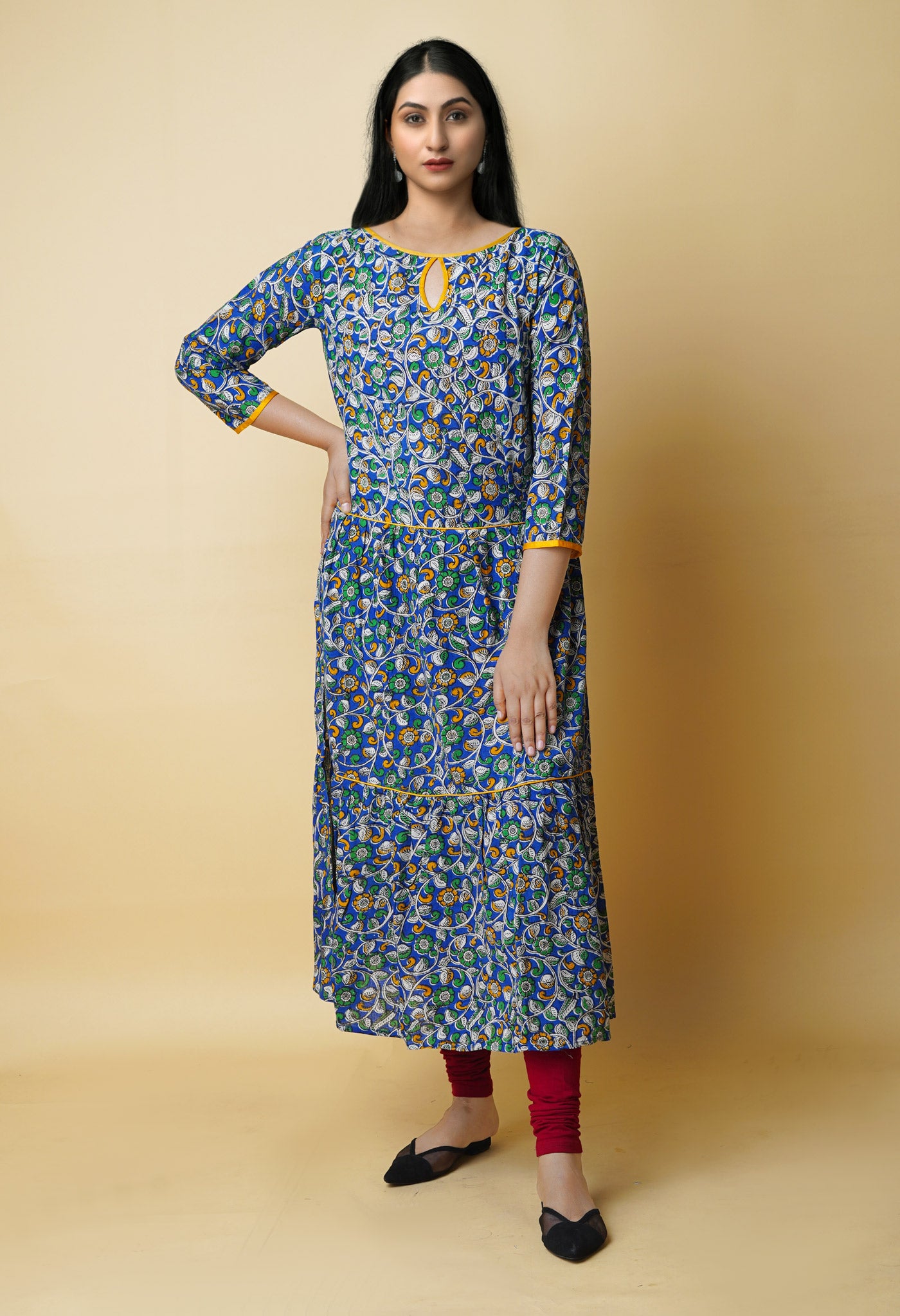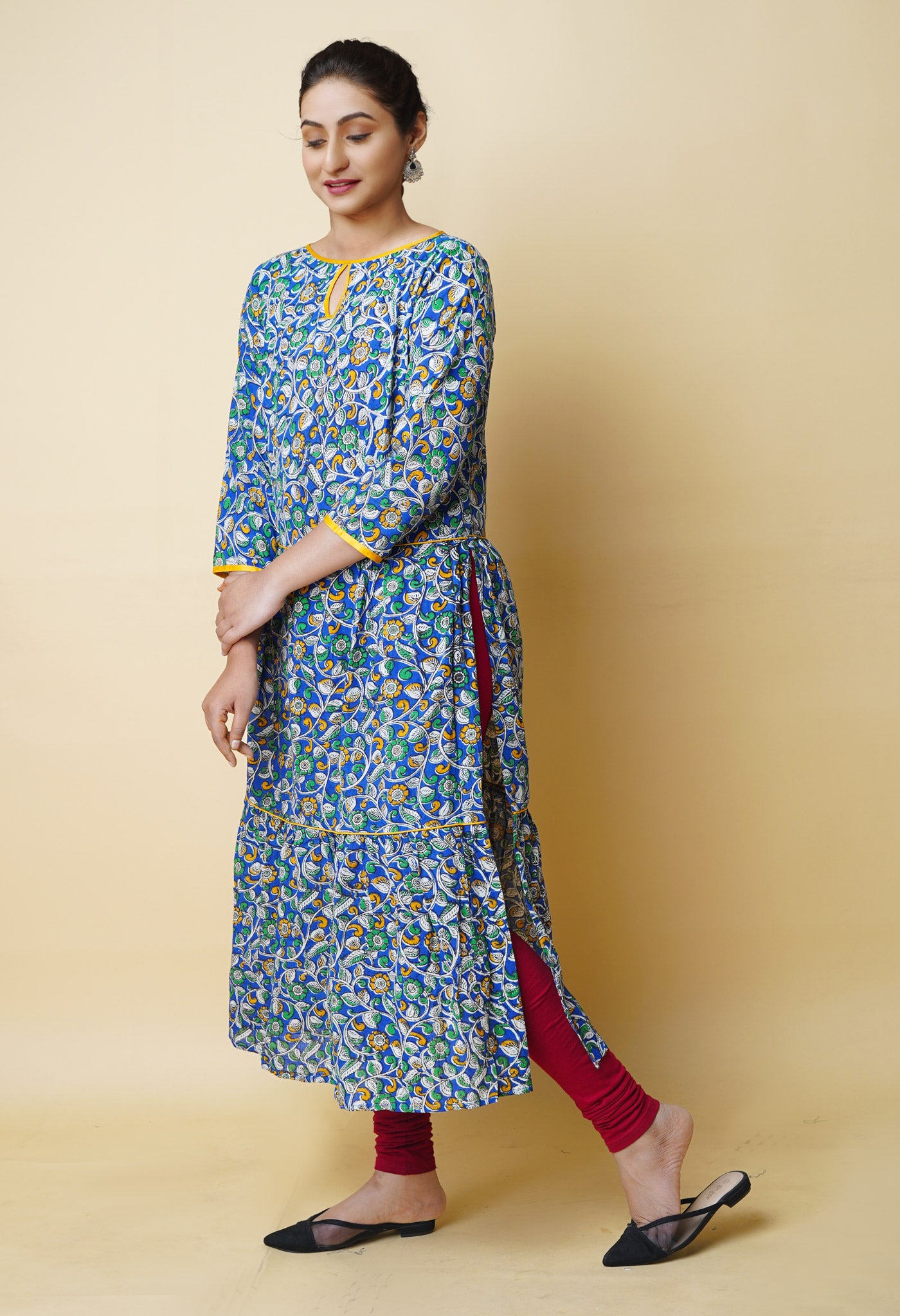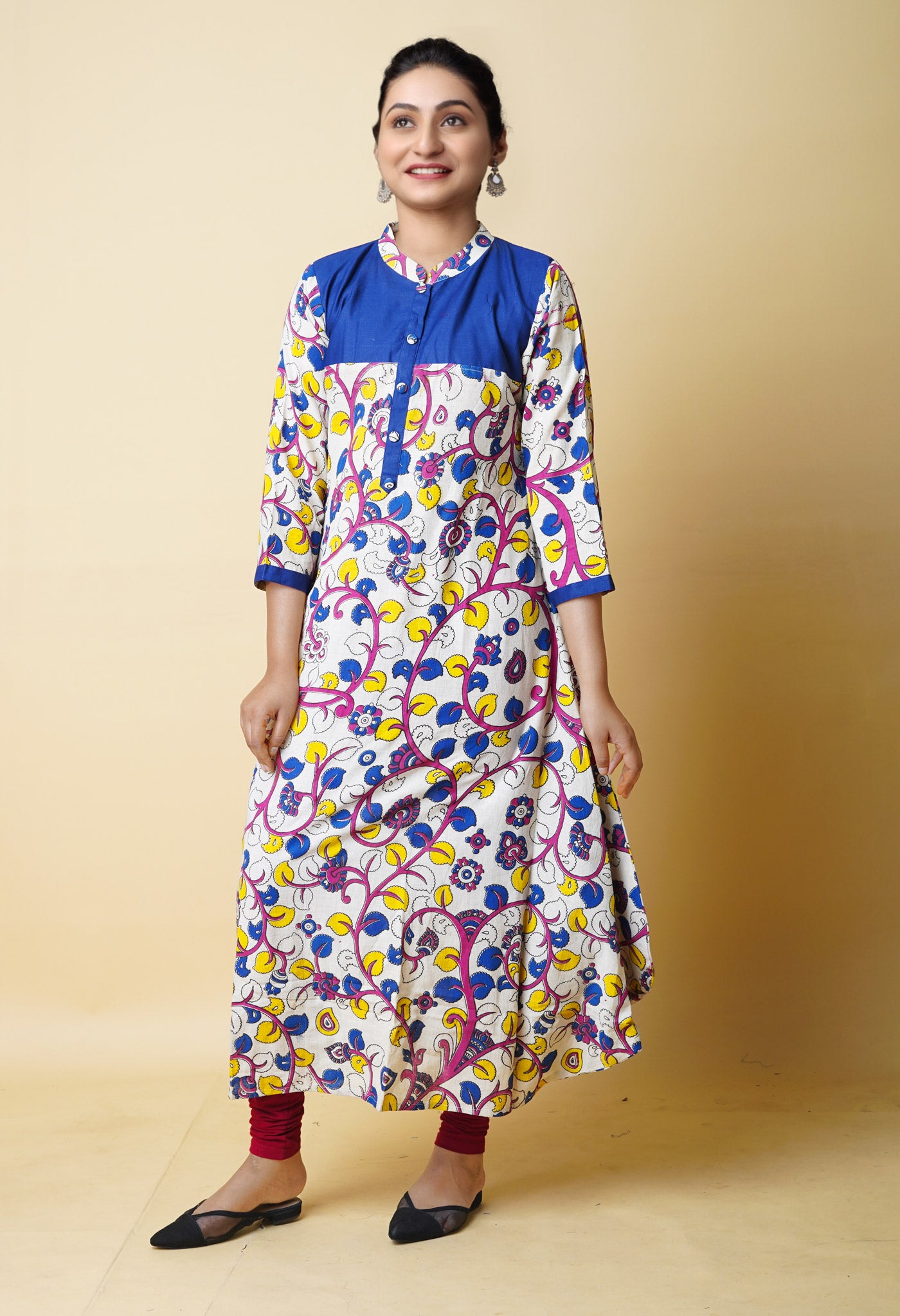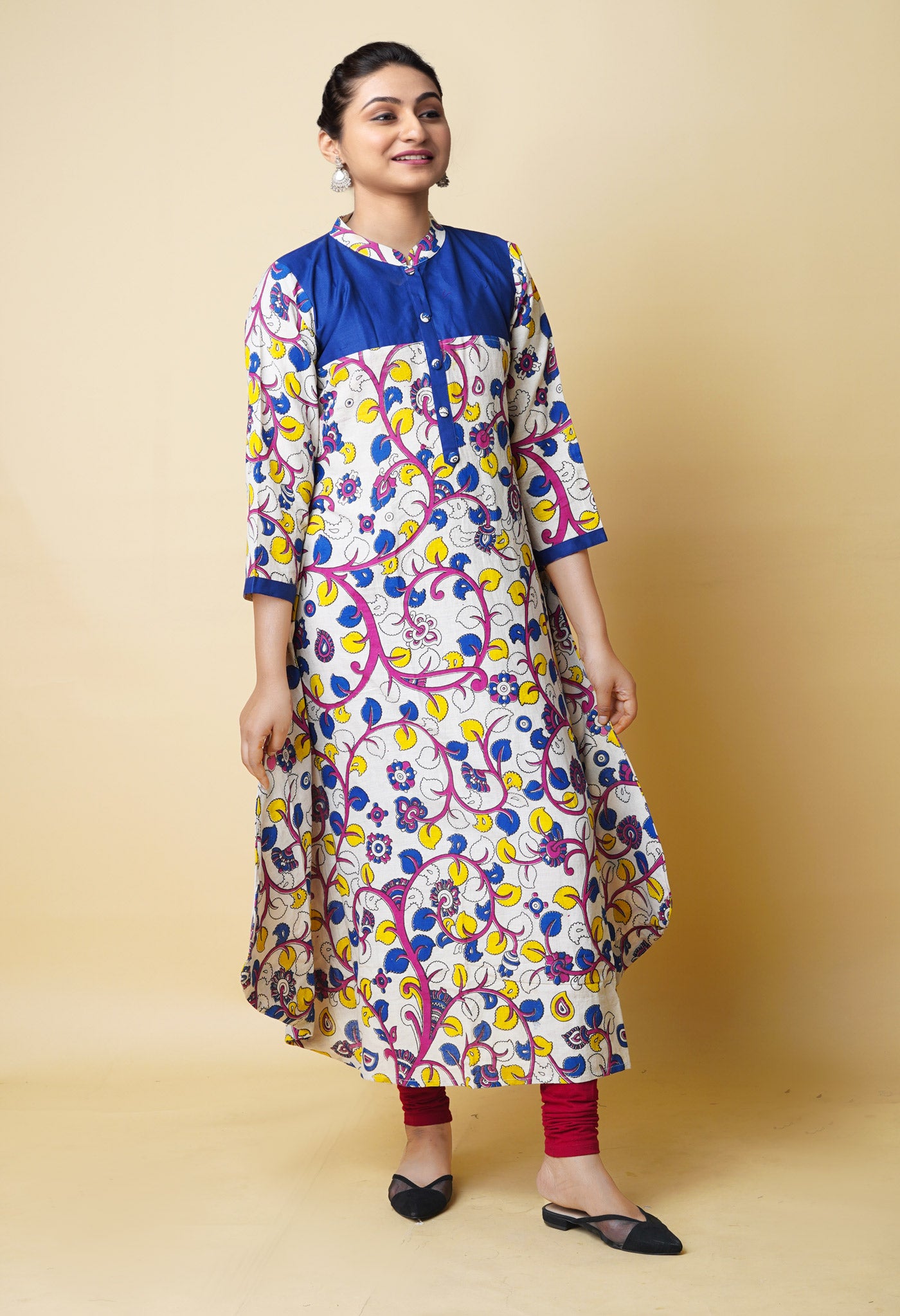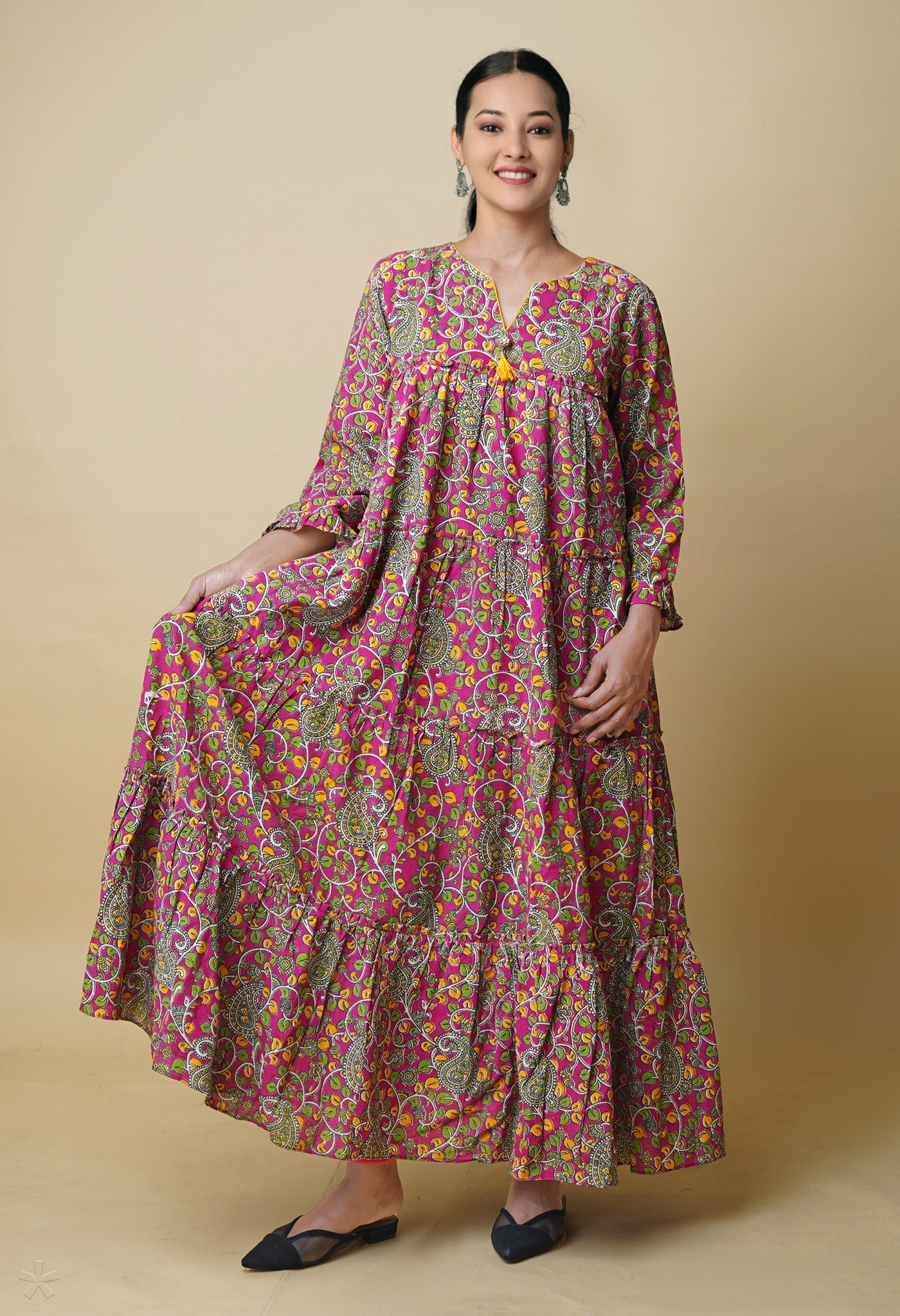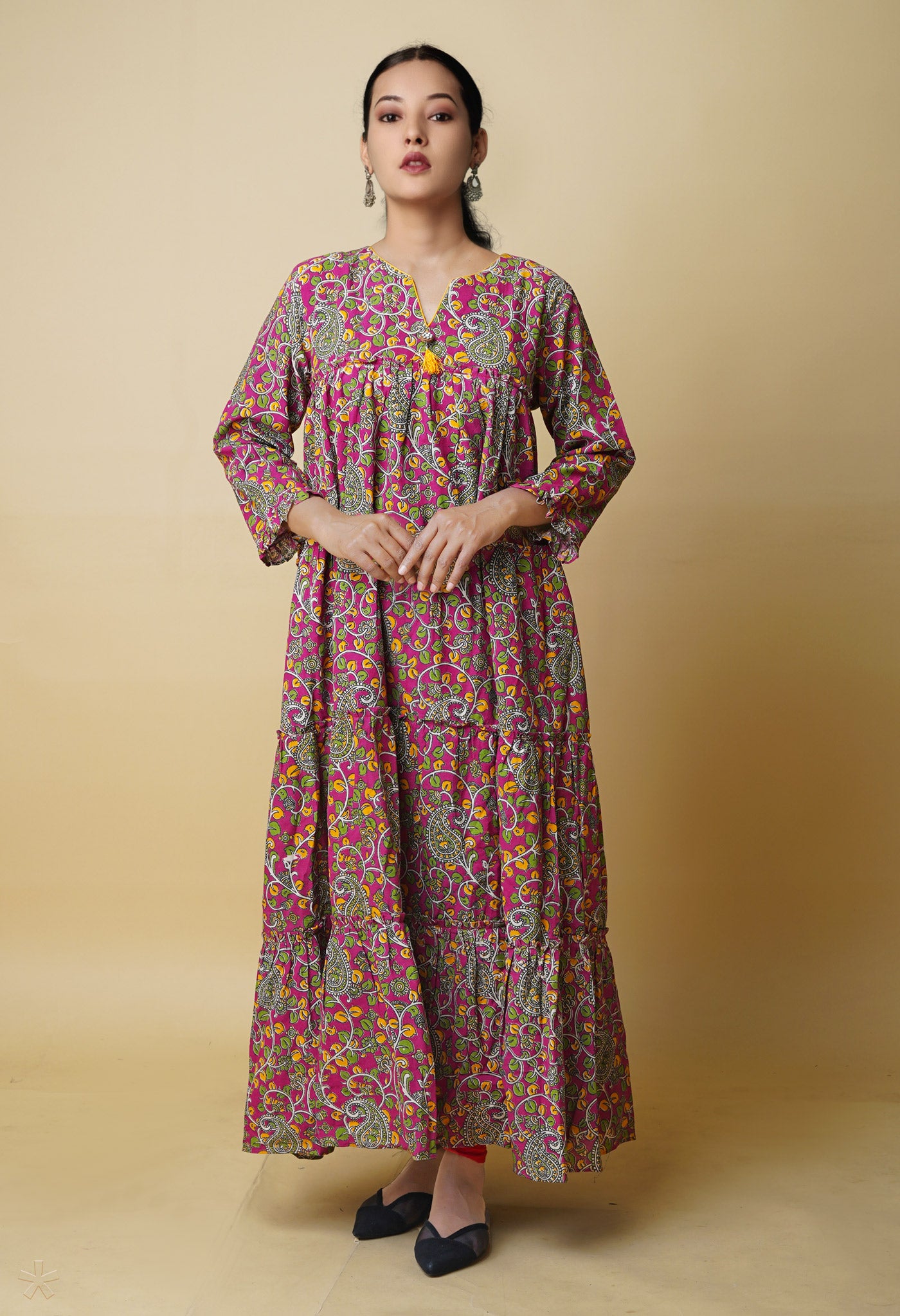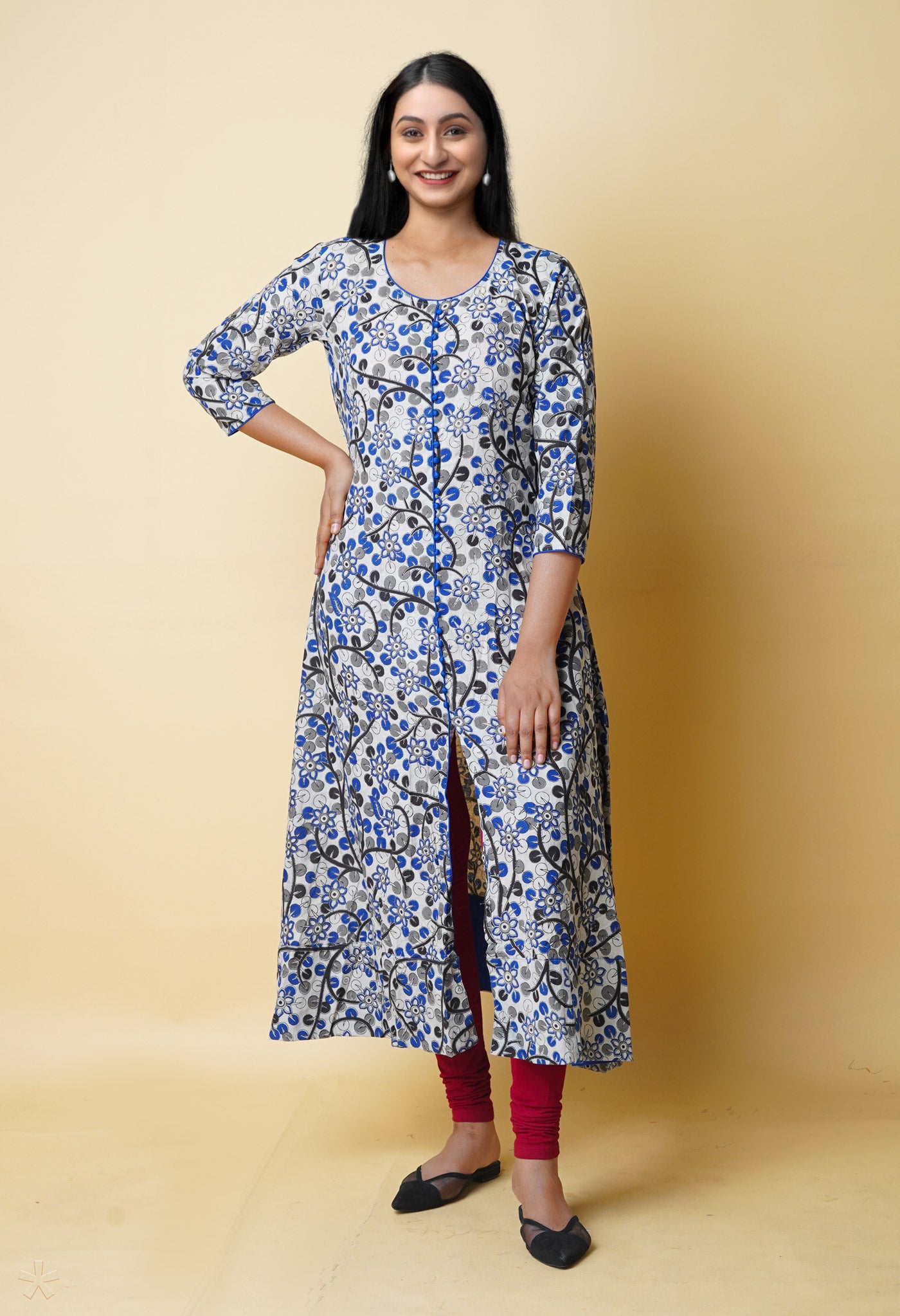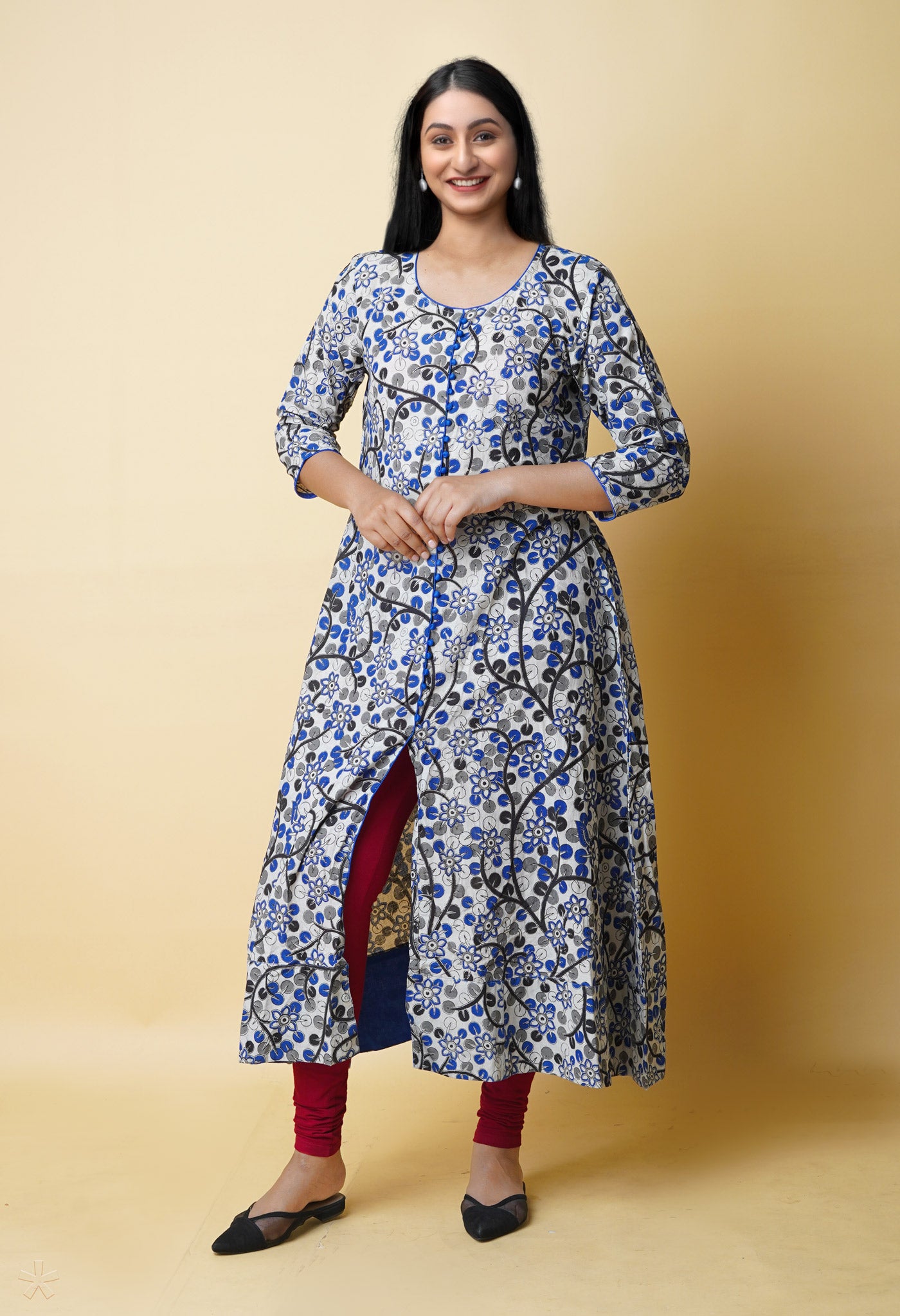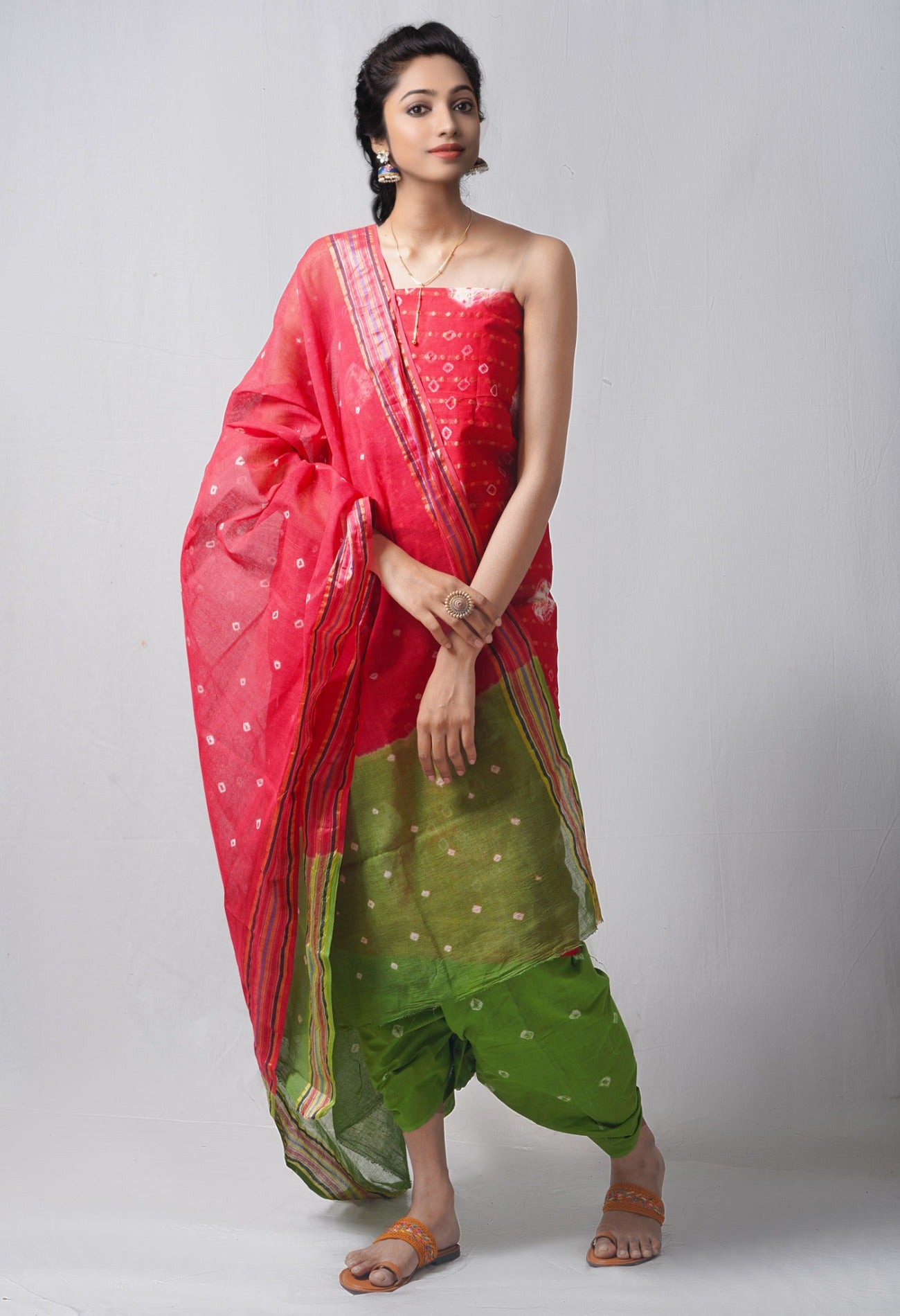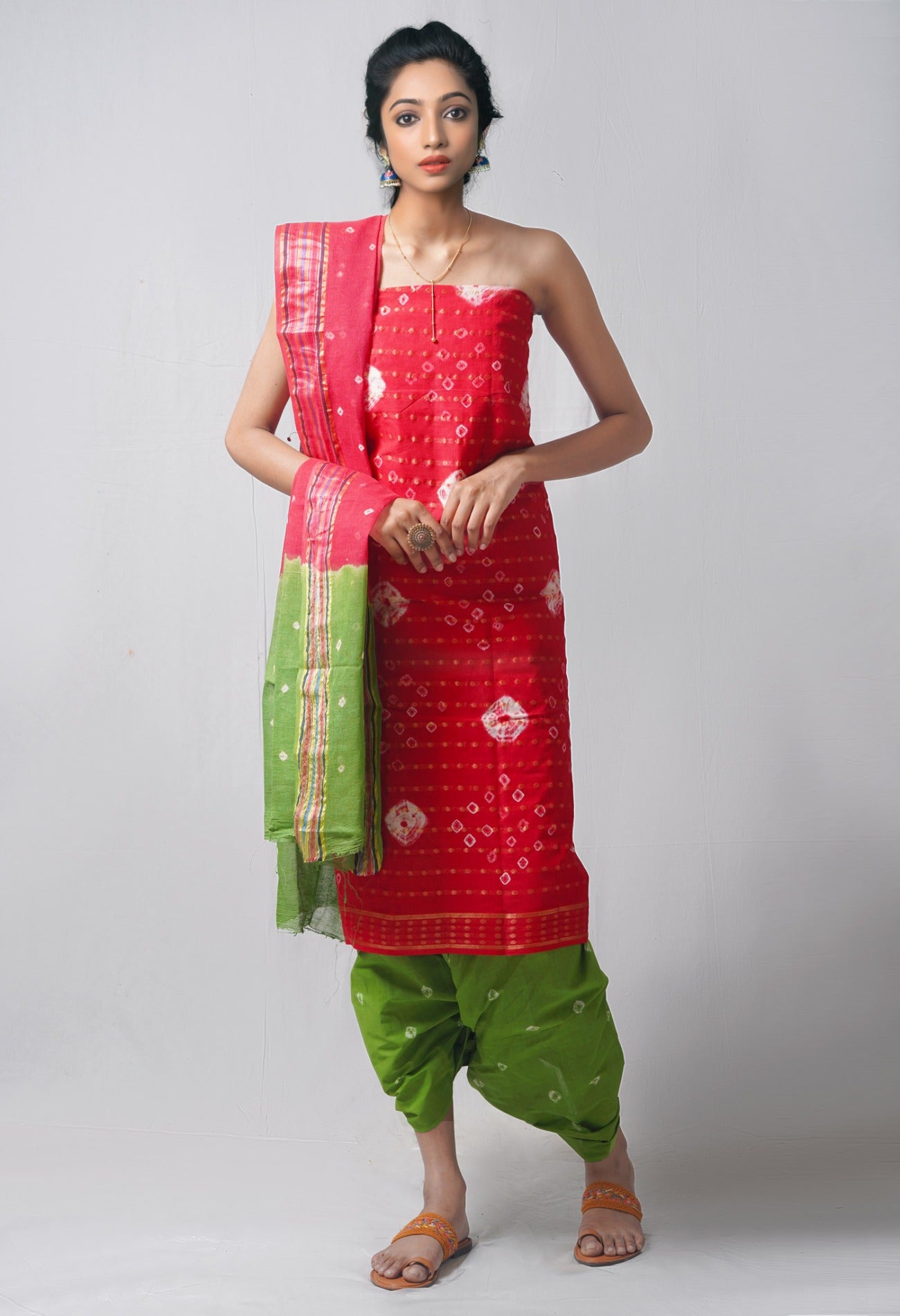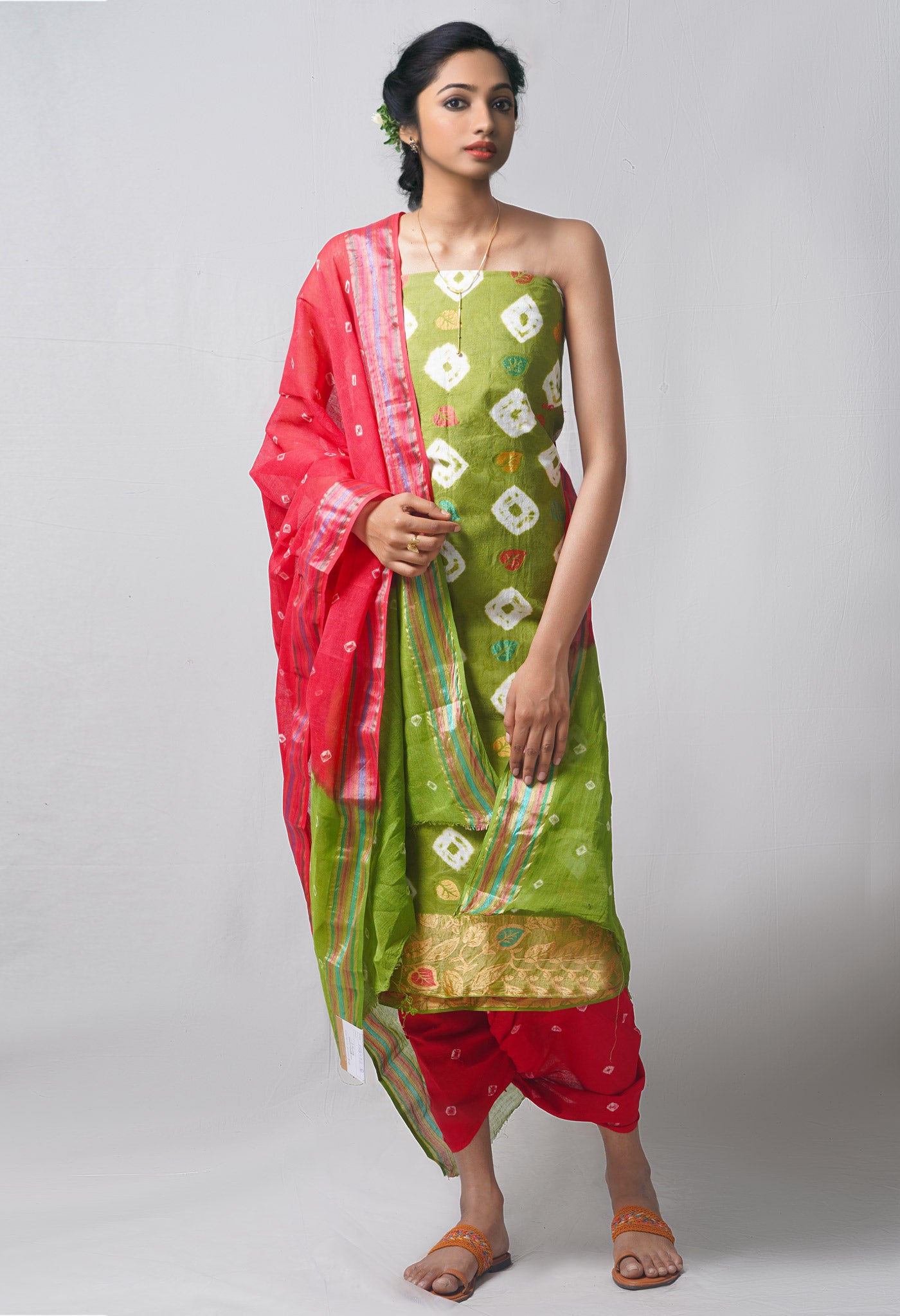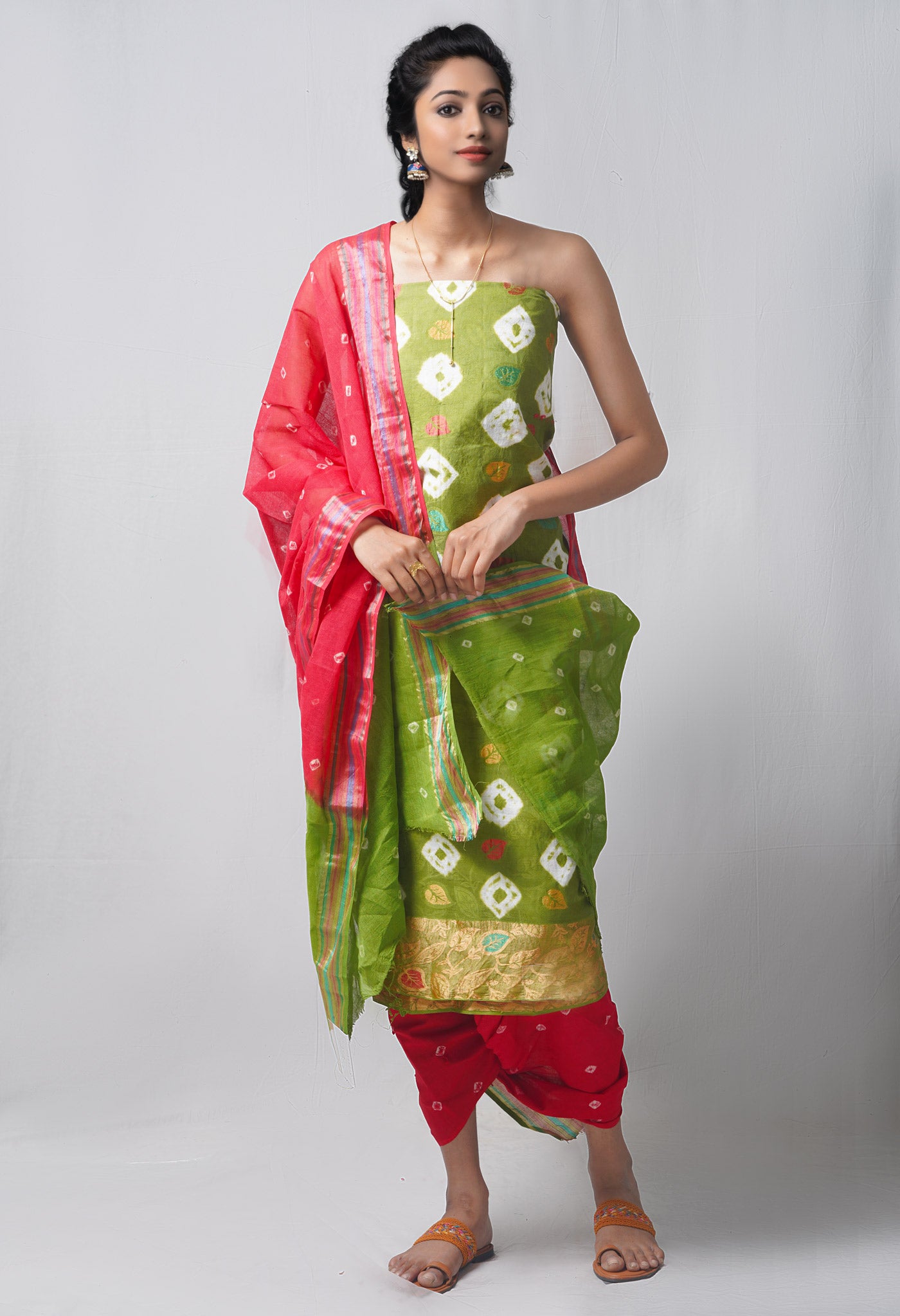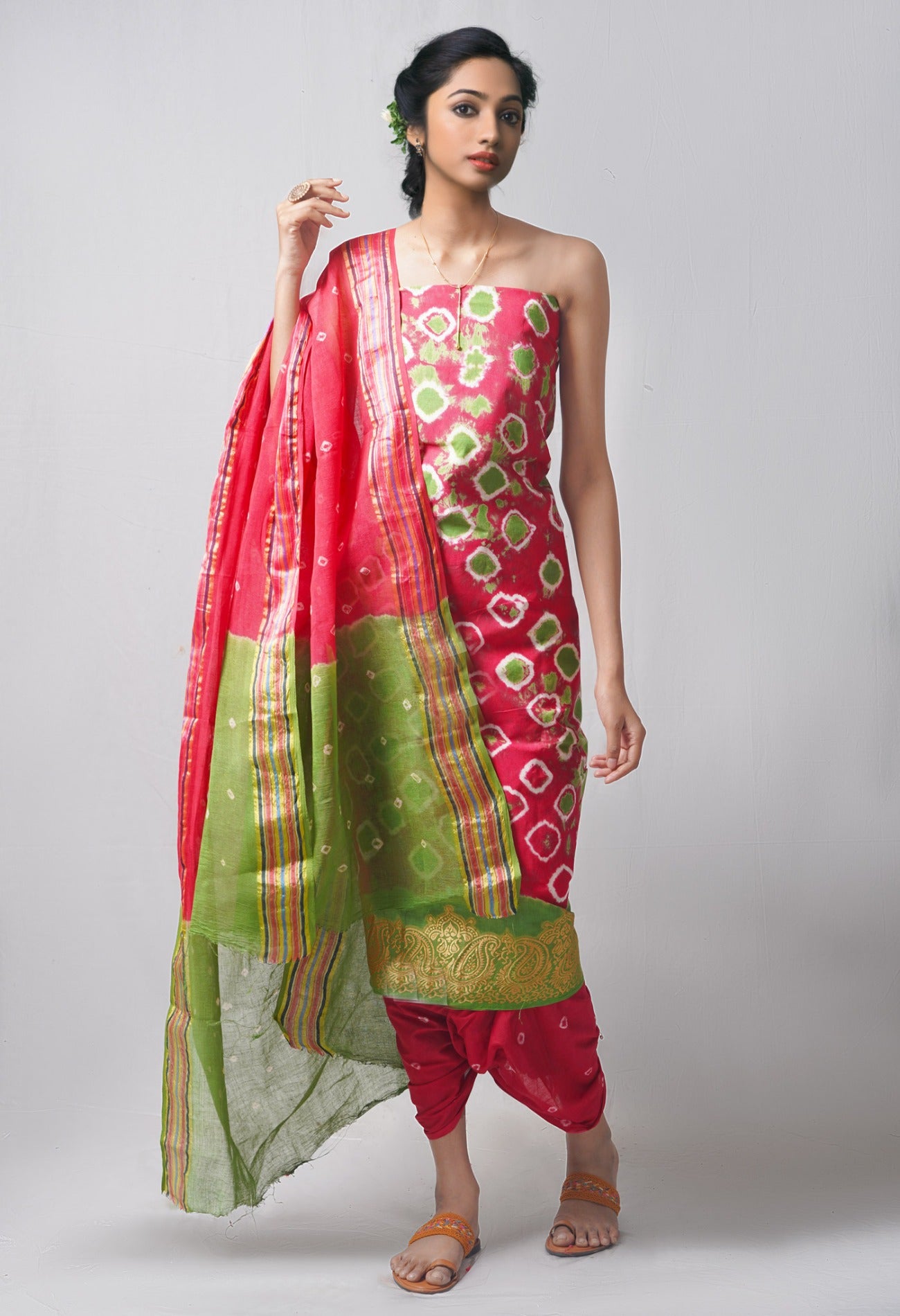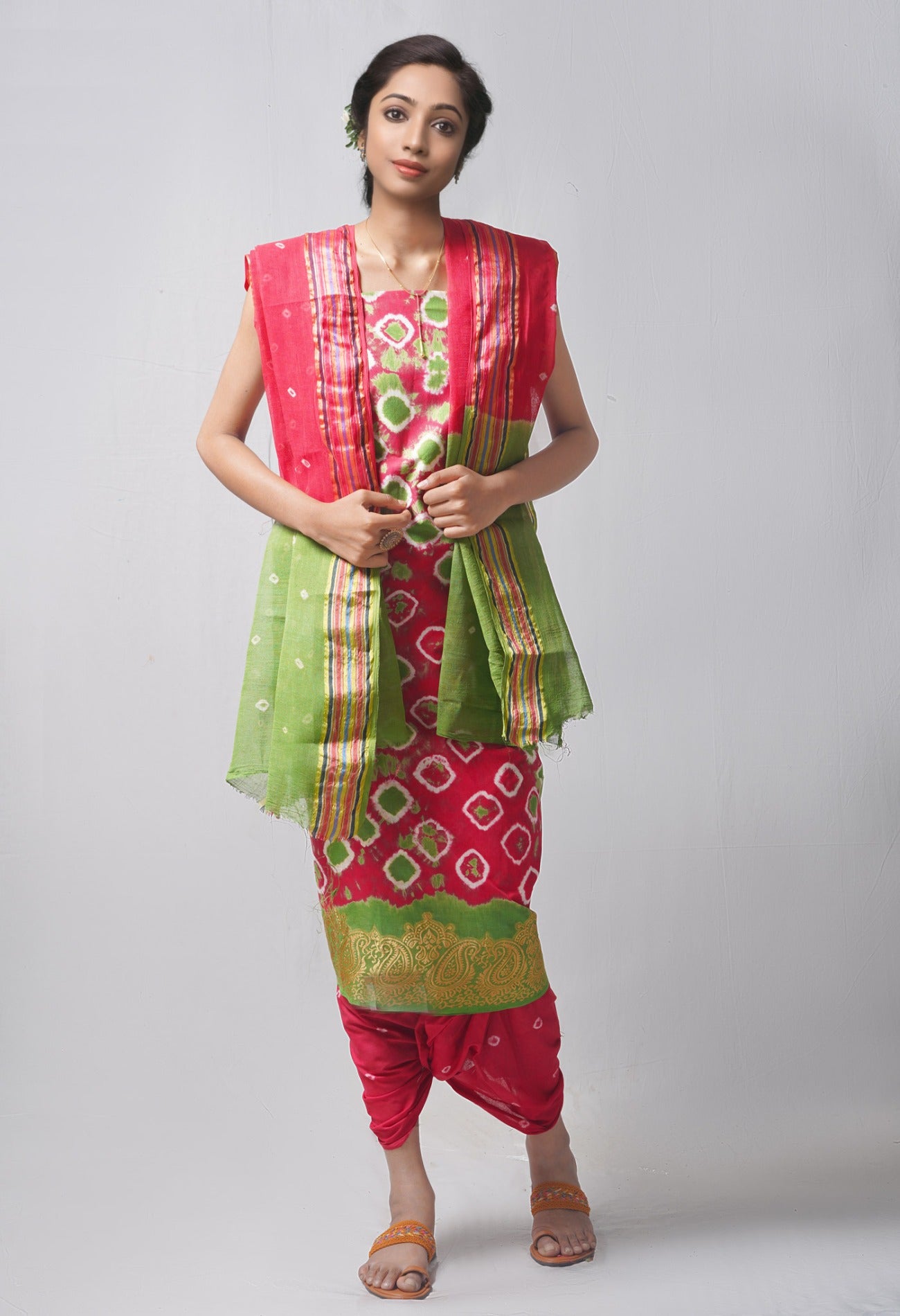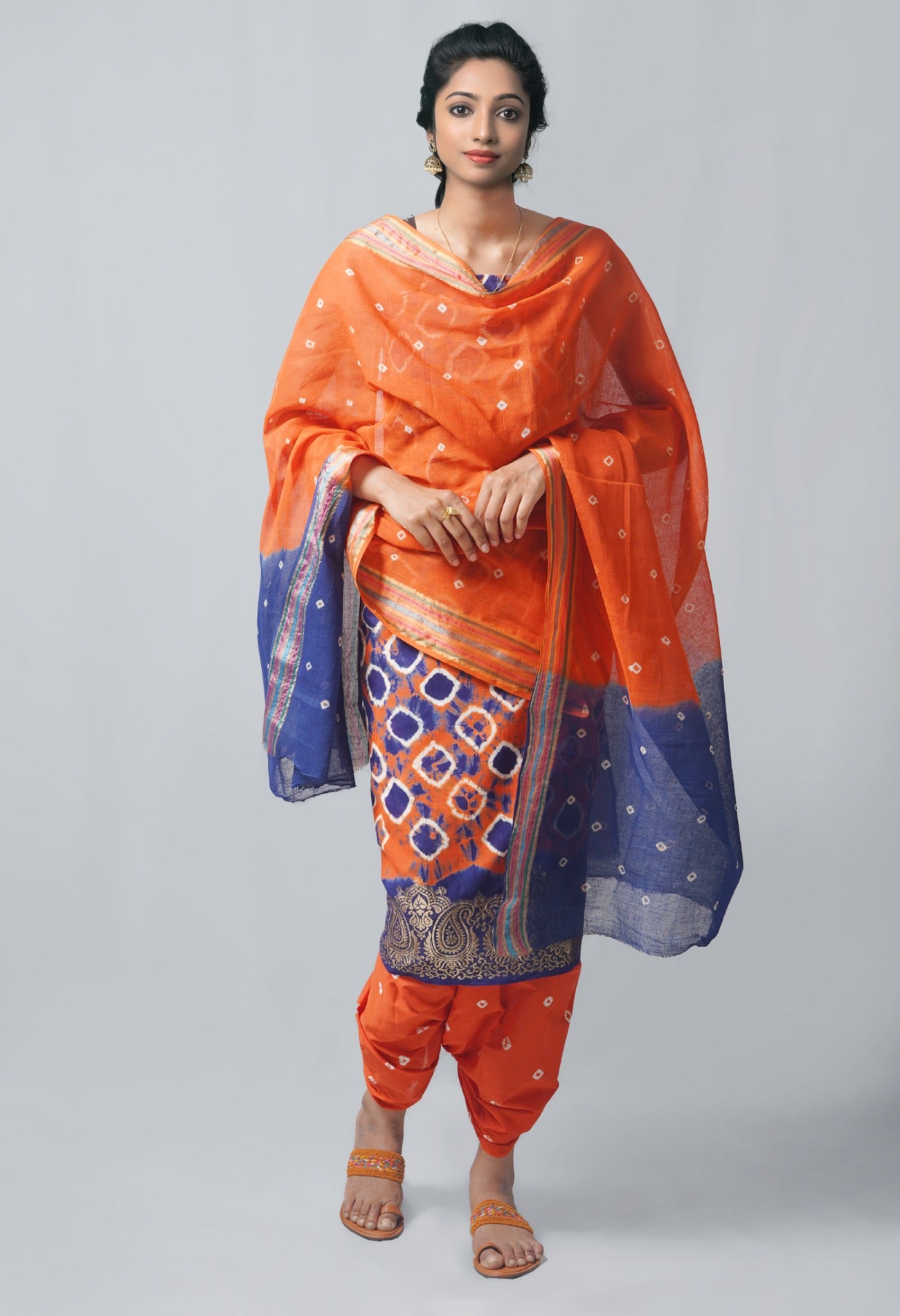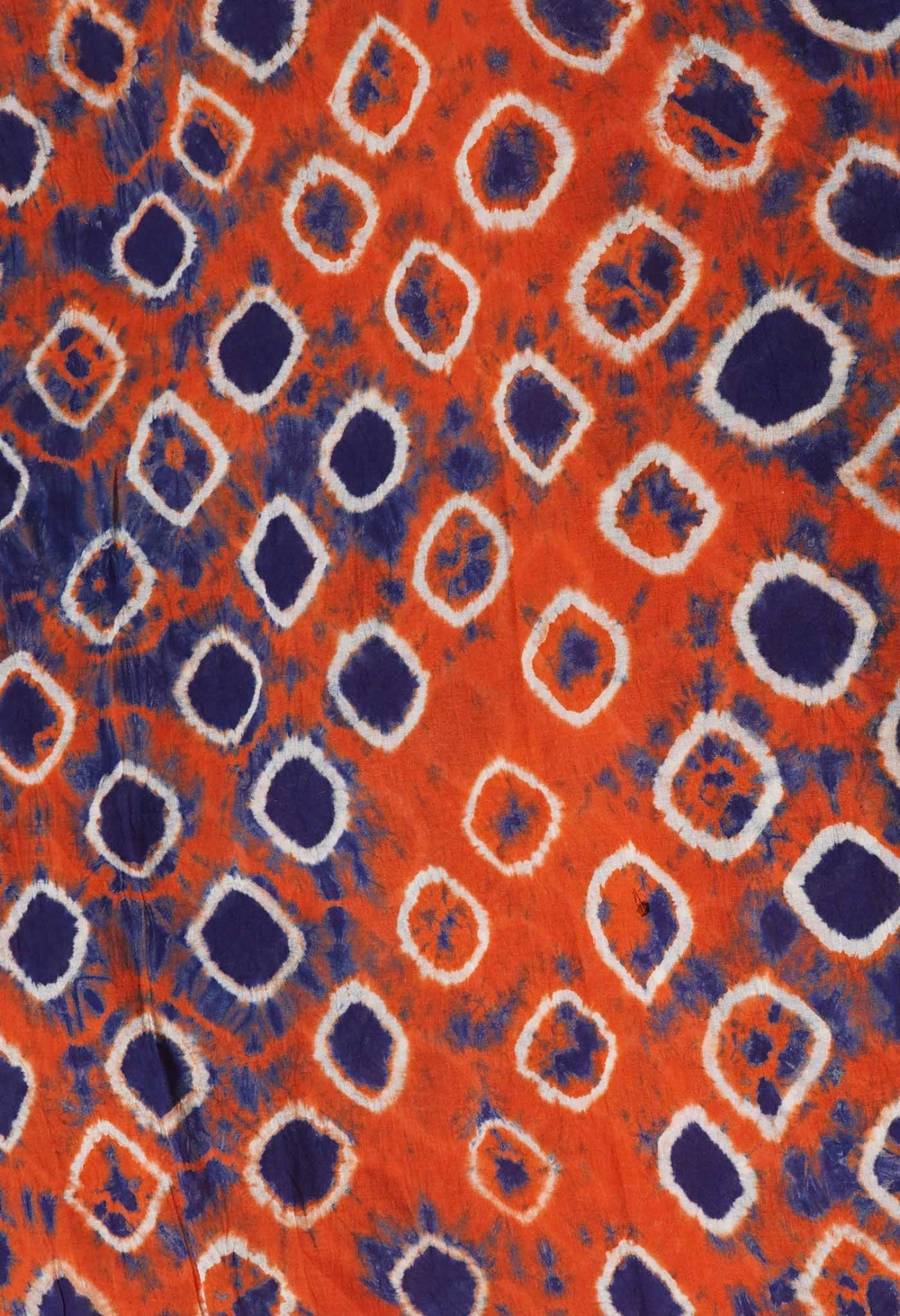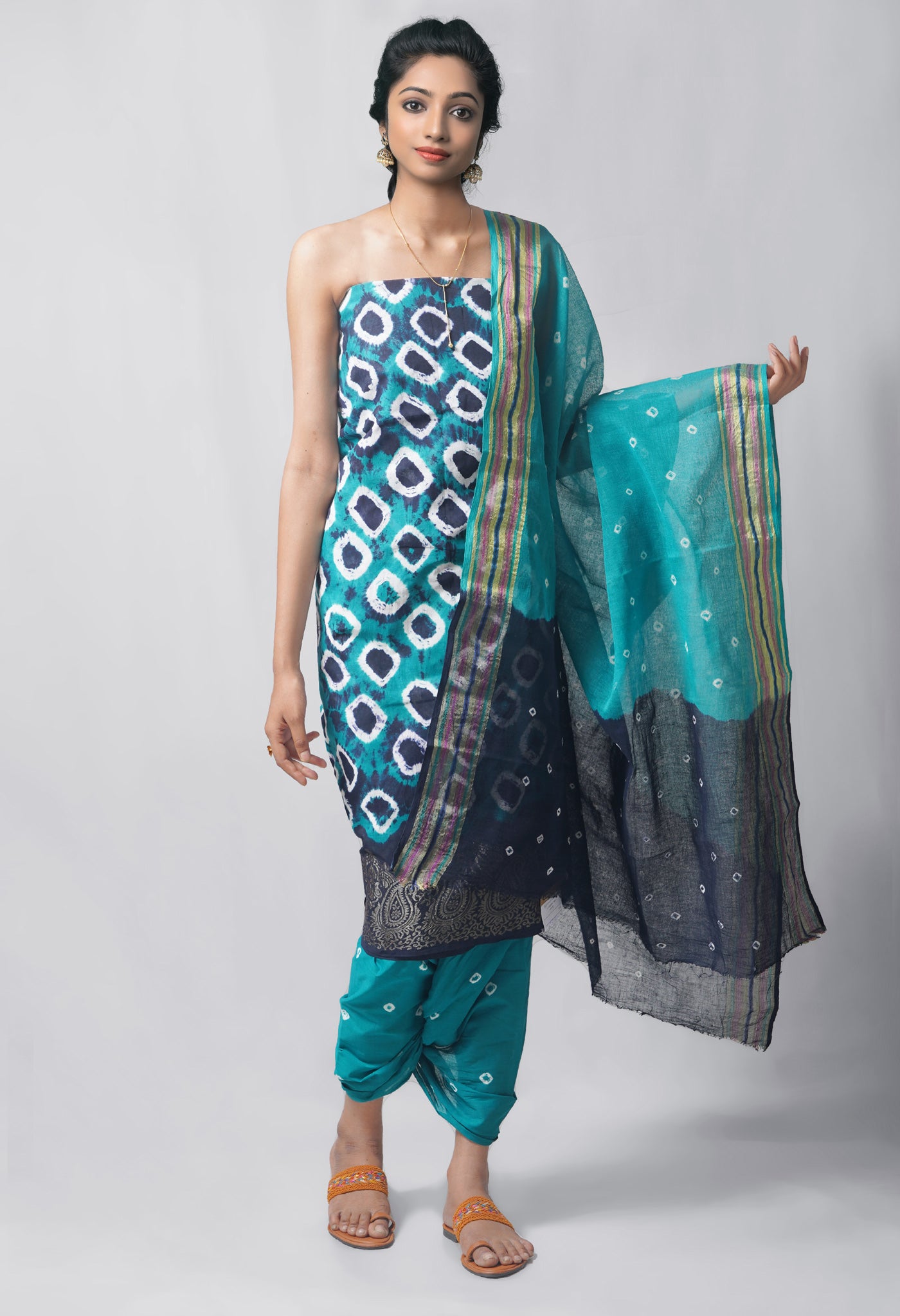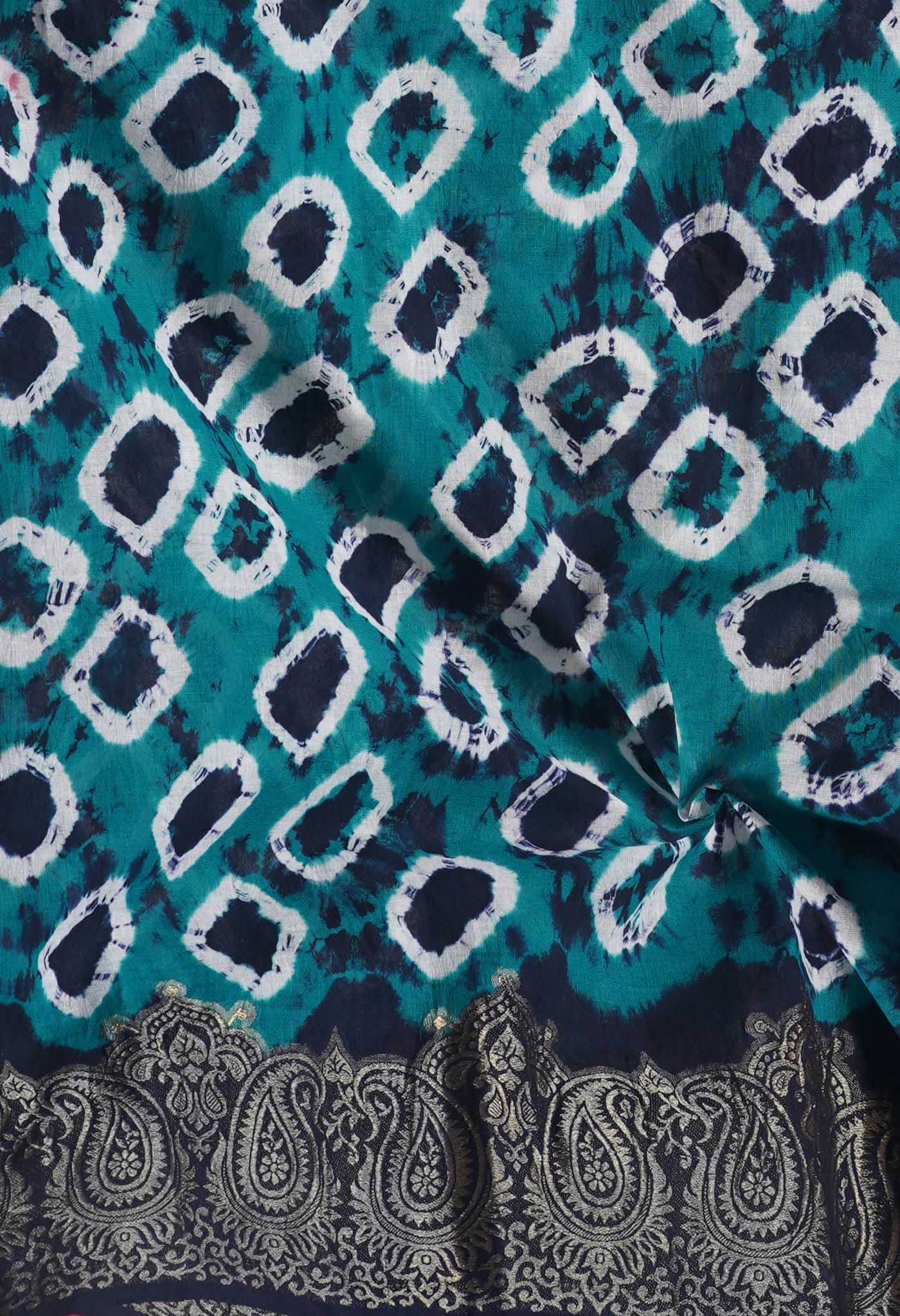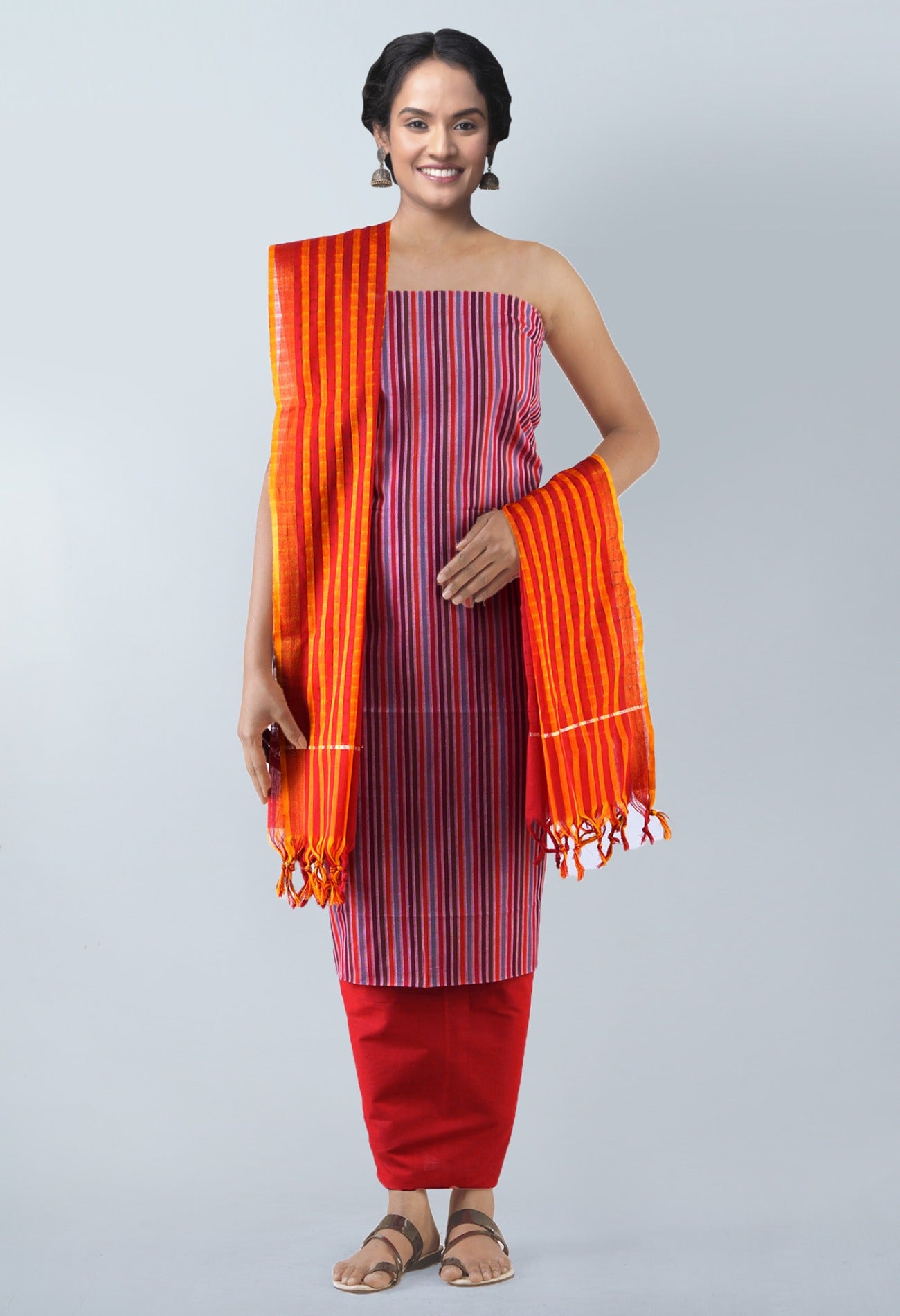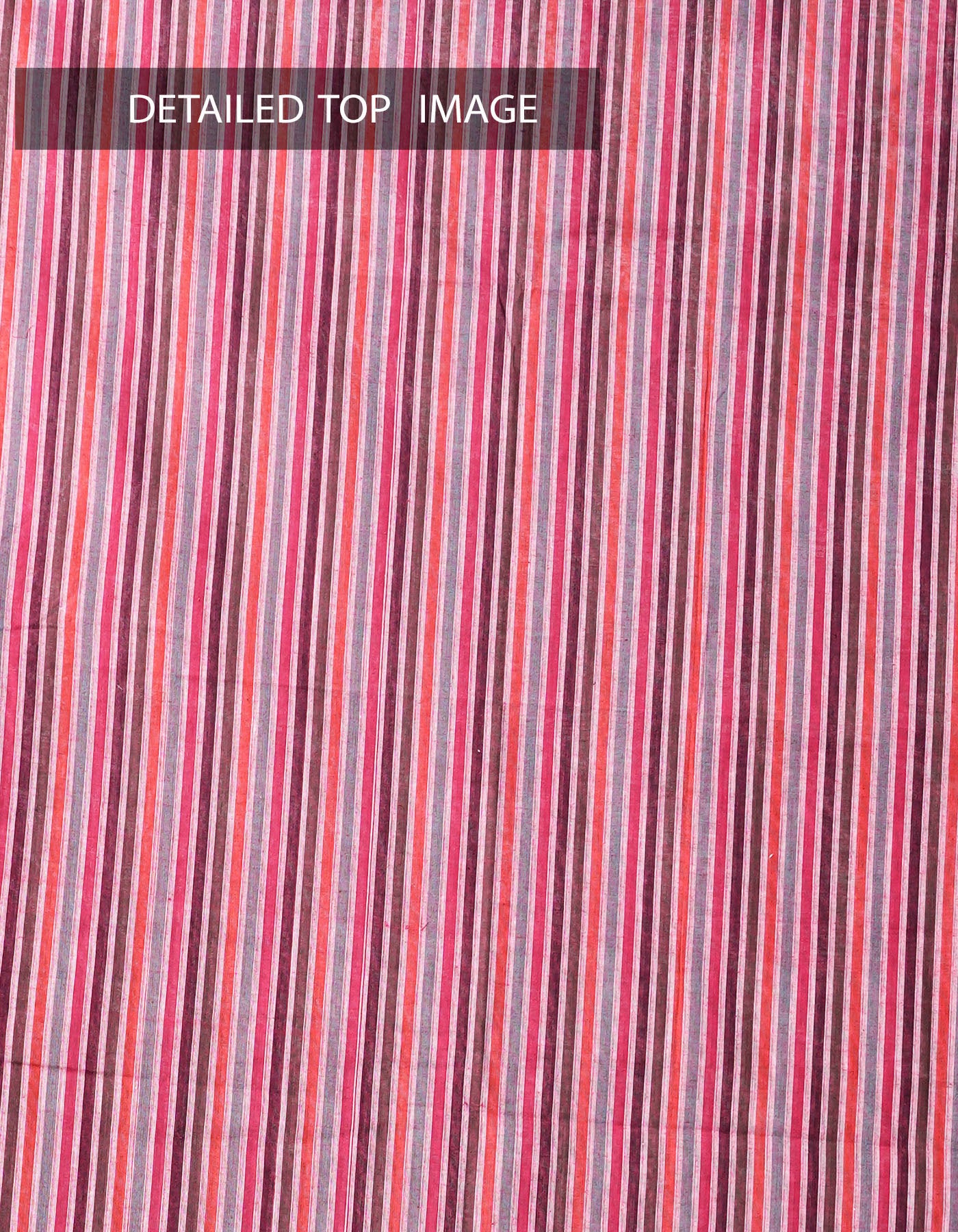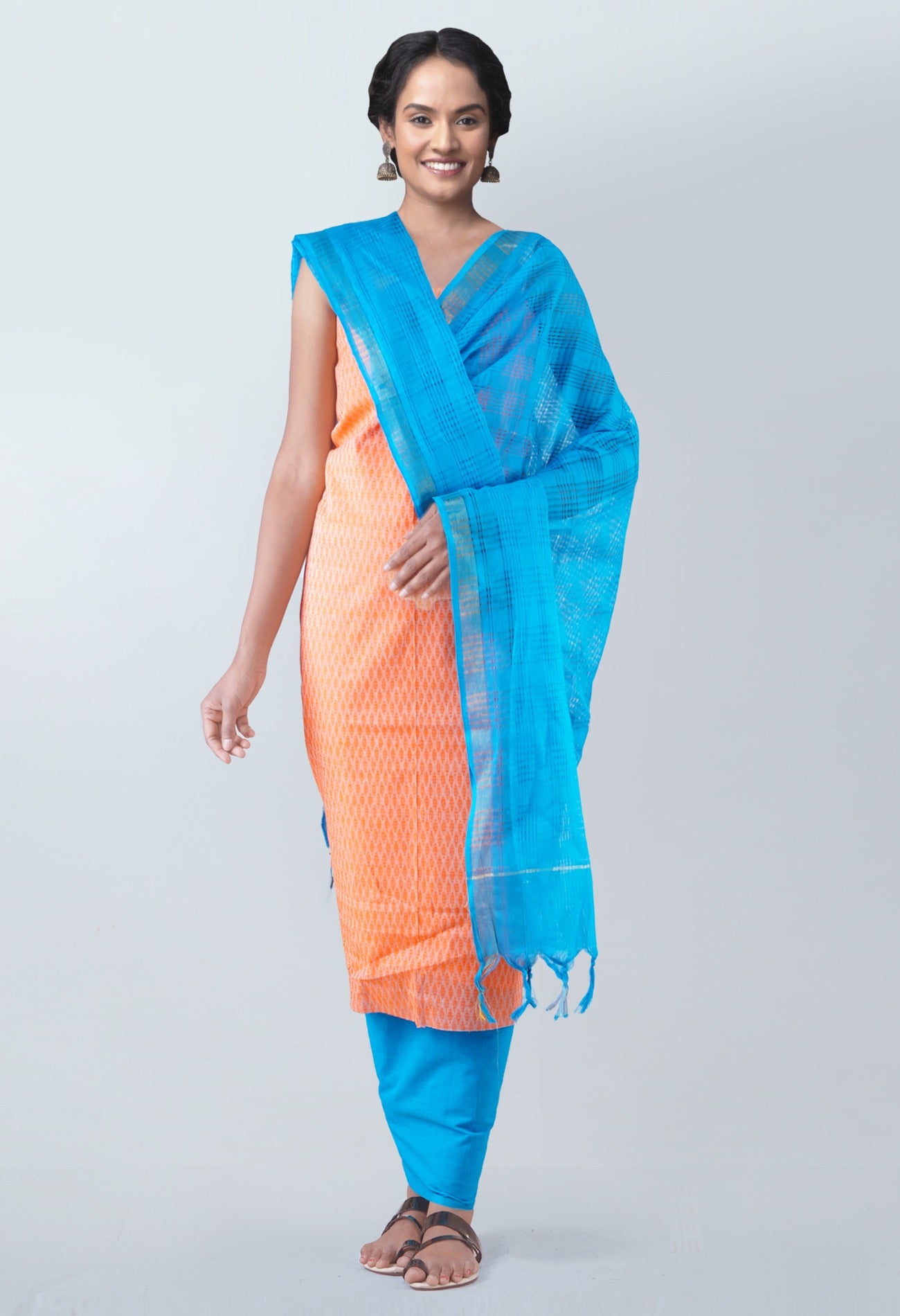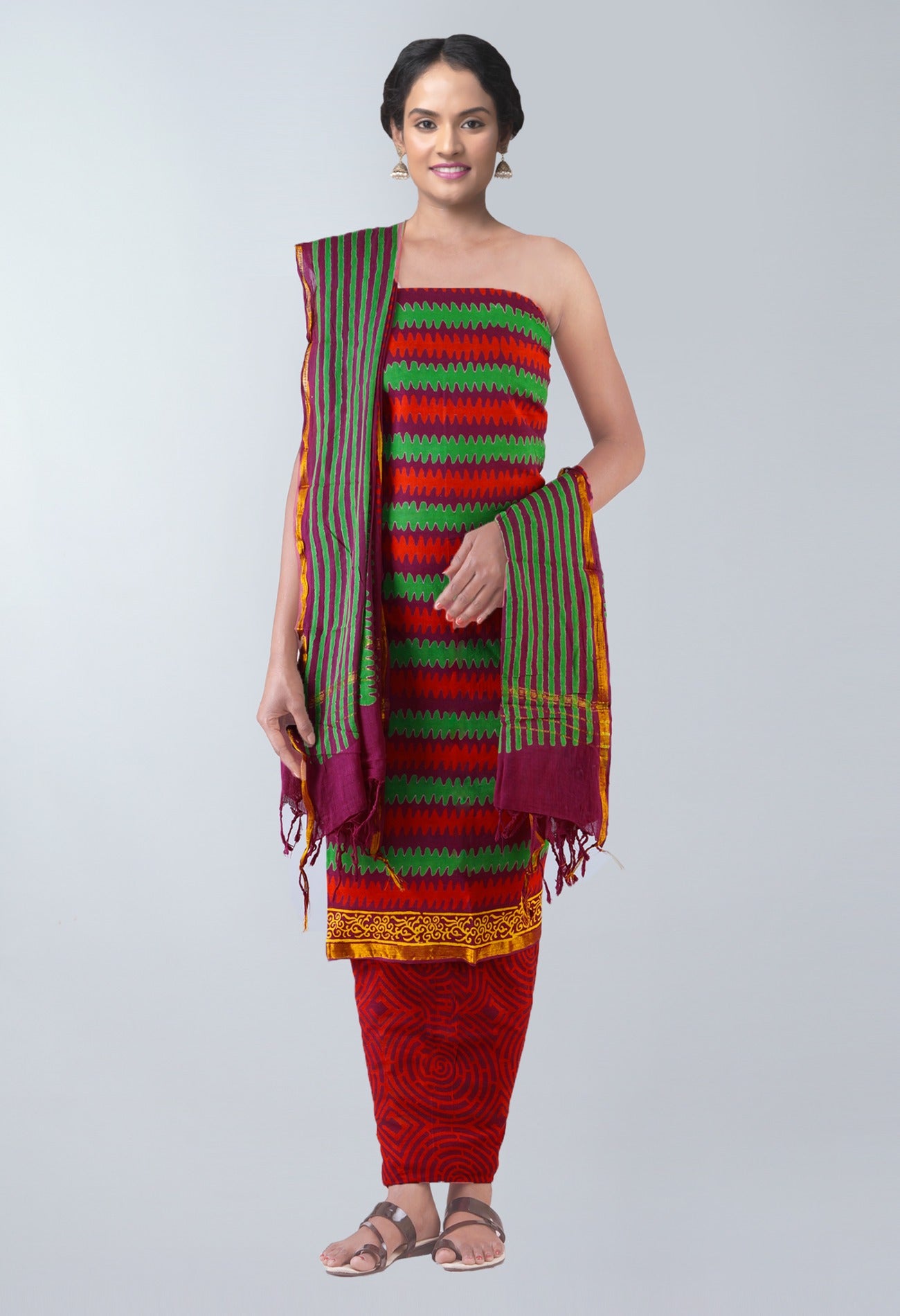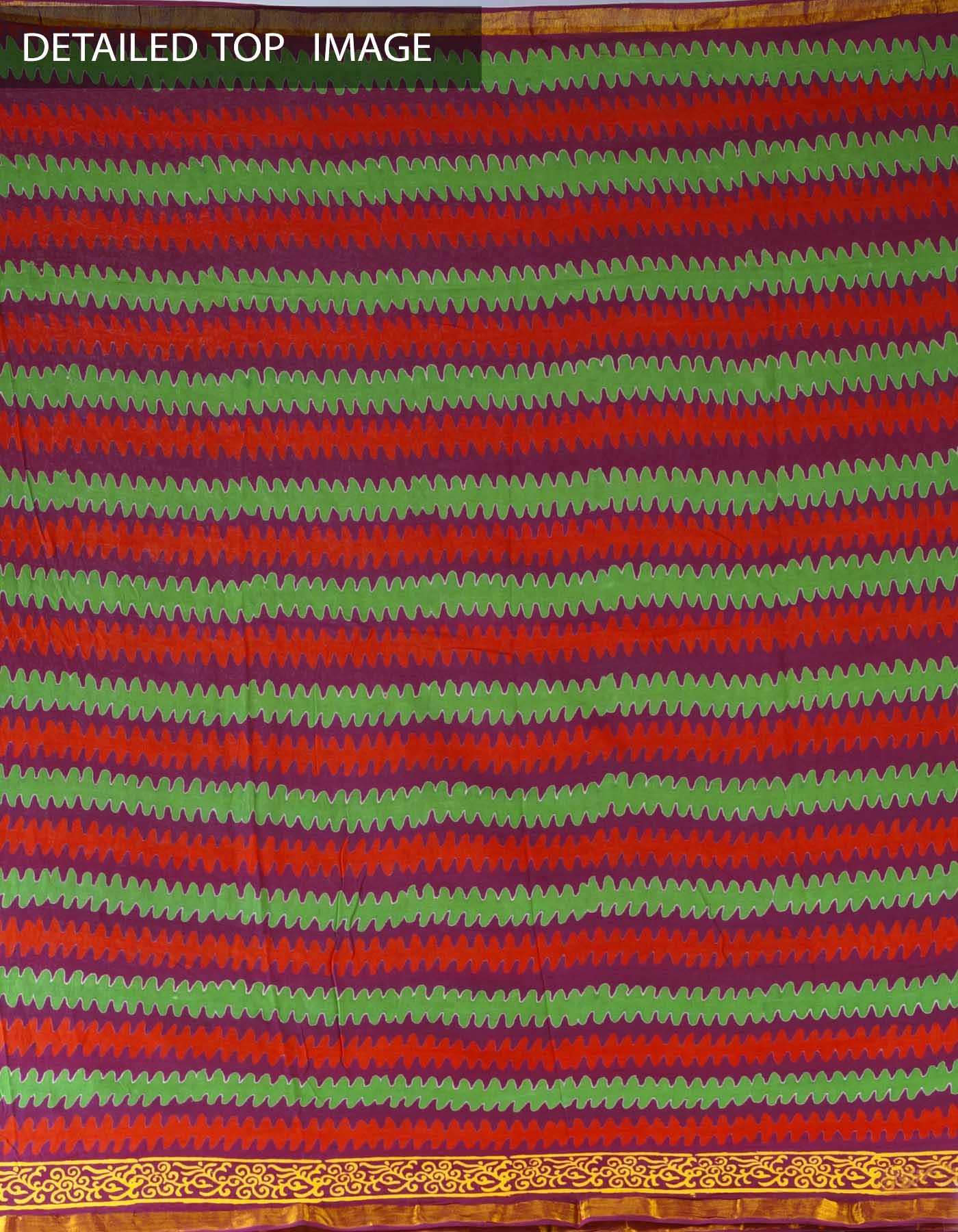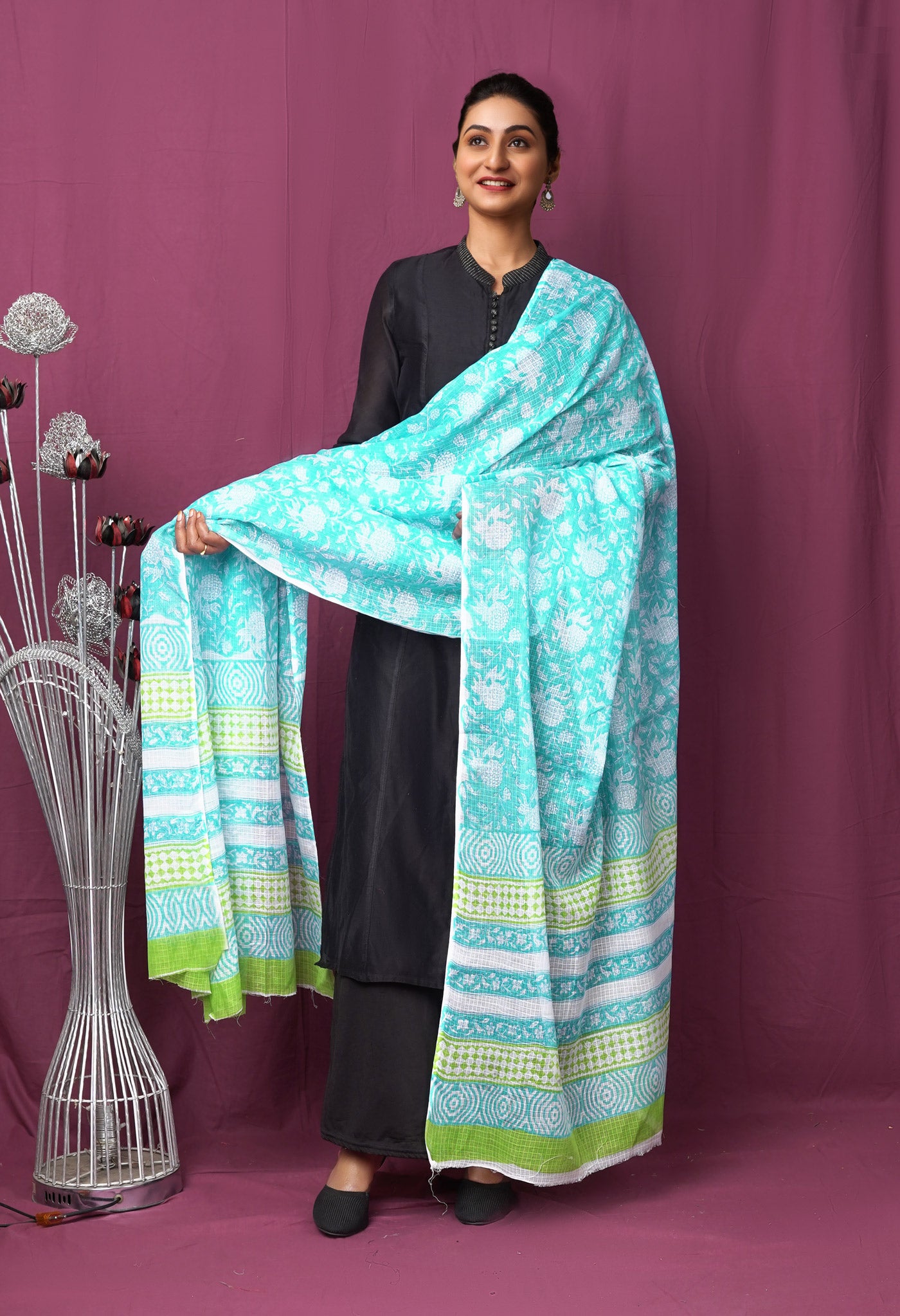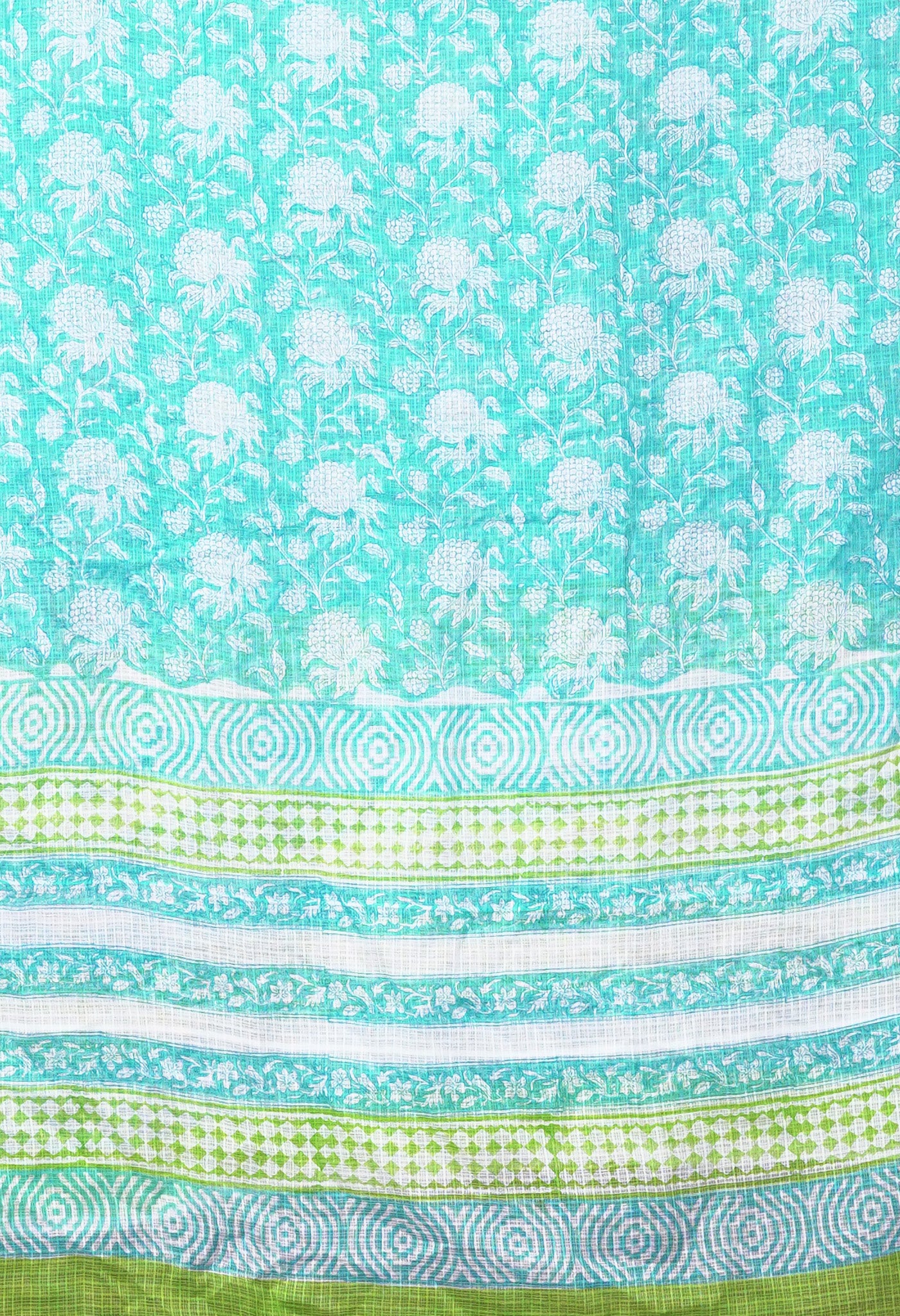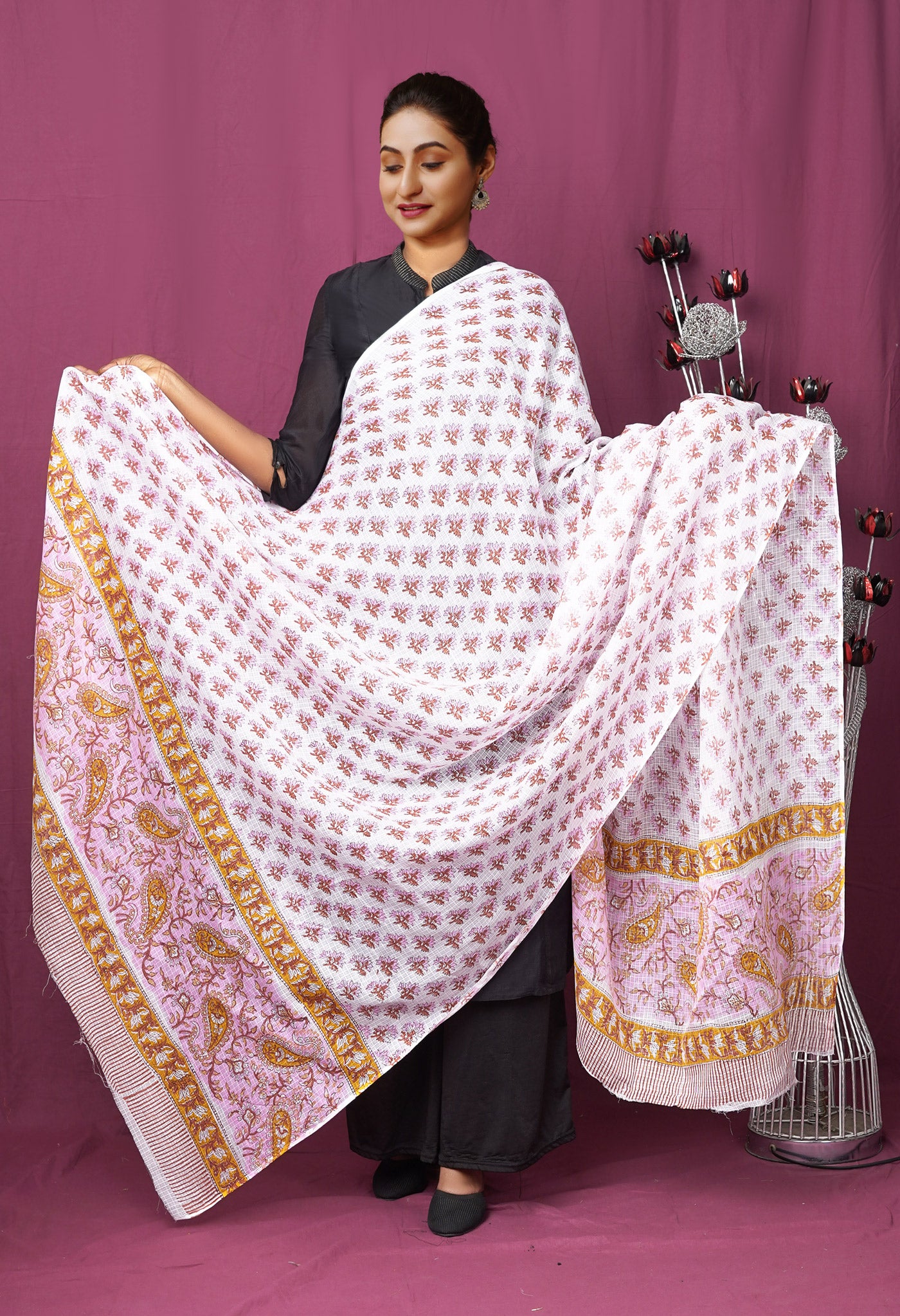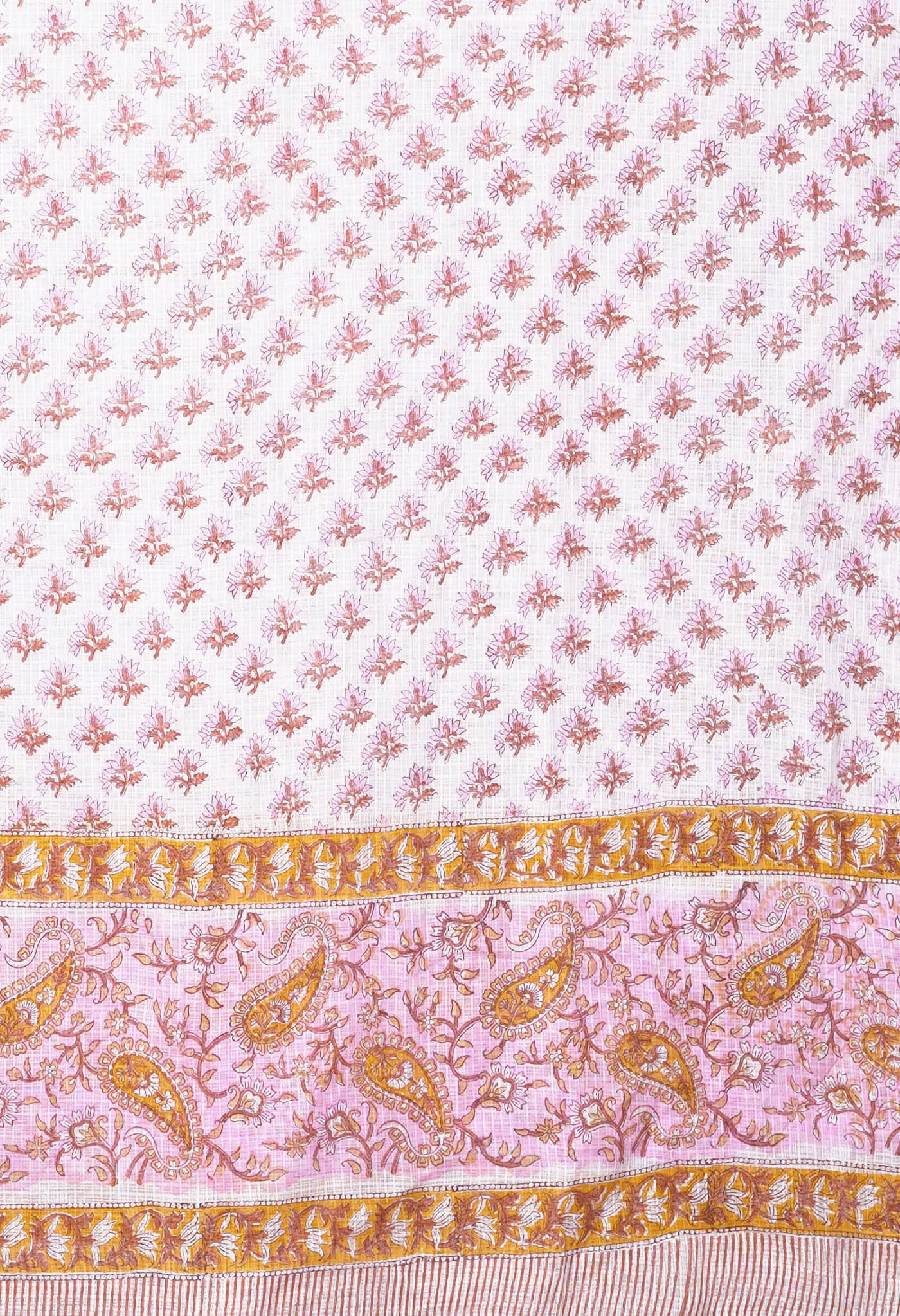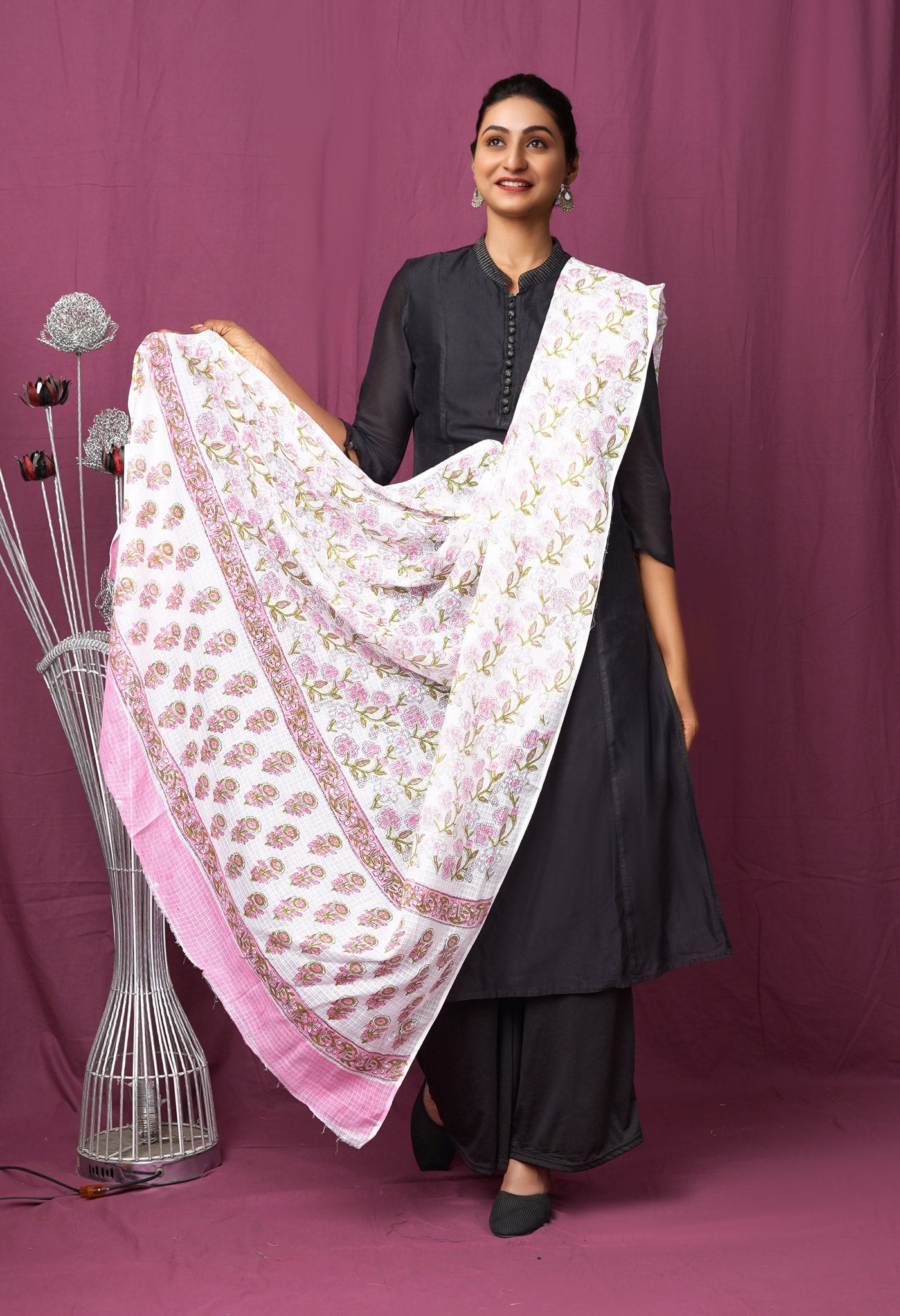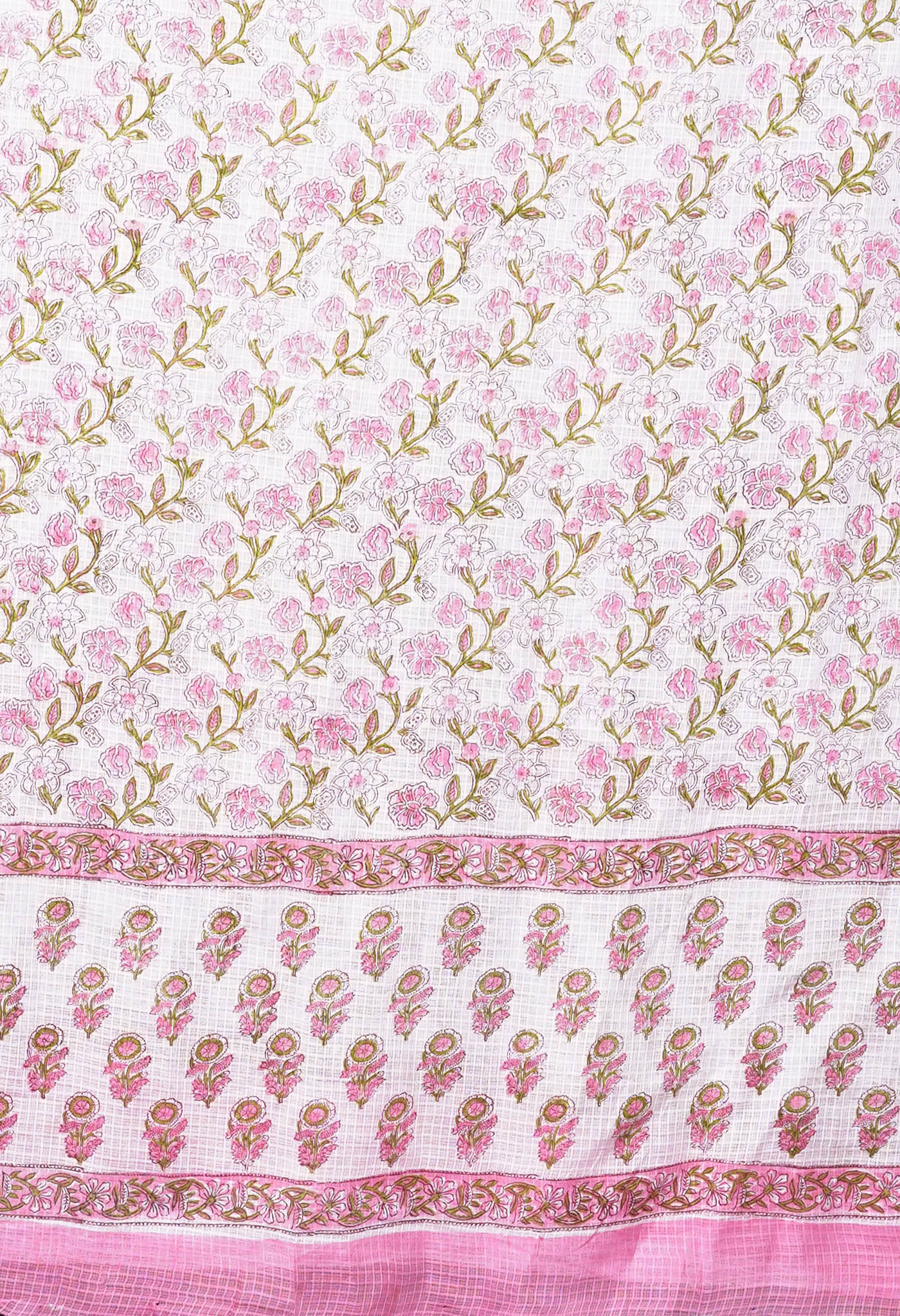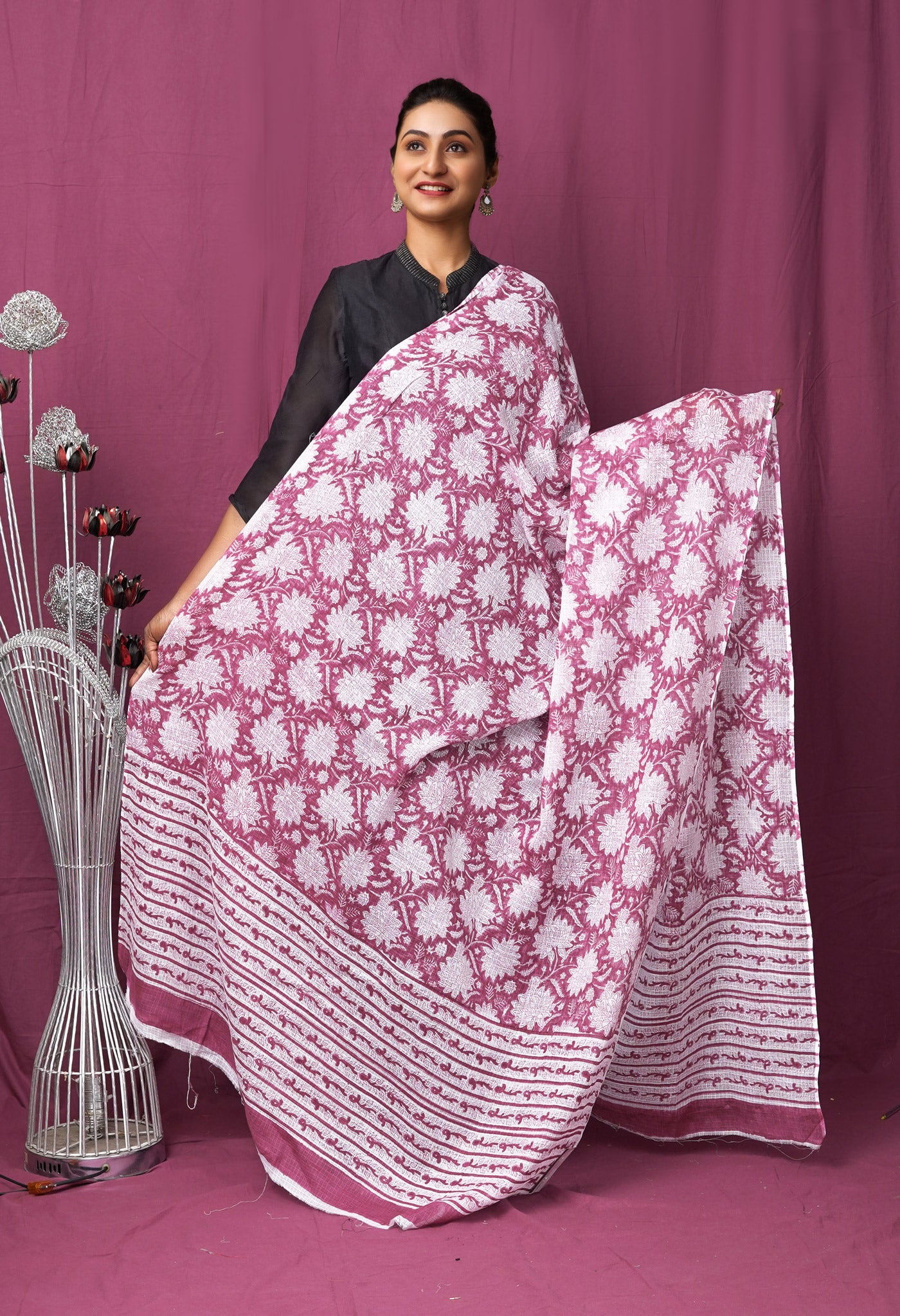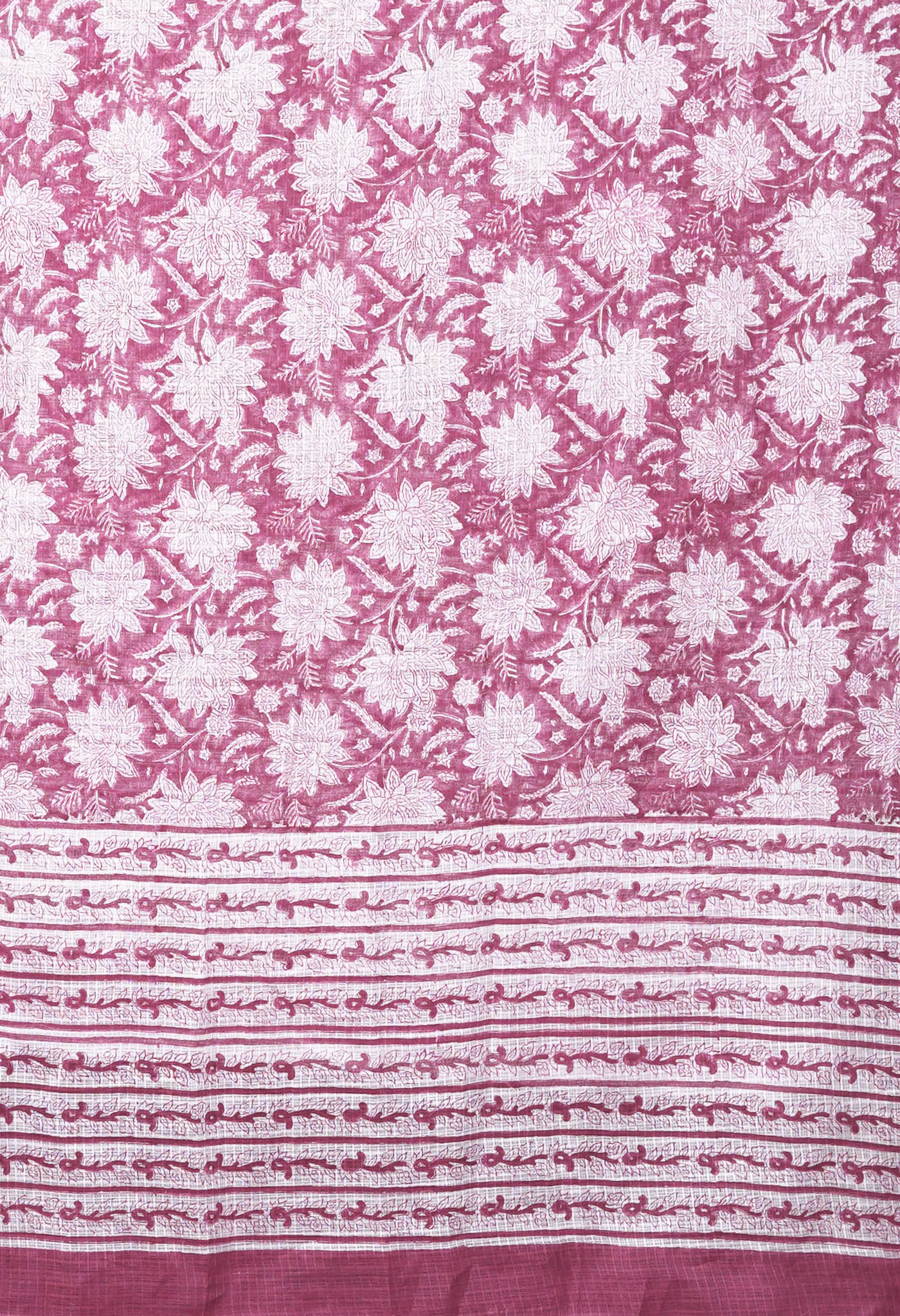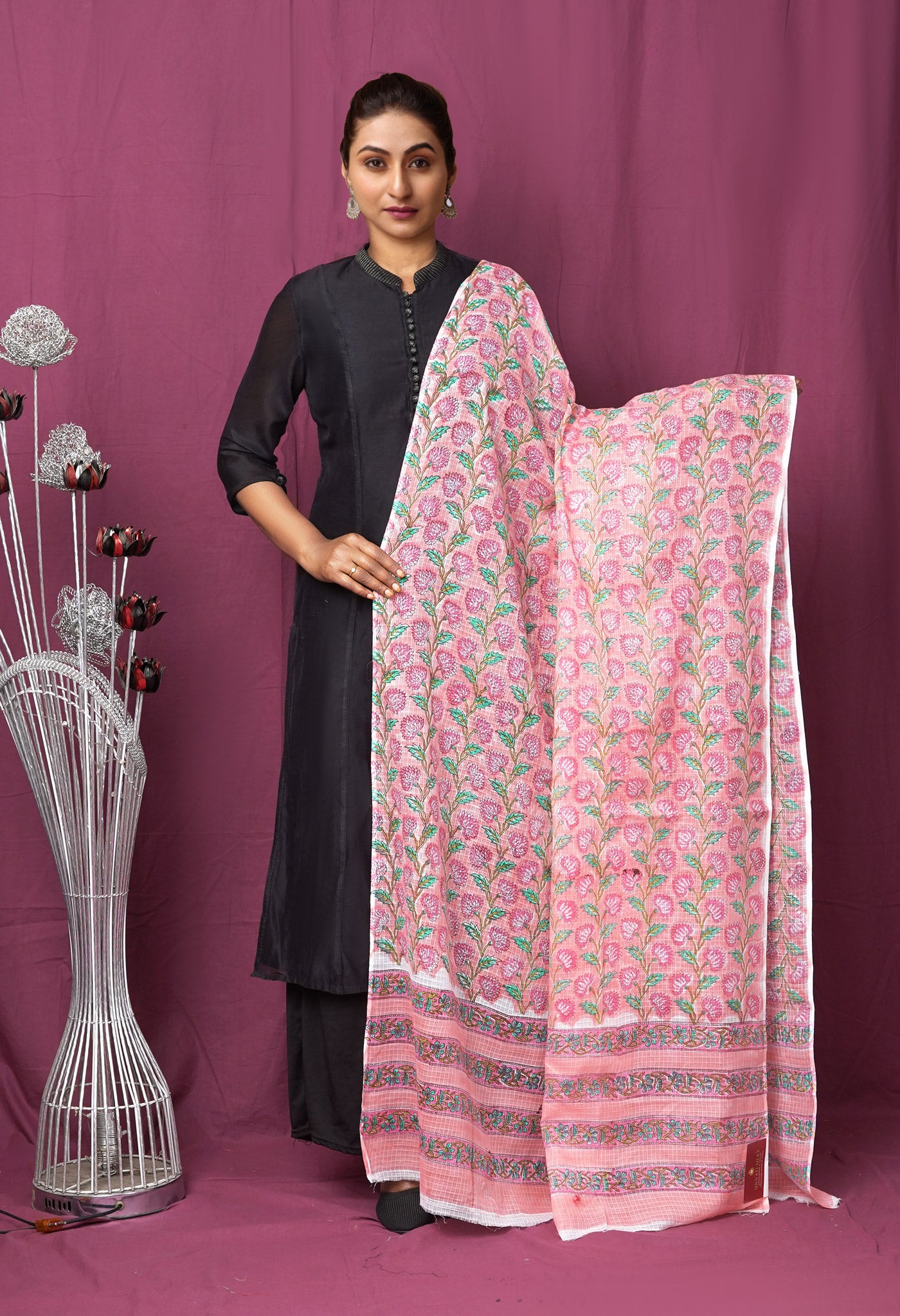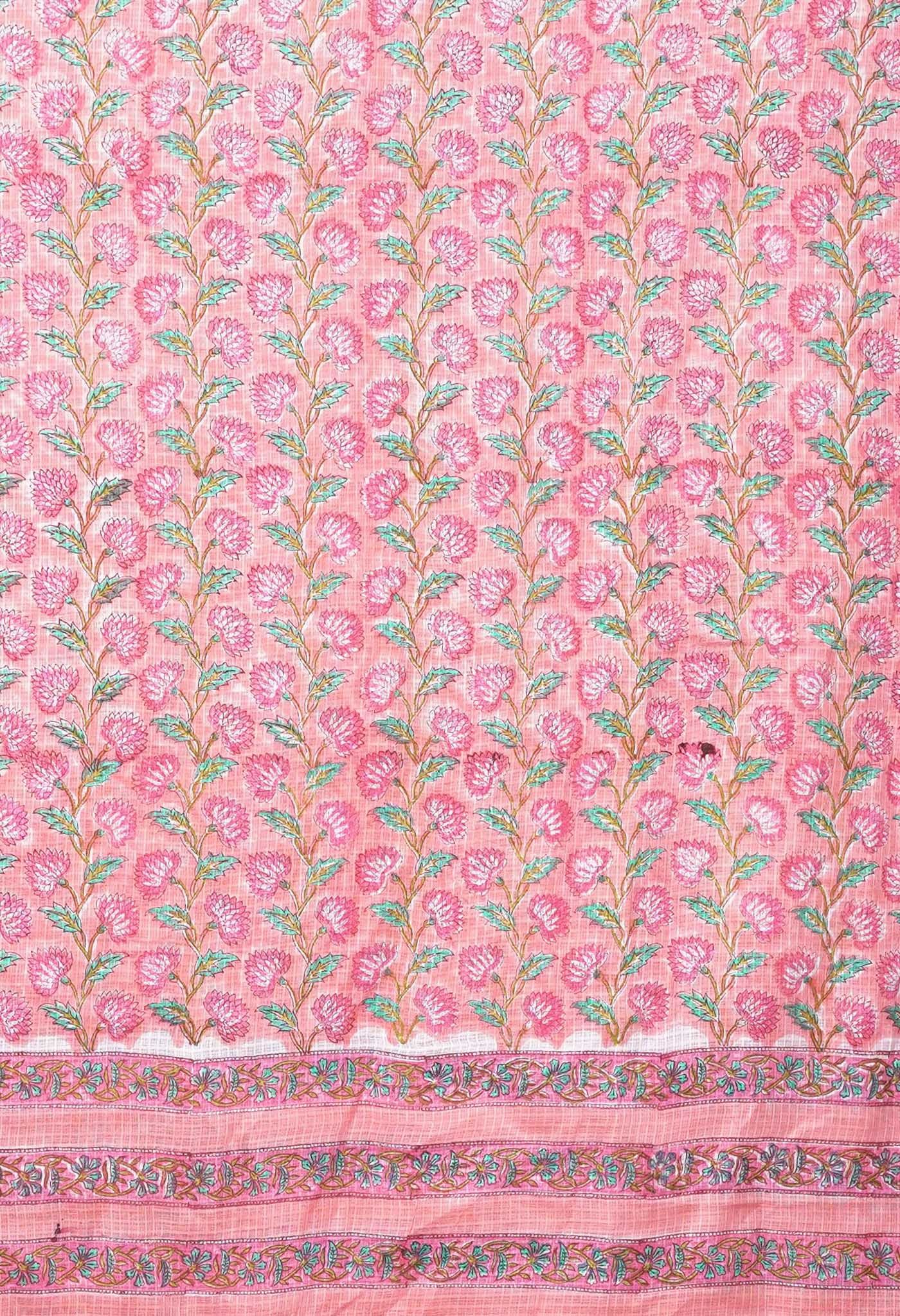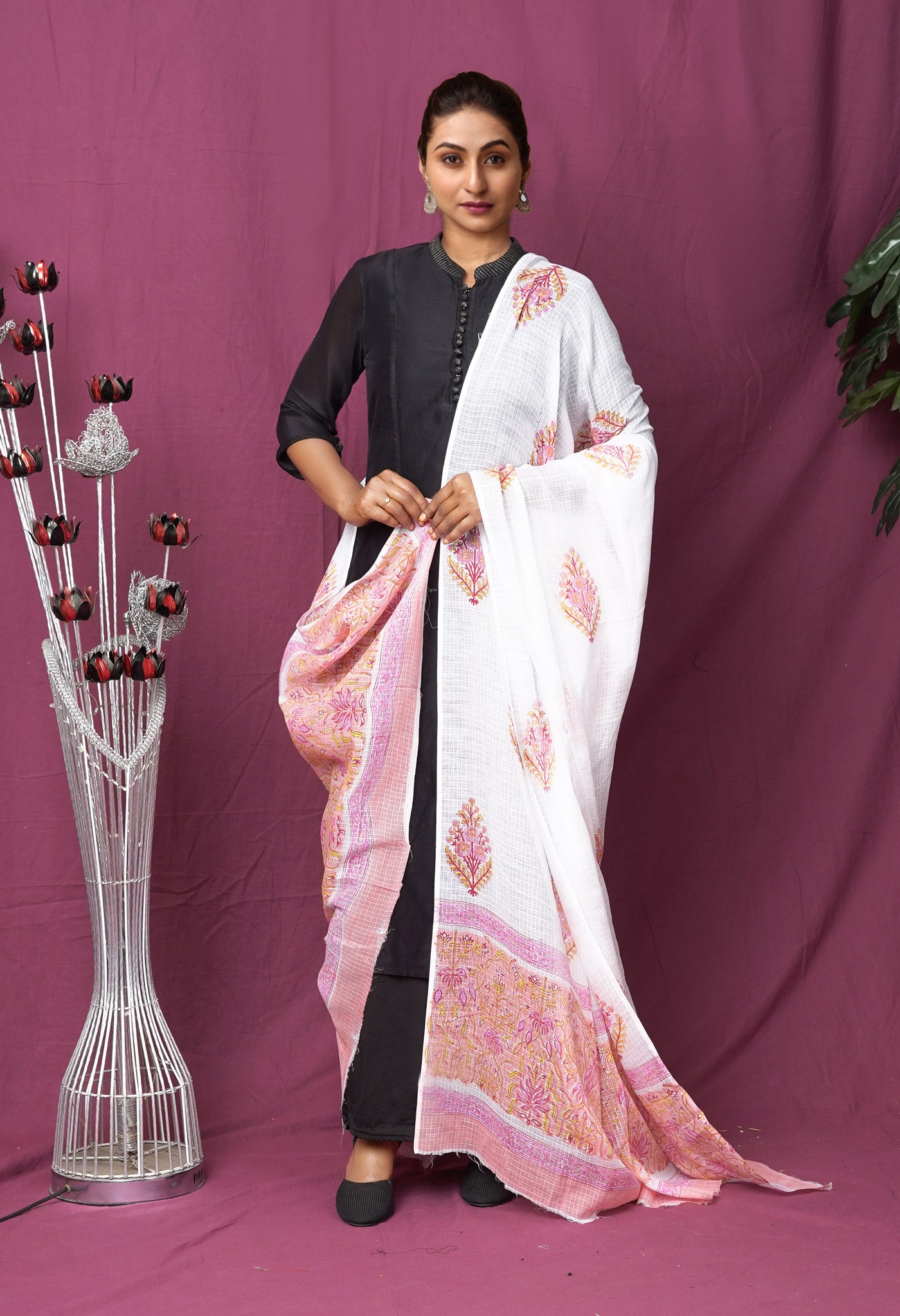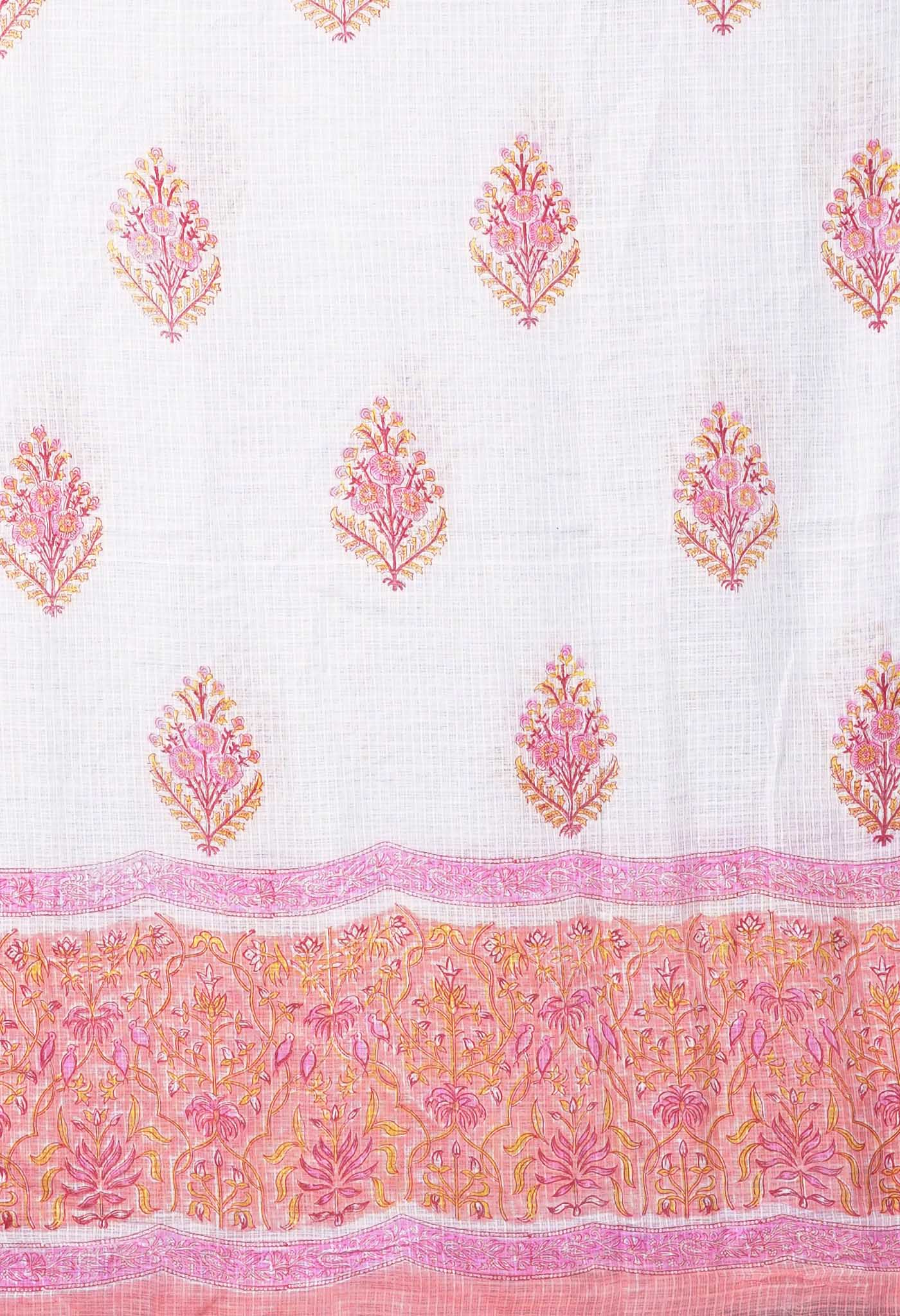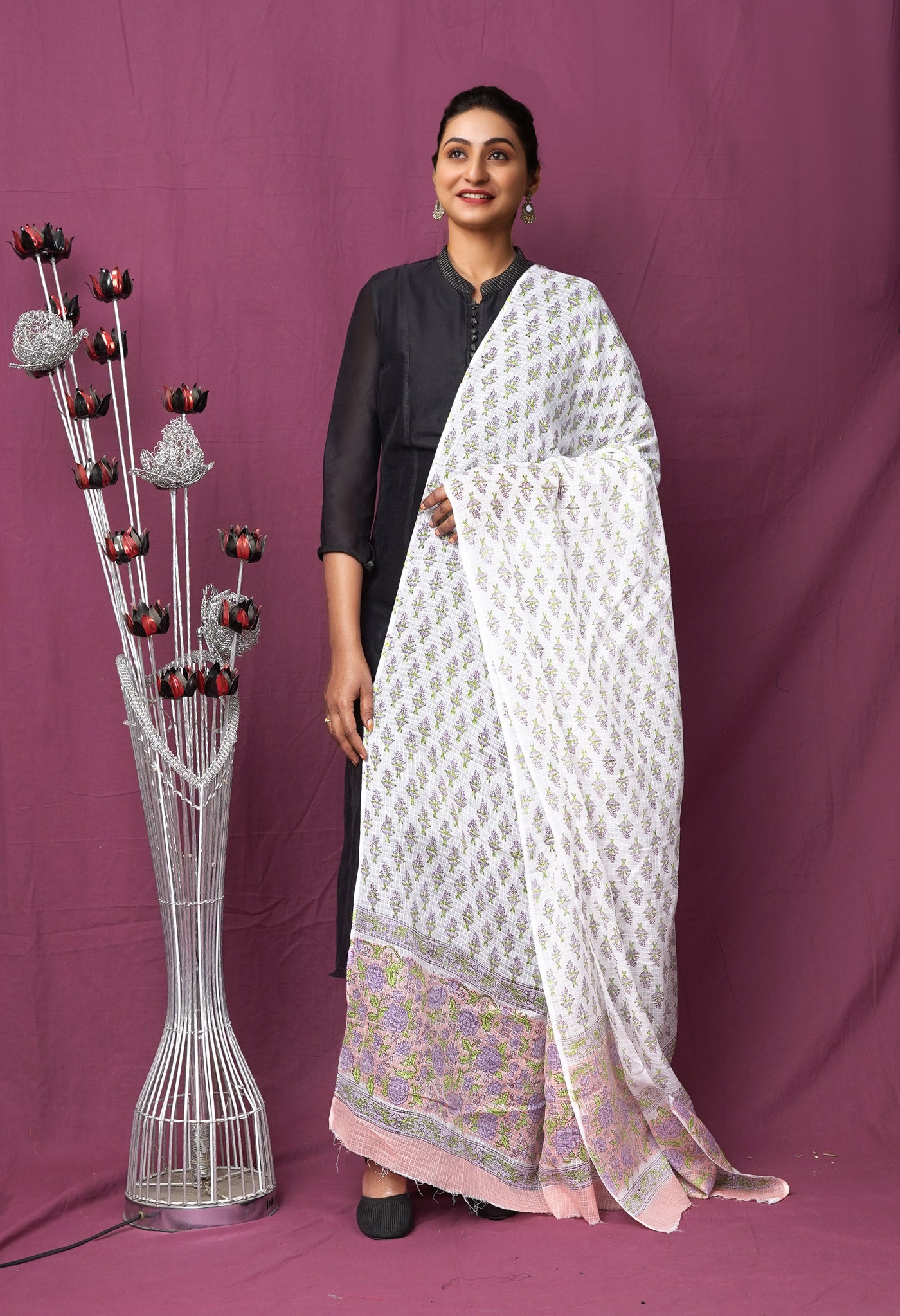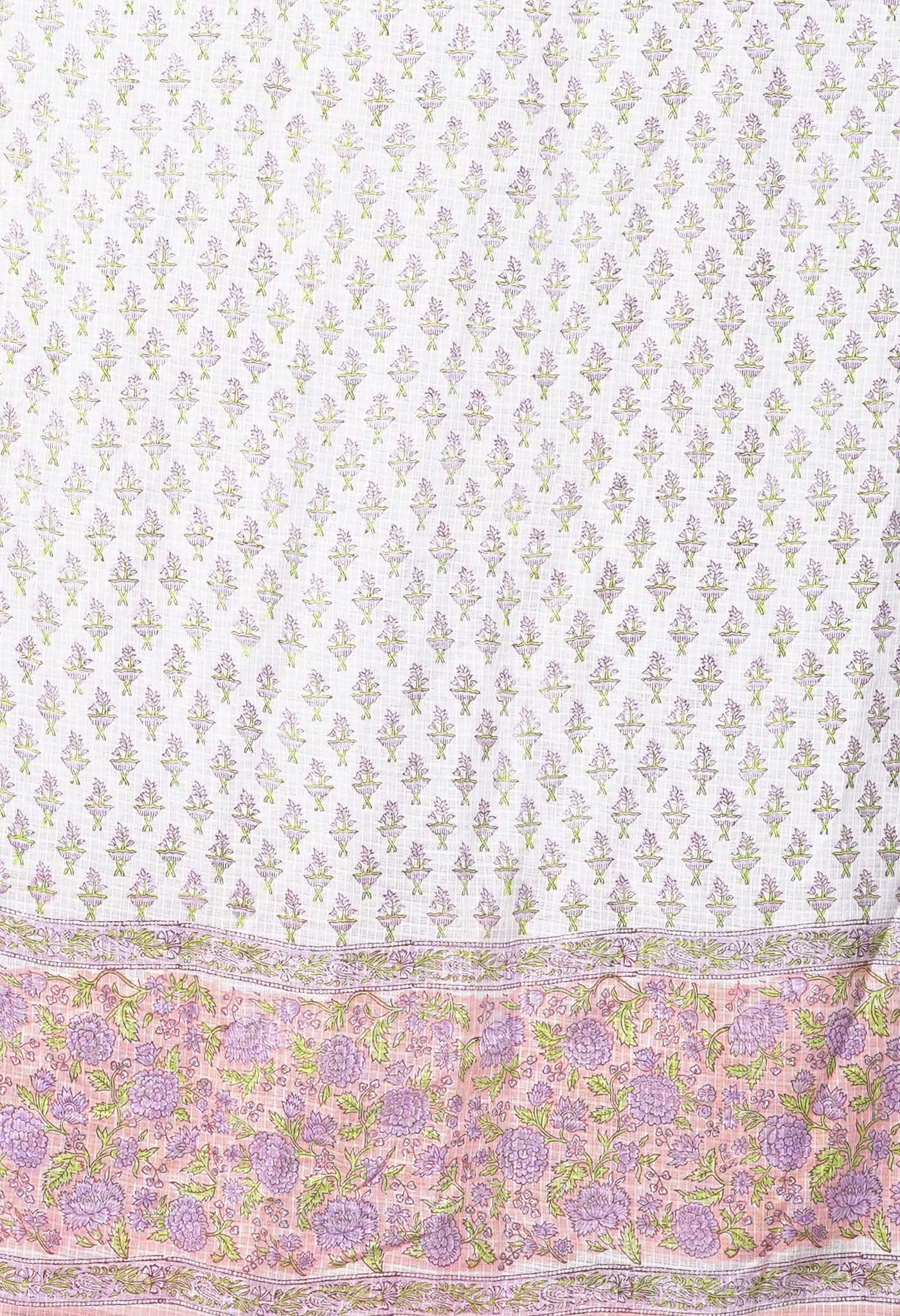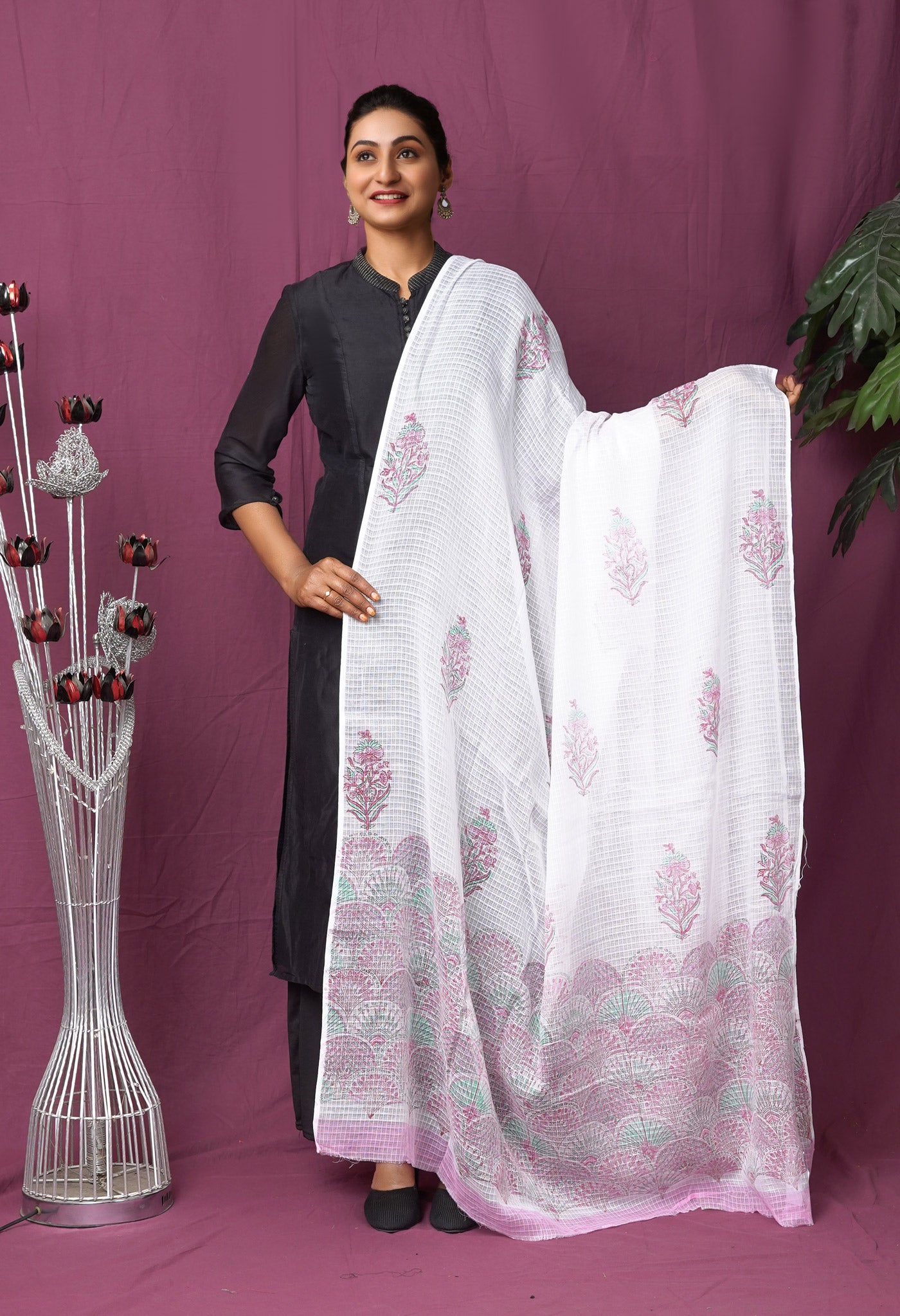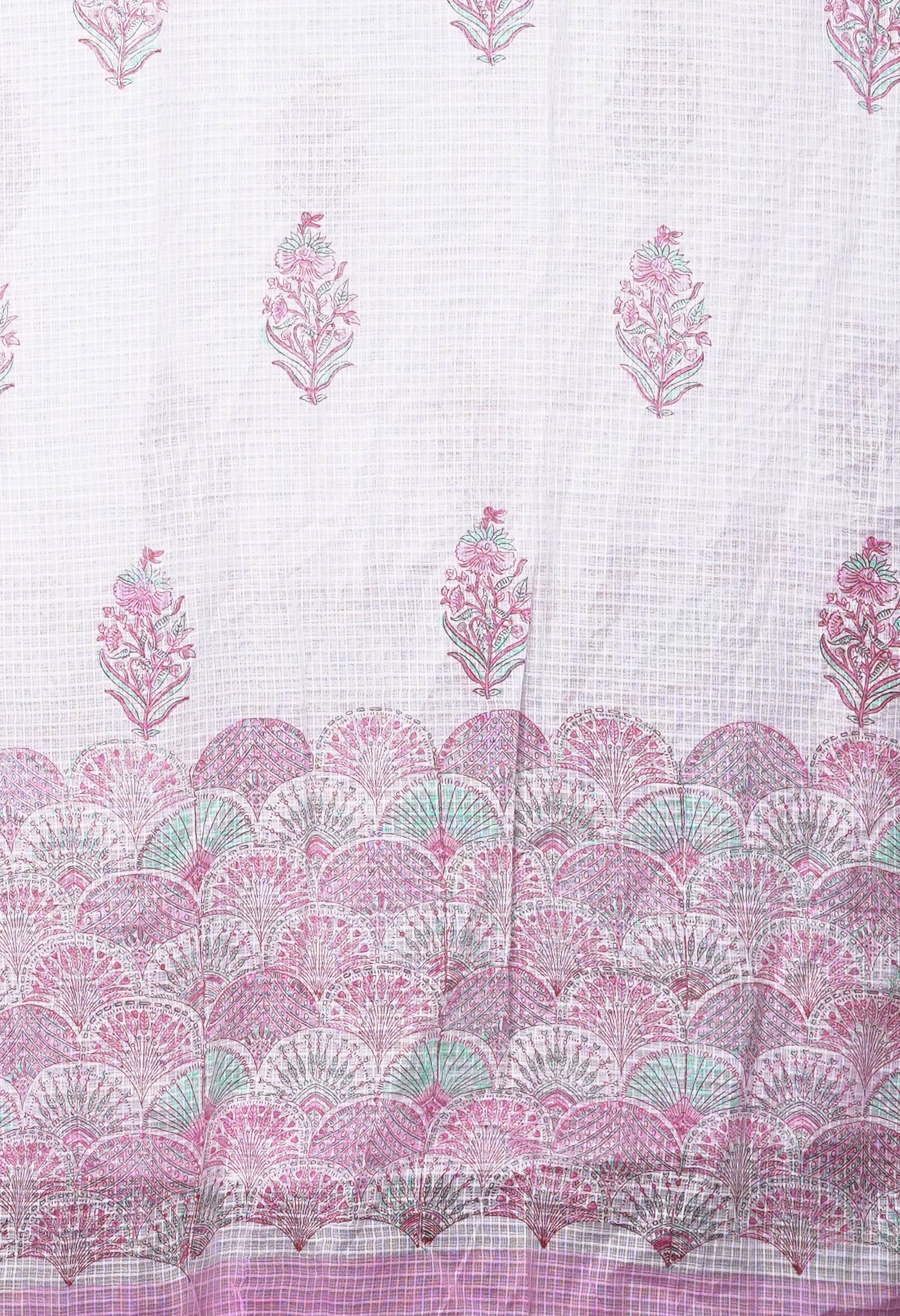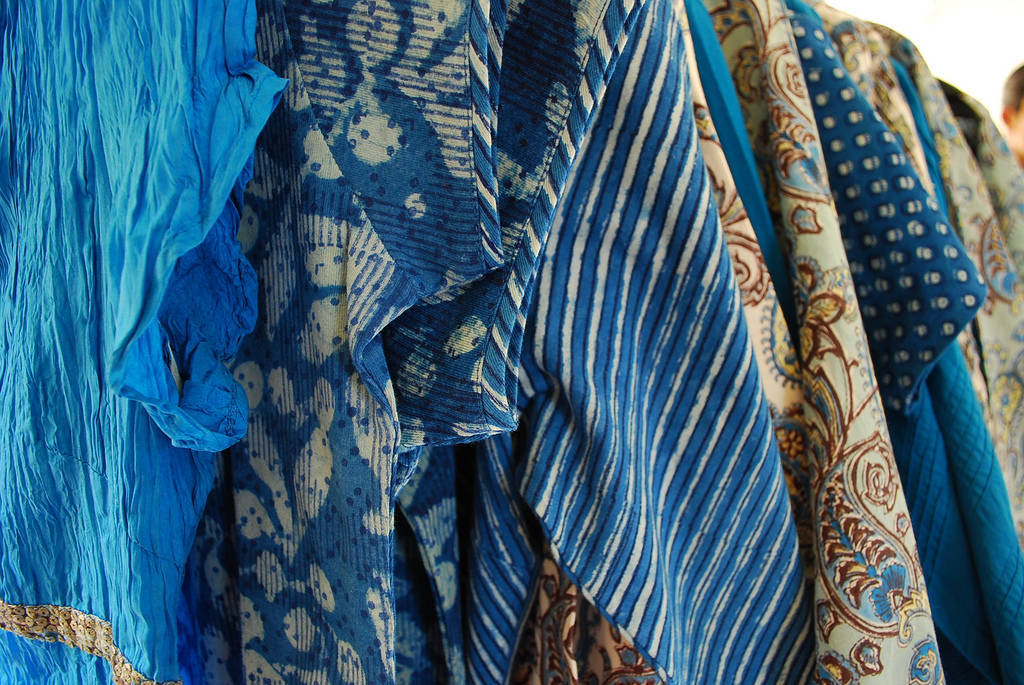
Go Green - In the Ethnic Organic Weaves
If you are for a ‘green’ world and have the desire to be part of the drive for a ‘clean and safe environment’, start with advocating for vegetable and natural dyes.
Vegetable dyes are made from the processing of vegetables and their skins. Natural dyes include vegetable dyes and also dyes made from many other substances from nature.
Vegetables like beetroot, tomato, carrot, onion, some leafy vegetables and fruits like pomegranate, grapes, guava, are examples of the vast and abundant sources for vegetable dyes available in nature.
Turmeric, acacia, red sandalwood, henna, madder, lac dye, are well-known examples of materials other than fruits and vegetables for natural dyes.
Chemical Dyes are a significant part of the textile industry and the clothes you are wearing would most likely have colouring from chemical dyes. The residue or waste from the colouring process would most probably land in some pool or lake. Naturally the toxic matter would pollute or contaminate the water body which could have marine life or be a water hole for cattle. In a rural village it would also be used by local children for swimming. Not to mention the nearby land if fertile and close to the water, being affected adversely.
[/vc_column_text][vc_gallery type="nivo" interval="3" images="4541,4530,4539,4534,4531,4533,4540,4535,4536,4537,4538,4532" img_size="645x400"][vc_column_text]
The cheering news about Natural Dyes is that
• they are easy on the skin and do not irritate or affect it,
• are fast colors and do not run despite several washes over the years,
• whose raw materials are directly available from nature
• and whose wastes are neither harmful to human life nor do they pollute. .
The US and most countries in Europe are ‘Green Obsessed’ and rightly so. The same cannot be said for India and many other smaller countries where the textile industry contributes significantly to the GDP.
India wishes to be part of the bandwagon but has neither the will nor the determination to do something drastic about it.
If Vegetable dyes and Natural dyes have not caught on in a big way, it is owing to facts like comparatively low yields from the raw materials, high cost of extraction of colour from raw sources, limited know- how about processes, insufficient production of colours and blends to meet the demands of the market for coloured clothes of a wide range of colours and shades.
Times are changing. Voices showing anguish and concern about the state of the environment are getting louder and louder within the land.
Unnati Silks is a commited player in ethnic fabrics, specifically sarees and salwar kameez. Knowing fully well the advantages of organic dyes it also advocates their use and does as much within its scope to propagate the message for a cleaner Earth. It would not be wrong in saying that of its 300 plus varieties of sarees and salwar kameez, there are a large number of them that make use of these vegetable colours. There is in fact an exclusive range of the Vegetable dyed sarees that includes Assam Sicos, Maheshwari Jute handlooms, Chanderi handloom Sicos and Tussar Silks, that focuses on the colour vibrancy and panoramic variety.
Nature shows the way and it is up to us to follow. If we wish to fill our lives with colours all around us, and without harm to ourselves or the environment, we must advocate the use of substances that nature provides from its bounty.
And the day is not far off when India too will demonstrate that it means business, and start by having the ritualistic Holi festival played with natural colours only, through an Ordinance.
[/vc_column_text][/vc_column][/vc_row][vc_row][vc_column][/vc_column][/vc_row]

